GREENING THE SUPPLY CHAIN • 4 THINGS TO KNOW ABOUT UPCYCLED FOODS PLANET-FRIENDLY PRODUCE • OUR 2024 IMPACT AWARD WINNERS REVEALED!


GREENING THE SUPPLY CHAIN • 4 THINGS TO KNOW ABOUT UPCYCLED FOODS PLANET-FRIENDLY PRODUCE • OUR 2024 IMPACT AWARD WINNERS REVEALED!


Kruger Products is honoured to be recognized for our positive impact on communities across Canada for the third consecutive year.
As a Canadian company, we’re committed to giving back to the communities we serve. We understand the pivotal role sports play in bringing families and communities together, and the opportunities that present themselves when kids have access to sports. With the Kruger Big Assist, we’re making hockey more accessible and inclusive, giving all kids the chance to participate in Canada’s game.
To date, the Kruger Big Assist has committed over $800,000 to minor hockey associations, helping over 1,000 Canadian families get access to hockey. Together with Canadians, we’re removing barriers to participation and fostering a more inclusive hockey community.





Proud to have awarded $200,000 to these Canadian hockey communities
This year’s five winning associations were selected for their impressive efforts to encourage kids to play hockey by removing barriers and making the game more accessible and inclusive. Congratulations to:
Whitecourt Minor Hockey Association - Whitecourt, AB
Fernie Minor Hockey Association - Fernie, B.C
Beaujeu Minor Hockey Association - Napierville, QC
St. Catharines CYO Minor Hockey Association - St. Catharines, ON
TASA Minor Hockey Association - Upper Tantallon, N.S

The TSA Minor Hockey Association belongs to a community that su ered wildfires last year, resulting in the evacuation of residents and the destruction of homes. The association united and covered registration fees for a ected families, while also providing new gear for kids who lost their equipement. It aims to further assist families in need of financial support and to create diversity and inclusion initiatives to reach more kids in the community.


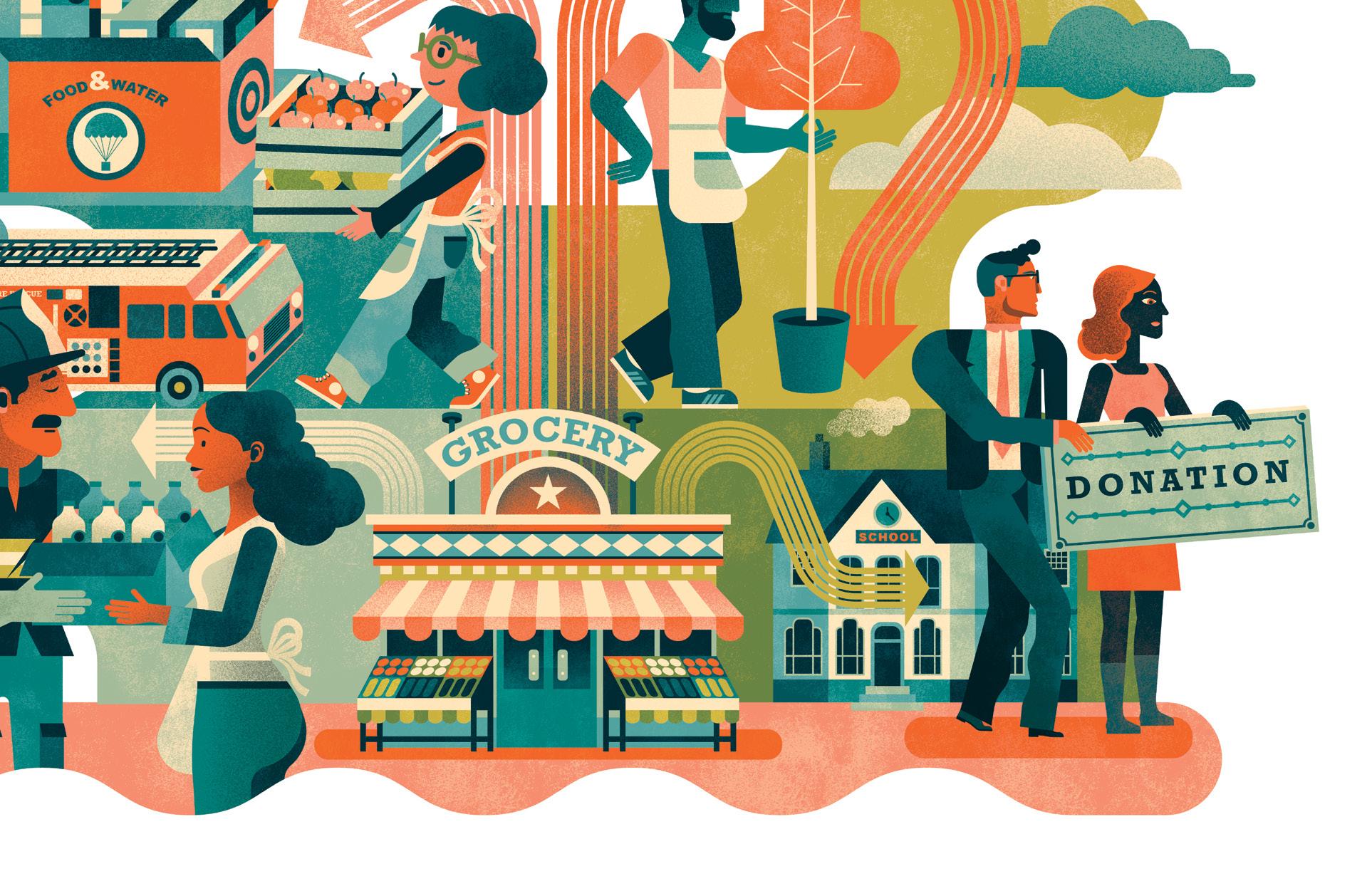
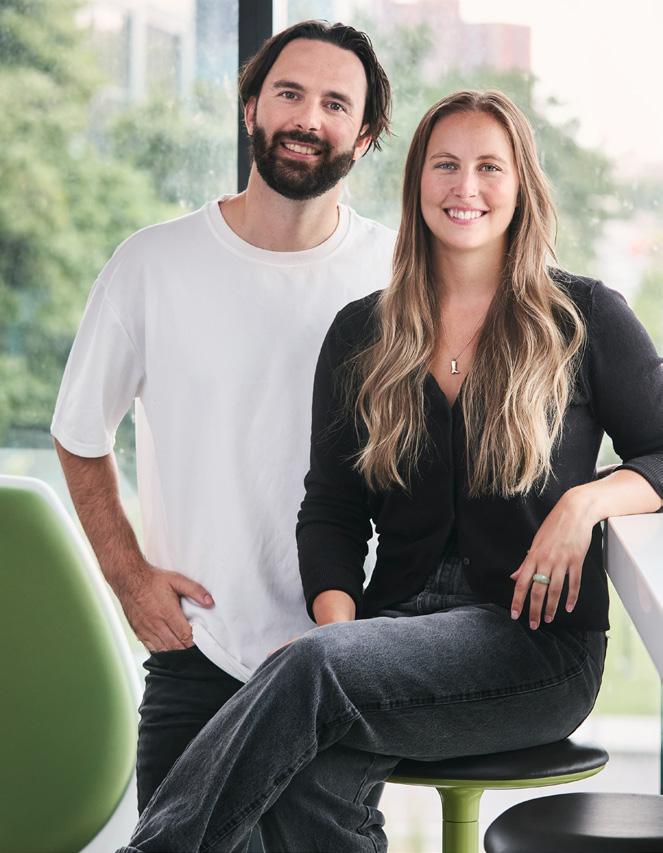
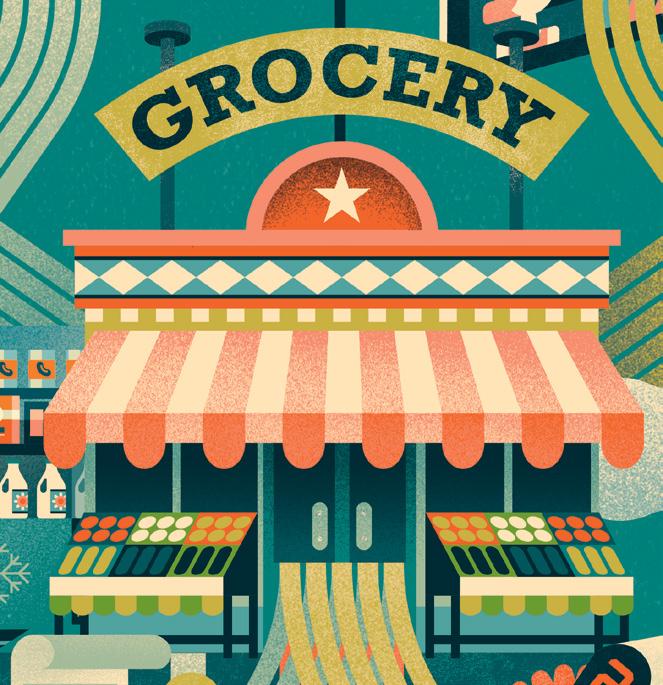
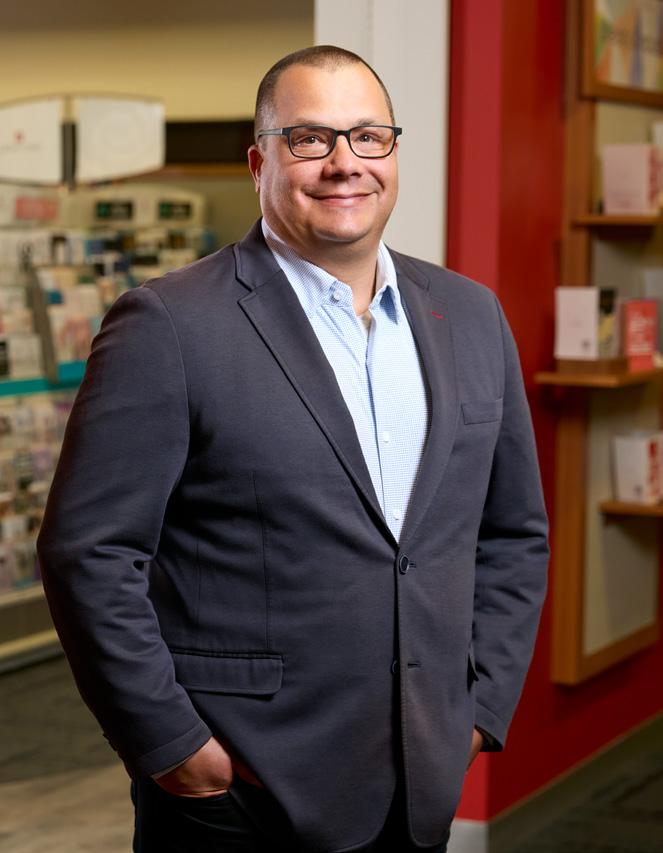

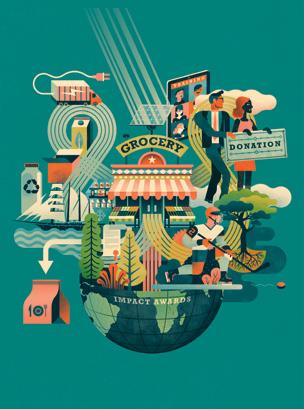

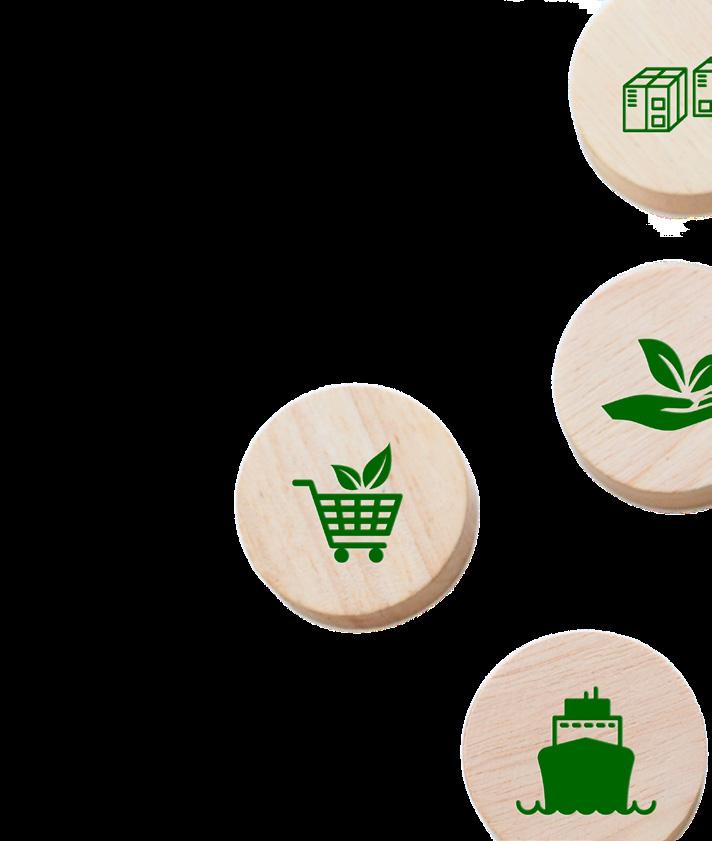





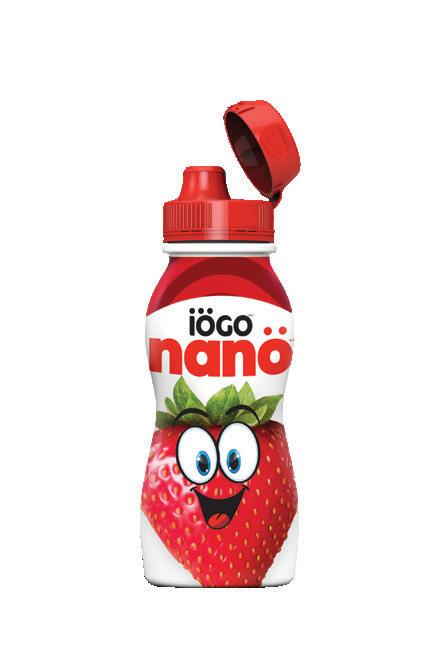


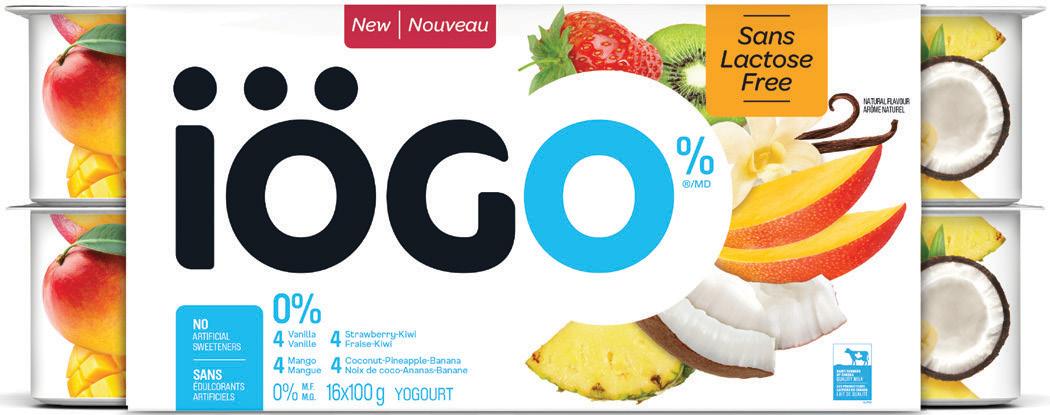









20 Eglinton Ave. West, Suite 1800, Toronto, ON M4R 1K8 (877) 687-7321 Fax (888) 889-9522 www.canadiangrocer.com
BRAND MANAGEMENT
SVP, GROCERY & CONVENIENCE CANADA Sandra Parente (416) 271-4706 - sparente@ensembleiq.com
PUBLISHER Vanessa Peters vpeters@ensembleiq.com
EDITORIAL
EDITOR-IN-CHIEF Shellee Fitzgerald sfitzgerald@ensembleiq.com
MANAGING EDITOR Kristin Laird klaird@ensembleiq.com
DIGITAL EDITOR Jillian Morgan jmorgan@ensembleiq.com
ADVERTISING SALES & BUSINESS
NATIONAL ACCOUNT MANAGER Karishma Rajani (437) 225-1385 - krajani@ensembleiq.com
NATIONAL ACCOUNT MANAGER Julia Sokolova (647) 407-8236 - jsokolova@ensembleiq.com
NATIONAL ACCOUNT MANAGER Roberta Thomson (416) 843-5534 - rthomson@ensembleiq.com
SALES CO-ORDINATOR Juan Chacon jchacon@ensembleiq.com
DESIGN/PRODUCTION/MARKETING
CREATIVE DIRECTOR Nancy Peterman npeterman@ensembleiq.com
ART DIRECTOR Jackie Shipley jshipley@ensembleiq.com
SENIOR PRODUCTION DIRECTOR Michael Kimpton mkimpton@ensembleiq.com
MARKETING MANAGER Jakob Wodnicki jwodnicki@ensembleiq.com
EDITORIAL ADVISORY BOARD
BONNIE BIROLLO SOBEYS; RAY HEPWORTH , METRO; KEN KEELOR , CALGARY CO-OP; BRENDA KIRK PATTISON FOOD GROUP; CHRISTY MCMULLEN SUMMERHILL MARKET; GIANCARLO TRIMARCHI VINCE’S MARKET
SUBSCRIPTION SERVICES
Subscriptions: $102.00 per year, 2 year $163.20, Outside Canada $163.20 per year, 2 year $259.20 Single Copy $14.40, Groups $73.20, Outside Canada Single Copy $19.20. Digital Subscriptions: $60.00 per year, 2 year $95.00
Category Captain: Single Copy $20.00, Outside Canada Single Copy $30.00 Fresh Report: Single Copy $20.00, Outside Canada Single Copy $30.00
Subscription Questions: contactus@canadiangrocer.com
Phone: 1-877-687-7321 between 9 a.m. to 5 p.m. EST weekdays Fax: 1-888-520-3608 Online: www.canadiangrocer.com/subscription

CORPORATE OFFICERS
CHIEF EXECUTIVE OFFICER Jennifer Litterick
CHIEF FINANCIAL OFFICER Jane Volland
CHIEF OPERATING OFFICER Derek Estey
CHIEF PEOPLE OFFICER Ann Jadown
CHIEF STRATEGY OFFICER Joe Territo
MAIL PREFERENCES: From time to time other organizations may ask Canadian Grocer if they may send information
(including letters to the editor, press releases, promotional items and images) from time to time. Canadian Grocer, its affiliates and assignees may use, reproduce, publish, republish, distribute, store and archive such submissions in whole or in part in any form or medium whatsoever, without compensation of any sort. ISSN# 0008-3704 PM 42940023 Canadian Grocer is Published by Stagnito Partners Canada Inc., 20 Eglinton Avenue West, Ste. 1800, Toronto, Ontario, M4R 1K8.
Printed in Canada



At the time of this writing, the Paris 2024 Olympics are in full swing. So far, they’ve been marked by dazzling opening ceremonies, spectacular displays of athletic achievement, medals galore (Team Canada has nabbed 11 of those) and, of course, the games wouldn’t be complete without a scandal or two (Canada has supplied one of those, too).
But there’s another, less buzzy story to be told about these Olympics—the ambition to make the Paris Games the greenest ever. Paris 2024 organizers say they’ve been laser-focused on reducing emissions (halving those of the previous games in London and Rio) and have gone all-out to be greener, including, where possible, using existing venues rather than building new ones; ditching traditional air conditioning in The Olympic Village for a geothermal cooling system; and providing the 11,000 athletes cardboard beds that will be recycled after the games wrap up. While these efforts may not be perfect (as expected, there’s plenty of criticism out there), the commitment to do better is impressive, nonetheless.
In this, our Positive Impact Issue, we’re shining a light on companies in our industry that are making a difference.
We’ve got plenty of examples. The Pretty Ugly Company is one. Hating food waste, Montrealers Lysanne Bourret and Pierre-Olivier Gendron took action and started a salsa business using imperfect tomatoes that would otherwise be wasted. Their company is gaining momentum, with more and more retailers making space on their shelves for the upcycled sauce. (Read the story on page 12.)
Of course, we’re also delighted to reveal


the winners of Canadian Grocer’s 2024 Impact Awards. Turn to page 35 to read about the many inspiring ways companies in this industry are stepping up with innovative and meaningful initiatives to support communities, make workplaces more inclusive and tackle big societal challenges such as food insecurity, mental health and climate change.
In keeping with the positive impact theme, we've also got stories on grocers greening their supply chains ( page 27 ), planet-friendly produce ( page 69 ) and, finally, advice from Deloitte's Joe Solly ( page 78 ) on how grocers can prioritize their sustainabilty efforts and build better businesses. CG
Shellee Fitzgerald Editor-in-Chief sfitzgerald@ensembleiq.com
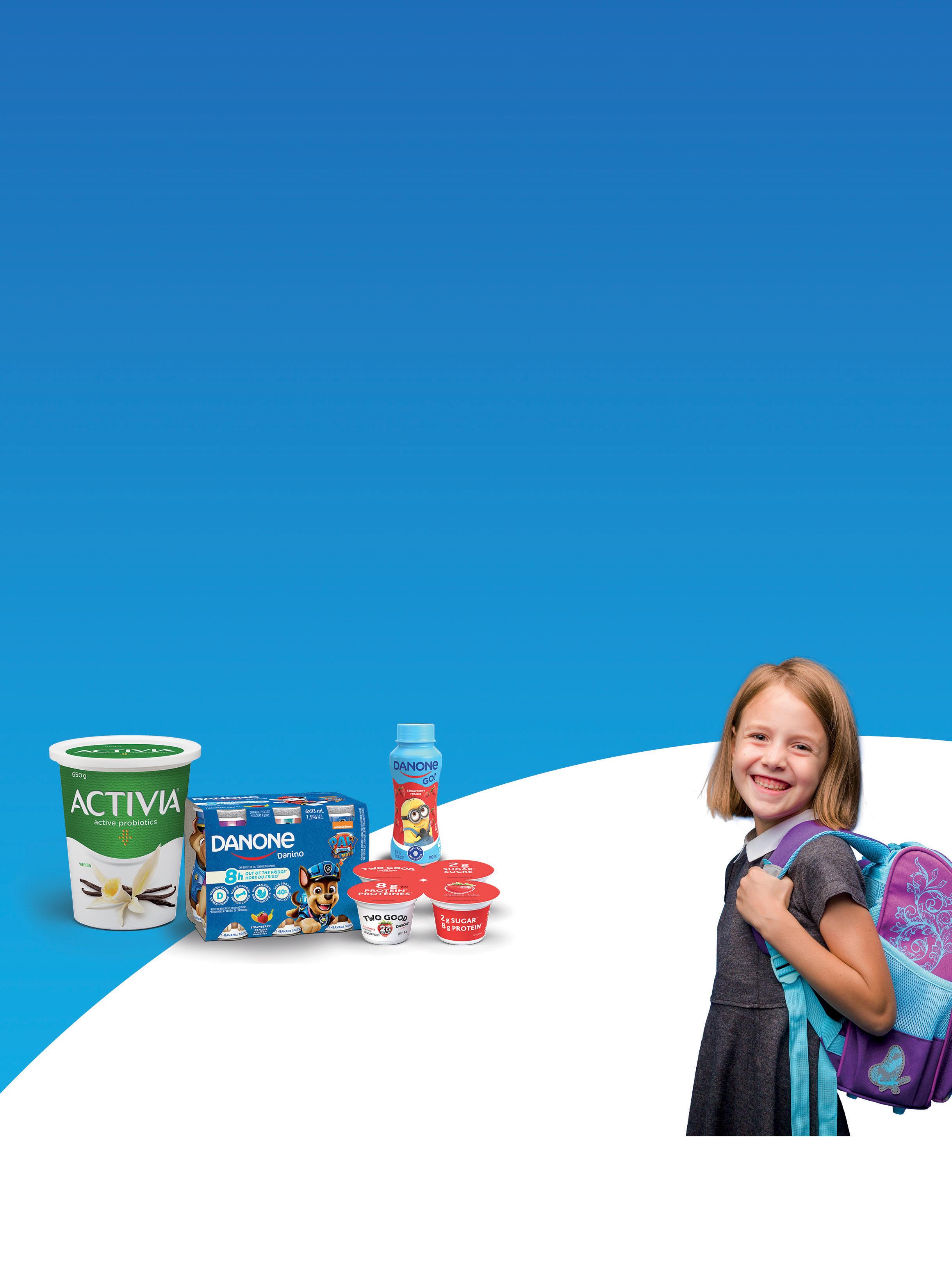
*Since 2021, Danone has committed to donating $1.2 million dollars over 5 years to Breakfast Club of Canada for new school breakfast programs and to donate 2.5 million products to Breakfast Club of Canada every year.
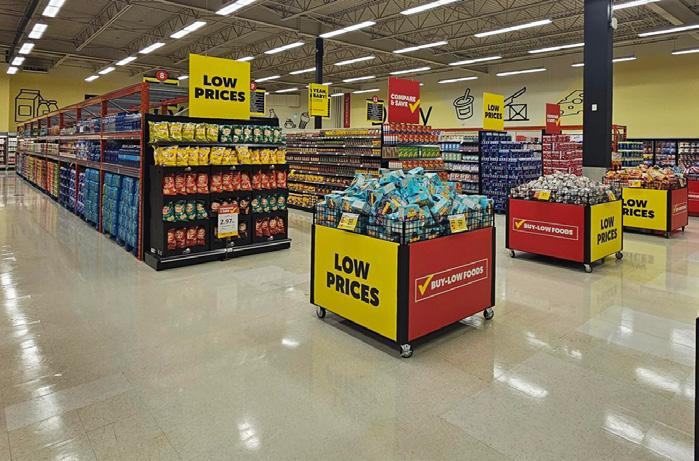
Buy-Low Foods
Parkwood offers fresh produce, meat and dairy departments as well as “The Drop Zone” aisle with deals and discounts
Empire's Farm Boy banner continues to grow. This time with a 25,000sq.-ft. store in Mississauga, Ont.
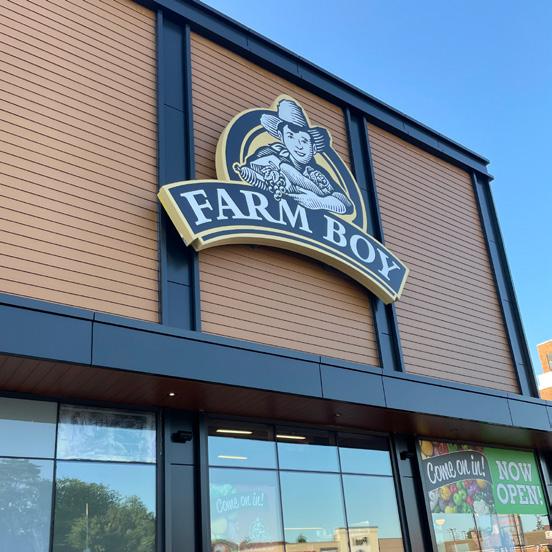
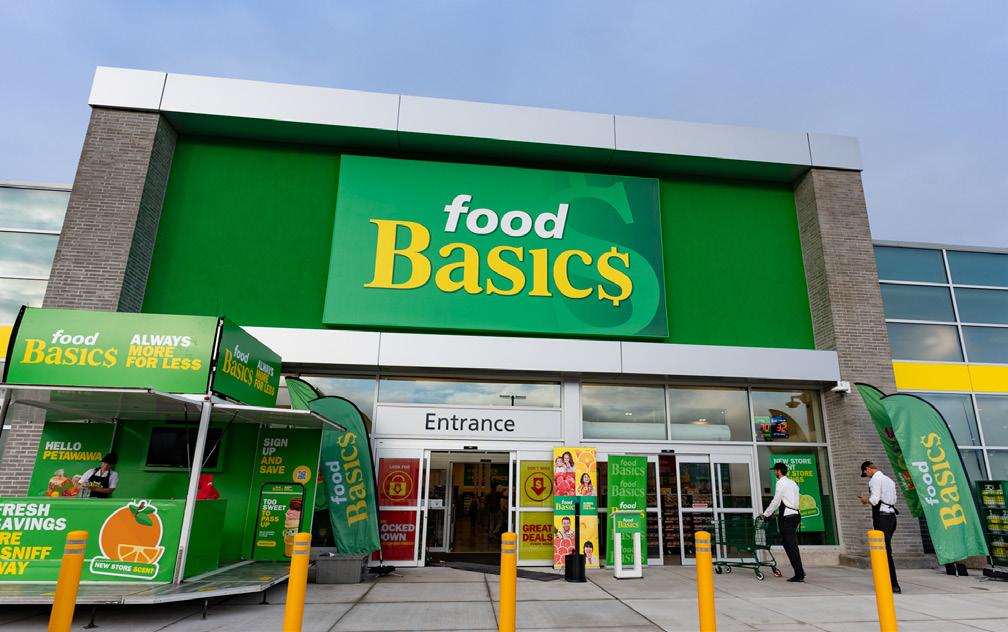
Food Basics' new store in Petawawa, Ont. is the Metro banner's 145th location in the province
FARM BOY has opened its 49th location in Ontario. The 25,000-sq.-ft. space in the community of Port Credit in south central Mississauga, features a produce department stocked with local fare, a range of private-label products, a hot bar, a salad bar, a floral section and an outdoor patio. The Empire-owned banner also recently announced it’s moving into a space at Laird and Wicksteed in midtown Toronto that was formerly occupied by Sobeys.
Petawawa, Ont. is home to a new FOOD BASICS . The 32,000-sq.-ft. store opened in late July at 3018 Petawawa Blvd. and is the Metro-owned banner’s 145th Ontario location. The company says the new, modern space will serve up high-quality, budget-friendly products as well as locally-sourced items and fresh meat and produce.
Otter Co-op and Federated Co-operatives Limited have partnered on a new store format called CO-OP ESSENTIALS. The smaller-format store is in Surrey, B.C.'s Cloverdale community and offers what the companies describe in a press release as “a convenient one-stop shop with everyday savings on everyday essentials."
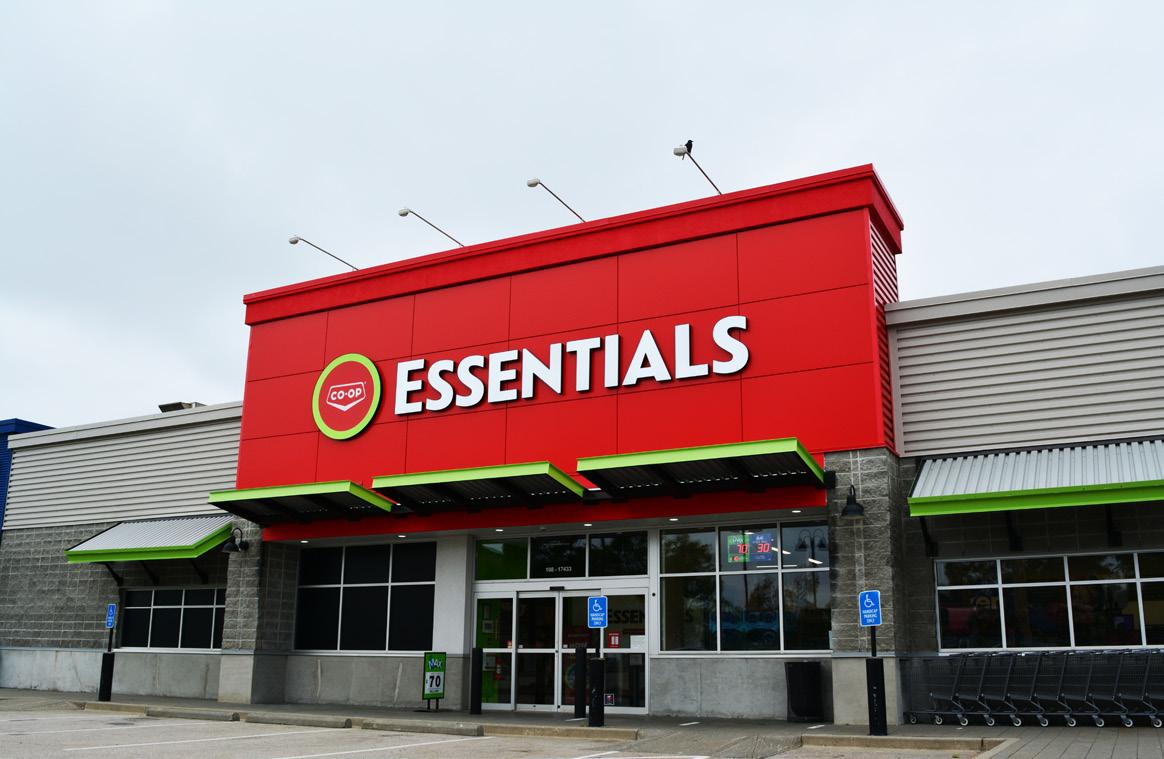
Co-op Essentials is billed by its owners as a "one-stop shop with everyday savings on everyday essentials"
RABBA opened its 37th store in July. Located at the corner of Bay and Gerrard in Toronto’s downtown core, the new location offers local and organic produce, fresh meats, Canadian and imported cheeses, popular snacks, grocery items, as well as the Rabba Kitchen with hot, ready-to-eat meals and freshly made salads.
A little over a month after debuting its small-format store in downtown Toronto, Loblaw’s discount chain NO FRILLS expanded the concept with a location in the city’s Liberty Village neighbourhood in early July. The smallformat stores are less than half the size of a traditional No Frills, but still offer an extensive assortment of grocery items, fresh produce, meat and baked goods.
The Pattison Food Group has opened the doors to its BUY-LOW FOODS PARKWOOD store in Prince George, B.C. In addition to fresh produce, meat, dairy and deli departments, the store features “The Drop Zone” aisle with deals and discounts as well as the “Caselot” aisle with bulk quantities of everyday items.
KALEMART24 is expanding its footprint with a store in Gatineau, Que. and a store in Ottawa. In a press release, the company said the opening dates would be announced soon. KaleMart24, a convenience store chain focused on better-for-you food and beverage options, currently operates three locations in Montreal.
HASTY MARKET is adding to its recently launched The Market concept store with two new franchise agreements. Locations and opening dates for the stores have yet to be announced. Introduced last May in Hamilton, Ont., the offshoot brand offers convenience store staples, groceries, freshly prepared meals-to-go and smoothies made in-house with real fruit.





Ontario grocer Goodness Me! has appointed Danny Brannagan as its new CEO. He stepped into the role on an interim basis in April, following former CEO Bruce Beacham’s retirement. Prior to his promotion, Brannagan had served as the retailer's chief financial officer since January 2022.
GoodLeaf Farms has appointed former M&M Food Market CEO Andy O’Brien as its new president and chief executive. O’Brien succeeds Barry Murchie, who is transitioning to a role on the company’s board of directors. Prior to M&M Food Market, O’Brien worked for such companies as General Mills, Campbell Soup Company, Sunkist, Mars and Cara.
Lactalis Canada recently made two executive appointments. The Canadian dairy company announced Jean-Yann Bucaille as vicepresident, information technology and Ronan Lostanlen as vice-president, manufacturing – Dairy Food Group. In his new role, Bucaille, who was most recently with Maple Leaf Foods, will drive the company’s digital transformation, SAP deployment, industrial automation and more. Lostanlen, meanwhile, will oversee the company’s cheese, tablespreads and ingredients manufacturing operations and teams across Canada. He joins Lactalis Canada from Lactalis Group in France.
The Canadian Produce Marketing Association (CPMA) has named Greg Palmer as its vicepresident of trade and market development, a newly created role within the organization. Palmer has been tasked with strengthening CPMA’s membership offerings and expanding into new markets. Palmer previously served as procurement director, produce, for Loblaw and prior to that he spent more than six years at Costco Wholesale Canada.
Equifruit has made an executive change. It has promoted Kim Chackal to vice-president of sales and marketing. Chackal joined the company in 2014 as a sales representative before moving into the sales manager role.
In 2019, she was named director of sales and marketing. In 2023, Chackal became co-owner of the business and joined its board.
Distribution Canada Inc., in association with the Canadian Independent Grocery Buyers Alliance, handed out the 2024 Star Awards. In all, six awards were presented as part of the organization’s annual Business Summit on June 4. This year’s winners: Diamond Packaging Supplies (Partner of the Year), Sharpe’s Food Market (Retailer of the Year), Fiesta Farms (Social Responsibility Award), Chapman’s Ice Cream (Innovation) and Kacee Kudrinko of Kudrinko’s (Leader of the Year). And the Lifetime Achievement Award was presented posthumously to Ingrid Willemsen of Sunripe Freshmarket.
The Canadian Federation of Independent Grocers (CFIG) has named Ron Welke as its new president and CEO. Welke succeeds Tom Shurrie, who joined CFIG as senior vice-president and chief operating officer in 2017, before moving into the top role in 2018. To help with the leadership transition, Shurrie will act as an advisor to both Welke and the board of directors until the end of this year. Over the last 32 years, Welke has held progressively responsible positions with Federated Co-operatives Limited, most recently serving as associate vice-president of food.
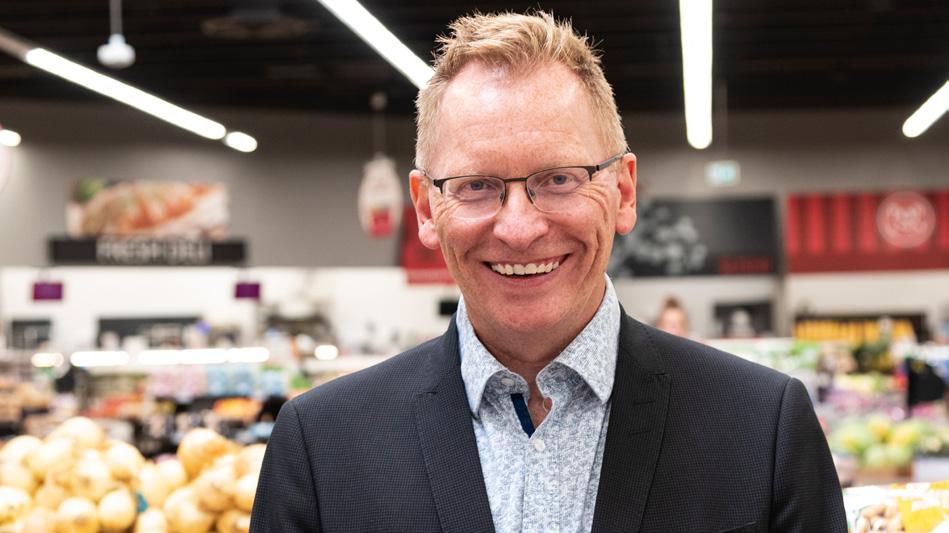
We want to hear about the grocery industry’s rising stars! If you know someone working in grocery (retailer, distributor or supplier) under age 40 who is innovative, excels at what they do and is showing a commitment to the grocery industry, nominate them for the 2024 Generation Next Awards at cggennext.ca/2024. If you’re that awesome, you can nominate yourself, too! Winners will be featured at our GroceryConnex event in November and in Canadian Grocer’s December/January issue. Nominations close Sept. 13.



from top) DCI’s
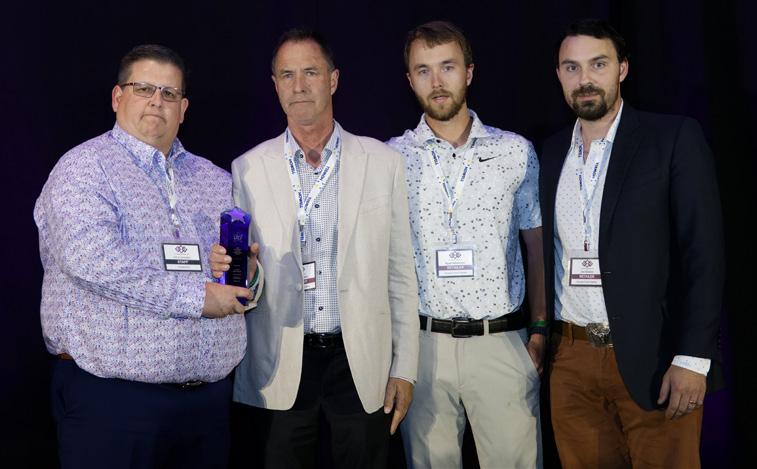
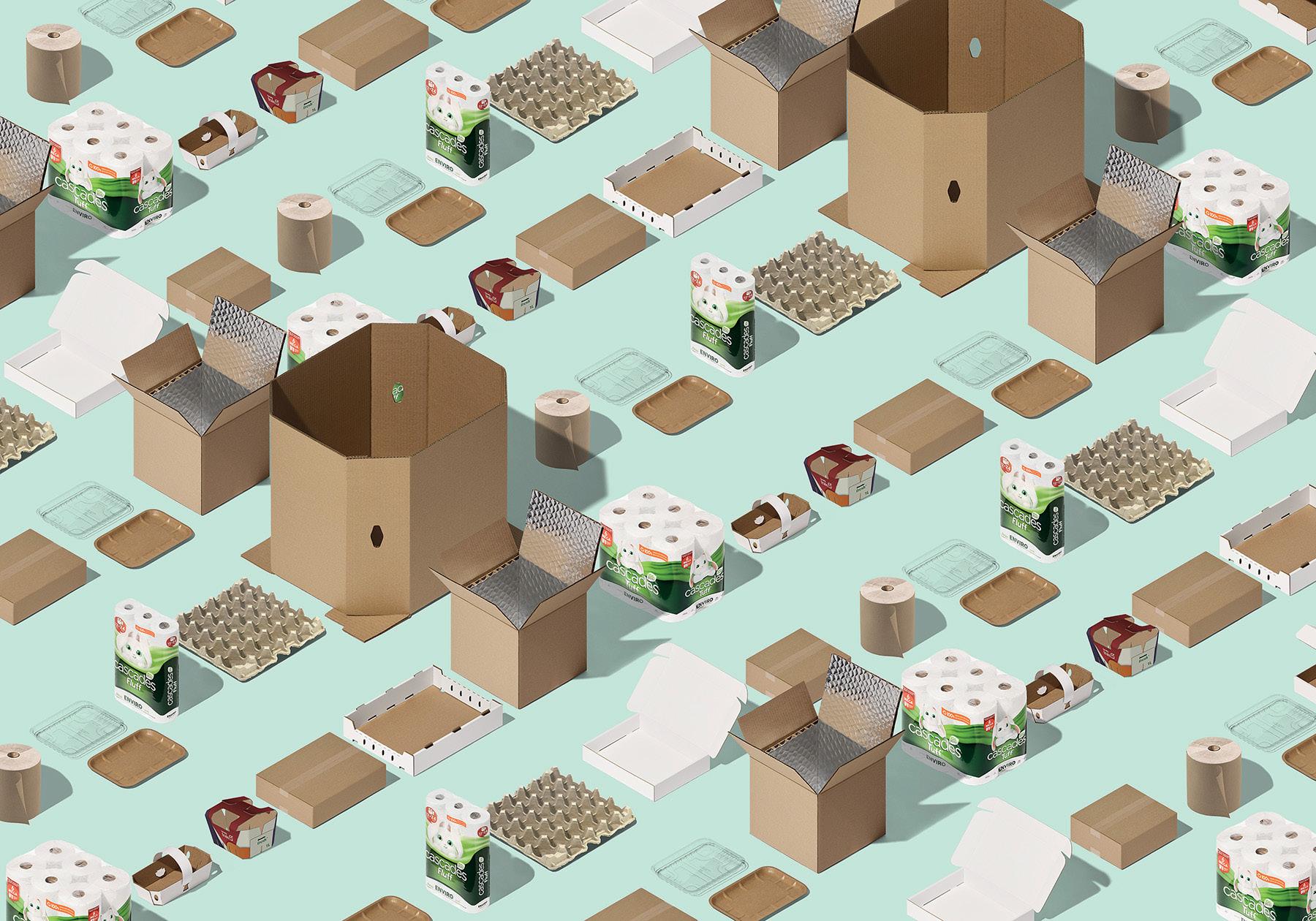


Hating food waste, this Montreal couple decided to do something about it by starting a salsa business using “ugly” tomatoes Who you need to know
By Andrea Yu Photography by Chantale Lecours
When lys A nne bourret and Pierre-Olivier Gendron graduated from university in 2020 and started their first jobs—Bourret in social media marketing and Gendron in sales— it didn’t take long for the Montreal-based couple to feel dismayed by their nine-tofives. “We realized quite quickly that it wasn’t going to fit us,” Gendron explains. “We needed to do something we truly cared about, something that motivated us a little bit more than selling a product that didn’t represent our core values.”
The couple met back in 2014 while working as servers at an Italian restaurant in Montreal, so it made sense they would turn their thoughts to starting a food business. After discovering tomatoes are the most-wasted food item, Gendron and Bourret became focused on creating a product using the popular fruit. In 2021, the couple began tinkering with recipes and landed on a salsa recipe that earned rave reviews from family and friends. Soon afterwards, they decided to start a salsa business named Pretty Ugly, with mild, medium and spicy varieties.
Gendron quit his sales job and picked up part-time serving again, which allowed more flexibility to dedicate to their burgeoning business, while Bourret continued her social media marketing job. Finding farmers and distributors to partner with was easy for the pair. “There are so many tomatoes to save,” Bourret says. “We always pay for our tomatoes, so we can put value in tomatoes that people say are ugly.”
In early 2022, Gendron spoke with a restaurant industry friend about their plans to start a salsa business. The restaurateur loved their vision, and to help, he gave the couple the use of his restaurant for free on Sundays when it was closed. “We asked family and friends to help us make salsa on a Sunday afternoon,” Gendron recalls. “We were working 12-hour days making 200 jars.” They began selling them at Montreal’s Jean-Talon Market, along with about 10 independent stores around the city. Then, a few months later, IGA came calling. “They said: Are you ready to sell in 300 IGAs across Quebec?” says Gendron. “We went from producing 200 jars of salsa to having 18,000 jars ready for that first order.”
After partnering with a co-packer to help them produce their salsas en-masse, Pretty Ugly made its Quebec IGA launch
with the three salsas in August 2022. A few months later, the couple added a handful of IGA locations in Atlantic Canada to their roster.
Pretty Ugly had an exclusivity agreement with IGA for its first year in business, so instead of pursuing new grocers, Bourret and Gendron focused on developing a complementary product to their salsas: corn chips. “We make them with upcycled spent grains—what the breweries leave behind when they make beer,” explains Gendron. The corn chips launched in June 2023.
After their non-compete contract with IGA was over, Bourret and Gendron partnered with more retailers, notably Metro and health and wellness retailer Healthy Planet. Another big win for the couple was landing an agreement with Whole Foods Market—their products will be in 14 stores across Canada as of September 2024. That same month, Pretty Ugly will launch in about 30 Farm Boy stores, too. “It keeps getting more and more popular by the week,” Bourret says.
Going into business with your significant other is no easy feat. But, for Bourret and Gendron, they never doubted their ability to succeed as a team. “We worked together in the restaurant industry before,” says Gendron. “We know we can handle a lot of stress.” In the beginning, the couple found it difficult to split up tasks, but gradually found a rhythm. “Pierre-Olivier and I have the same type of personality, so we wanted to do everything together,” Bourret explains. “But, I’m better at marketing and communications and Pierre-Olivier is better at the money stuff and logistics.”
In May, Bourret finally quit her fulltime social media marketing job. A month later, Gendron quit his serving gig. Now, the couple is focusing all their energy on building the Pretty Ugly business. They’ll need to; Bourret and Gendron plan to launch two products this year: a jalapeno cheddar chip and another tomato-based sauce—moves they hope will help with their goal of expanding into more stores across Canada and, eventually, the United States. It’s risky, but the couple couldn’t imagine doing it any other way.
“It’s been an incredible ride,” Gendron explains. “To have a good impact on the environment and helping farmers, we wouldn’t trade it for any other thing in the world right now. It’s super fulfilling.” CG
30 seconds with …
WHAT’S THE BEST PART OF YOUR JOB?
LYSANNE: The people. Every encounter is different whether it’s feedback from customers or other entrepreneurs we meet. There’s so much motivation from them that we can take. Whenever we go to an event, we come home super hyped about it. Meeting people is energizing for us.
WHAT HAS BEEN YOUR BEST DAY IN THE BUSINESS, SO FAR?
LYSANNE: When we did a photoshoot to let people know we were available in all IGAs across Quebec. It was such a fun moment and confirmation that our business was really starting. We went to the parking lot of an IGA and launched confetti, which was super fun, but then we had to clean it all up.
WHAT’S THE BEST CAREER ADVICE YOU’VE RECEIVED?
PIERRE-OLIVIER: Just start. Like Nike says, “Just do it.” You can have the best or worst business plan, but it’s actually [by] doing it that you know whether it works or not. You just have to start; you’ll learn so much along the way.
WHAT’S YOUR FAVOURITE PRODUCT FROM THE LINEUP?
LYSANNE: We’re spicy salsa people. Even though it’s not our bestseller, it’ll always be my favourite because it’s the first salsa we developed.
WHAT DO YOU LIKE TO DO WHEN YOU’RE NOT WORKING?
PIERRE-OLIVIER: I like to play soccer at least once or twice a week. I used to play at a high level when I was younger. Now I play in a casual league, on a team that has been together for over five years. I love the competitive aspect of sports.




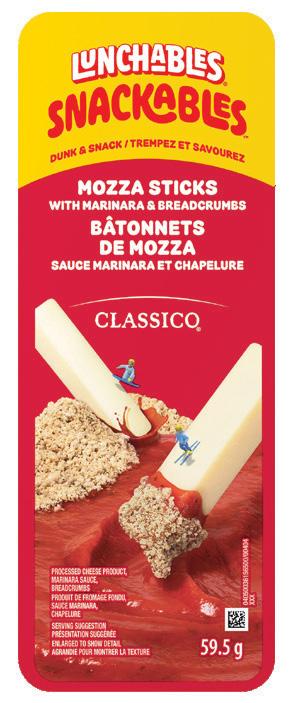










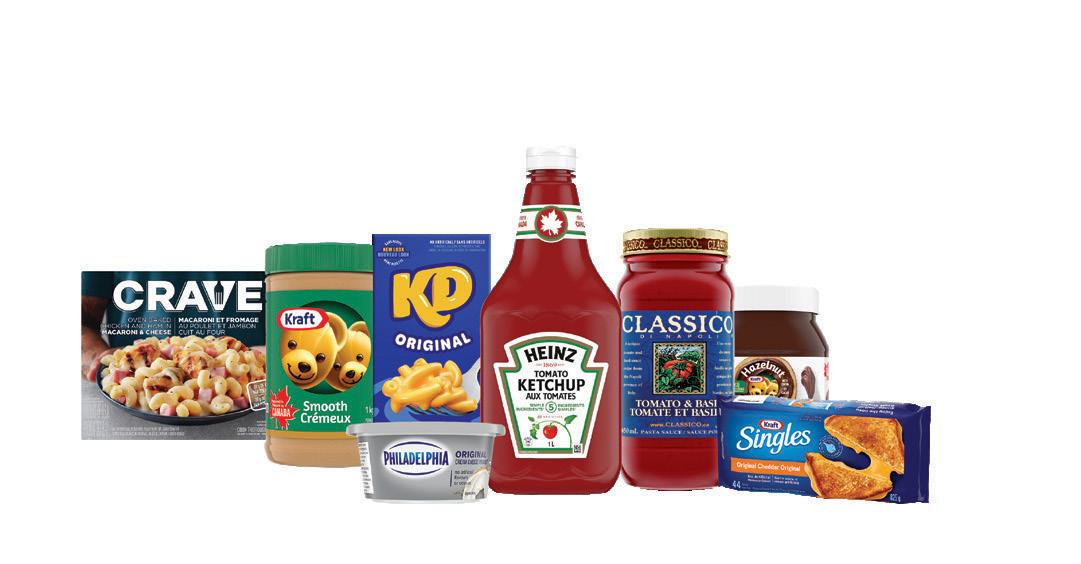
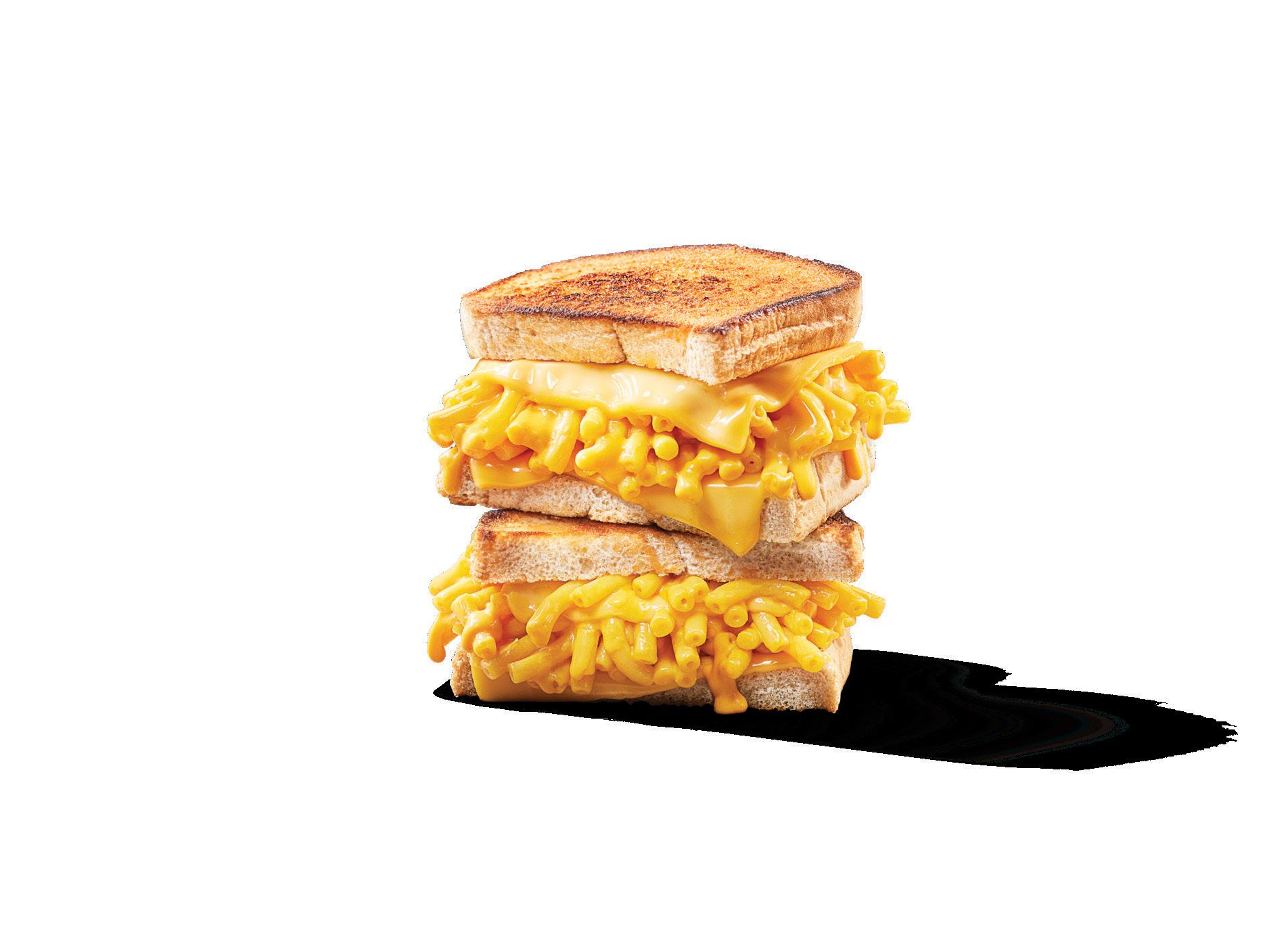

Food recAlls Are par for the course in the grocery industry, but with temperatures rising and climate change impacting supply chains, experts warn food safety issues may become more prevalent.
Celine Nadon is director of enteric diseases at the Public Health Agency of Canada's (PHAC) National Microbiology Laboratory. She says there’s no question foodborne illnesses are rising with warmer temperatures. “We’re already seeing some of the effects.”
There are strong associations between increasing air temperatures and various E. coli, salmonella and vibrio infections. Earlier this year, a number of class-action lawsuits were filed over salmonella-tainted cantaloupes sold in multiple provinces. Nine people died from the outbreak.
On top of air temperature concerns, extreme precipitation can cause contamination on surfaces at the production level, says Ben Smith, risk assessor at PHAC. “With climate change, we can also expect increased weather events … and longer power outages, which can interfere with food storage if there is no backup power,” he says. This can be critical for foods such as dairy that can develop harmful bacteria when temperatures are too high.
Smith says most grocers in Canada are already doing a good job when it comes to food safety, but as climate becomes more unpredictable, they should zero-in on a few key areas: checking that storage systems are operating properly at optimal temperatures and that there are backups in place, as well as ensuring clear communication with suppliers.
Monica Walker, head of food and grocery at Healthy Planet, says transparency is key with food safety. “When it comes to recalls, there needs to be a plan in place … we don’t want anything on shelves that could pose problems,” she says.
Creating a recall plan involves outlining the steps to take should a recall happen, including determining who will alert employees, notify supply chain partners, manage customer feedback and handle media inquiries, if needed.
Nadon says grocers have a huge role to play in educating consumers about food safety. “They’re on the front end … when I see a notice on the shelf about the lack of romaine lettuce, for example, because it has been recalled, that makes me so grateful that the grocery industry has put that messaging out.”
Rosalind Stefanac


$5 from the sale of this coffee maker supports food security programs with the Canadian Red Cross.*
Canada’s five major grocers have signed the code of conduct. Now what?
By Danny Kucharsky

While the m A jor Canadian grocers have signed on, there is still a lot of heavy lifting to do before the grocery code of conduct gets up and running next June, its supporters say.
Advocates of the code breathed “a sigh of relief” when federal, provincial and territorial agriculture ministers announced in July that holdouts Walmart and Costco were finally on board, joining Loblaw, Metro and Empire.
But, much work lies ahead, says Gary Sands, senior vice-president of public policy and advocacy at the Canadian Federation of Independent Grocers (CFIG).
The first big challenge will be to recruit an adjudicator to oversee the code. A search is underway and it should take about four months before the position is filled, says Michael Graydon, CEO of Food, Health & Consumer Products of Canada (FHCP) and chair of the interim board for the code.
A guidance document on the code’s principles must be developed and “there’s still going to be robust negotiations that take place between retailers and suppliers,” explains Sands, who
sits on the interim board. Educational materials must also be created to ensure retailers and suppliers understand the principles of the code.
Outreach to the independent grocers and small-to-medium-sized manufacturers that are not CFIG or FHCP members will be necessary, Sands and Graydon note. “We’re going to have to attempt to bring them into the fold to make sure the code is working for them,” Sands says.
In addition, a budget must be established for the year ahead and membership dues set for companies covered by the code of conduct. The office of the code will be self-funded.
“This has been a long process, but we are now able to move forward to implementation, which we believe will strengthen the relationship between all stakeholders involved and continue to provide Canadians with a healthy and robust food supply chain,” reads a report from the office of the grocery sector code of conduct interim board of directors.
Sands and Graydon are adamant the code was not watered down to bring holdouts Loblaw and, later, Walmart and
Costco into the fold. However, “we were happy to tweak the language in some areas to provide more clarity,” Sands says.
Graydon says getting all the retailers involved “was critically important to make sure that we had a pathway forward” for a voluntary code. The alternative would likely have been a government-regulated code.
“We felt very strongly that the code needs to be run, managed and facilitated by the industry and not within the hands of government because you lose control,” says Graydon.
Sands says the code will lead to cultural changes in how industry players deal with each other; however, it will not level the playing field. “The playing field in the food industry is never going to be level again. It’s too consolidated. The horse has jumped that fence and it’s galloped off the farm.”
Currently, independent retailers have little leeway in disputes with suppliers, says Sands. What the code will do is help independent grocers stay on the playing field, he says. “It will ensure that some of the practices that put independents at a competitive disadvantage are addressed. The adjudication process will be levelled [and] a one-store independent will be treated the same as a major supplier.”
Graydon says the code will provide economic certainty and stability for suppliers and bring more balance into the supplier-grocer relationship. Greater confidence within the manufacturing community should translate into investments in innovation, promotional spending and program spending.
The eventual result will be more product variety for consumers. As the grocery code of conduct “becomes common practice, it will also hopefully help stabilize pricing,” says Graydon.
Sands says relationships have already improved among board members who worked on the code. “Because we had to work together on this code, we stopped finger pointing and we started talking to each other instead of at each other.”
He sees brighter days ahead for Canada's grocery industry. “Five years from now, people are going to look back on how the industry has changed in terms of how it deals with each other, and they’re going to point to the code.”

Canadian Grocer’s Generation Next Awards honour emerging leaders (under 40) who are shaping Canada’s grocery industry. Ahead of this year’s nomination deadline, we checked in with past winners to find out how their careers are progressing By
Kristin Laird
Job then: Store brands specialist, Federated Co-operatives Limited (FCL)
Job now: Associate vice-president, food, FCL

What has changed in your career since winning the Generation Next Award? Shortly after receiving the award, I took on a new role within our centre-led procurement team. My responsibilities quickly expanded, leading to higher levels of leadership within procurement. Eventually, I transitioned into leading a new supply chain strategy and planning function at our organization. After spending a few years in procurement and supply chain, an exciting opportunity to lead our food division became available and I took that on a few months ago.
What future goals have you set for yourself? I aim to continue learning and to become the best leader I can be, while opening doors for those around me. One of my main goals is to work in executive leadership, and I aspire to be a CEO one day.
What career advice would you give your younger self? Embrace discomfort! Take risks, make mistakes and explore new things. The best opportunities often arise from stepping outside your comfort zone. Also, remember the journey is the destination. Find great people to work with, learn from them and don’t sweat the small stuff. Have fun and enjoy what you do!

Job then: Marketing manager, bathroom tissue, Kruger Products
Job now: Marketing director, paper towels & napkins, Kruger Products

What has changed in your career since winning the Generation Next Award? I have been fortunate to grow and develop within Kruger Products. Returning from maternity leave in 2022, I started a new role as director of marketing for our U.S. business, tasked with launching a regionally focused brand, White Cloud. I held that position until summer 2023, when I had an opportunity to move back to the Canadian marketing team, and into my current role, as the director of marketing for our paper towels business.
What future goals have you set for yourself? I set high expectations for myself! I am hoping to continue to grow and develop in advanced leadership roles within Kruger Products when I return from my upcoming maternity leave. I am expecting my third child at the end of 2024 and I’m grateful for Kruger Products’ continued support in both my personal and professional development.
What career advice would you give your younger self? Go slow to go fast. Don’t rush to get the next job title or promotion, soak in all the learnings. You are where you are meant to be!
Job then: Chief of staff & head of corporate strategy & development, Sobeys
Job now: Vice-president, corporate strategy & development and chief of staff, Sobeys

What has changed in your career since winning the Generation Next Award? I’ve continued to progress in my role and receive opportunities to support other areas of the business; for example, by establishing new strategic partnerships or developing strategies to enhance key growth pillars.
What future goals have you set for yourself? In my career, I would like to continue advancing my learning and development and rounding out my skill set. This could be by progressing into new and larger roles at Sobeys and, in the near term, by continuing to grow and add value in my current position.
What career advice would you give your younger self? Enjoy the role you’re in!
What was your toughest professional decision? Leaving management consulting to pursue a career in grocery retail. I am very thankful for the skills I developed and individuals I met while in consulting; making the decision to move into the retail industry felt scary at the time, but I’m very glad with the decisions I’ve made and the path I’m on today.
The responses have been edited for clarity and length.




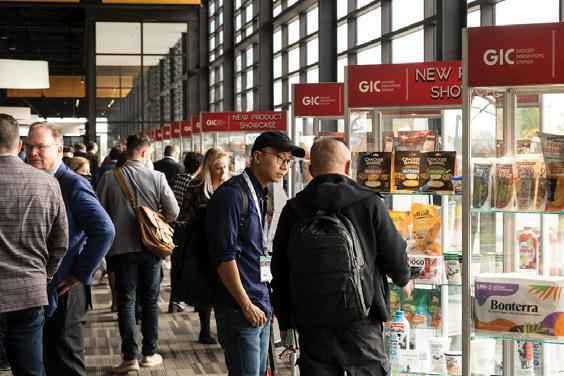
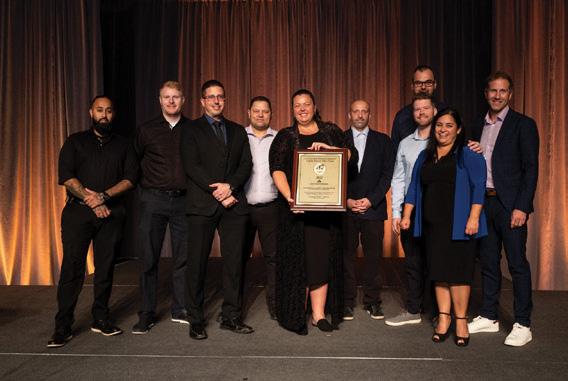
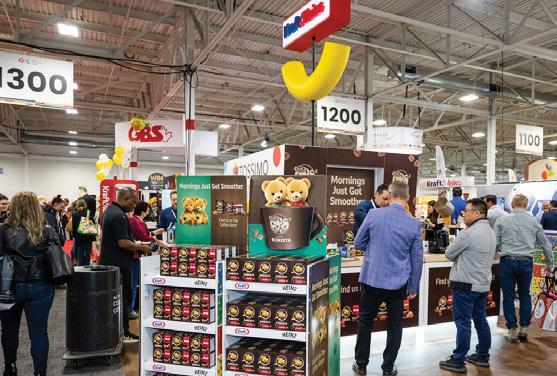
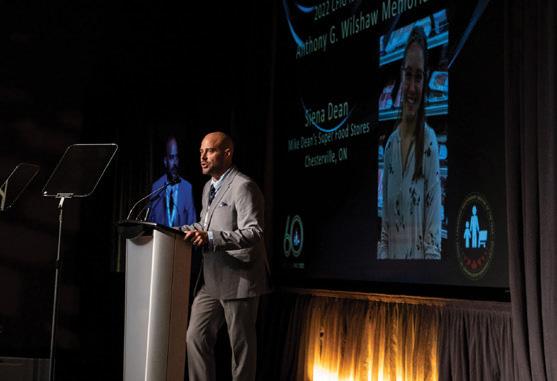
With the right training and support, front-line staff can learn to deal with difficult customers
By Matt Semansky
ANGRY CUSTOMERS HAVE been around since the dawn of retail history. But, in recent years, inflation has brought a spike in the frequency and intensity of these exchanges—and the grocery sector is not immune. After all, it’s one thing to have to cut back on discretionary purchases in the face of rising prices, and quite another to have a budget burst by everyday essentials.
“There has been an increase in uncivil and disrespectful behaviour in many retail and service sector workplaces,” says Kristy Cork, specialized consultant (healthy workplaces) at Workplace Safety & Prevention Services (WSPS). “People struggling to cope with their stressors are misplacing their frustration on workers.”
For front-line employees, heated interactions with customers can leave emotional scars. For employers, they can negatively affect relationships with both staff and consumers. Fortunately,
neither workers nor retailers need to accept abuse as an unavoidable cost of doing business. By following these tips on how to handle conflict—before, during and after it arises—retailers can prepare and protect their employees.
One of the most important steps grocery retailers can take to mitigate abuse of their employees, according to Cork, is to identify the root causes of customer anger. “Explore situations or actions that cause customers to get agitated,” she says. “Perhaps it’s when there is only one checkout lane open and there are long lines. Maybe it’s when shelves are not well stocked ... Making an effort to reduce these experiences would be a start.”
“You don’t want to train someone to use a fire extinguisher in the middle of a fire,”
says Rana Labban, associate partner and health and safety leader at EY Canada. As Labban points out, a sudden conflict can force unprepared employees to react in an emotionally volatile moment. But, if those same staff members can fall back on training, they’re more likely to stay calm and in control.
“A lot of organizations have done training on de-escalation strategies,” says Labban, who adds that employees should also be taught what behaviours trigger actions such as calling in a manager for support or even calling the police. “It’s about enabling and empowering employees to make decisions in the moment and letting employees know when and how to seek help.”
What does de-escalation look like?
Cork says it means resisting a defensive approach. “Phrases like ‘relax’ and ‘calm down’ are often the first things that come to mind, but when someone is agitated, minimizing their experience or attempting to prove why you are right is not helpful.” What is helpful, Labban says, is something that may feel counterintuitive to employees in the moment. “De-escalation can mean showing empathy to customers who are upset or angry by using supportive and positive language,” she says. “It can be respecting personal space and using non-threatening body language … [and] being aware of your own actions in the moment, which comes with training.”
Cork and Labban both say what happens after an incident is just as important as what happens before or during. “Hostile situations often leave people feeling threatened and distressed,” says Cork, who encourages employers to ensure mental health resources are available for front-line workers.
Labban agrees: “We need to empower employees to speak up about the impact of these incidents and seek support.”
Cork adds that a thorough debrief following a customer conflict can effectively lead retailers back to the first step in the process—prevention. “If a situation takes a negative turn, retailers should offer training, practice and understanding to have a better outcome should a similar situation happen again.” CG

More and more customers are embracing self-checkout and it’s changing the way they shop
Self -checkout lanes are driving more impulse candy and gum purchases than staffed lanes, fuelled by cravings and a desire for selfindulgence
IN THE EVER-EVOLVING retail landscape, Canadian shoppers are making their preferences clear: Self-checkout is no longer just a convenience—it’s becoming a significant part of the shopping experience. According to Kantar’s recent Canadian ShopperScape study on in-store shopping behaviour, most Canadians are embracing self-checkout lanes, and this shift is reshaping the way we shop. Notably, this change is also altering impulse purchases and the use of QR codes while shopping.
Gone are the days when staffed checkout lanes were the norm. Today, about two-thirds of Canadian shoppers prefer self-checkout lanes. This trend is particularly pronounced among younger, affluent shoppers with children. The convenience and speed of self-checkout terminals are undeniable, but what does it mean for the future of retail? Retailers must adapt to this preference, as the younger demographic is leading the charge towards a more autonomous shopping experience.
Kantar’s study reveals a clear demographic divide in checkout preferences. Boomers still prefer staffed checkouts, while millennials and gen Z favour self-checkout. This generational split presents a thorny challenge for retailers: how to cater to both groups effectively. For supermarkets and grocery stores, enhancing staffed checkout lanes to support impulse purchases is crucial, while positioning relevant impulse items near self-checkouts can capture the attention of younger shoppers.
The preference for self-checkout is not uniform across all retailers. Walmart and Dollarama shoppers favour self-checkout, while those who shop at grocery store chains such as Sobeys and Metro tend to prefer staffed checkouts. This difference in shopper behaviour necessitates a tailored approach for each retailer to maximize shopper satisfaction and sales. For instance, Walmart and Dollarama can enhance the self-checkout experience by ensuring it is quick and easy, while grocers can focus on making the staffed checkout process more efficient and enjoyable.
One of the most intriguing findings from Kantar’s study is the impact of self-checkout on impulse purchases. Self-checkout lanes are driving more impulse candy and gum purchases than staffed lanes, fuelled by cravings and a desire for self-indulgence.
Another fascinating finding is the rise in QR code use among Canadian shoppers. Particularly popular among millennials and western Canadians, QR codes are being used to access product details, redeem discounts and even connect with retailers on social media. This engagement presents a golden opportunity for retailers to engage shoppers more deeply. By integrating QR codes into their marketing and in-store strategies, retailers can provide genuine value and enhance the shopping experience.
The implications of these findings are profound. Retailers must adapt their strategies to capitalize on the increased use of self-checkout lanes. This means optimizing self-checkout lanes to drive impulse purchases and leveraging QR codes to engage shoppers. A dual-checkout strategy that caters to both younger shoppers and boomers is essential. This could mean enhancing staffed checkout lanes, while strategically positioning impulse items near self-checkouts.
Additionally, the increased use of QR codes offers a valuable tool for deeper shopper engagement. Retailers should ensure QR codes are prominently displayed and linked to useful information, discounts and social media platforms. Doing so not only enhances the shopping experience, but also builds stronger connections with tech-savvy shoppers.
The shift towards more autonomous shopping preferences is transforming the retail landscape in Canada. Retailers that embrace this change and adapt their strategies accordingly will be well positioned to thrive in this new era. By understanding the preferences and behaviours of Canadian shoppers, retailers can create a shopping experience that is both convenient and engaging. The future of retail is here, and it’s time to embrace this evolution in shopper behaviour. CG
Amar Singh is a senior director at Kantar Retail. He creates insights that inform strategic decisions about key drug, home improvement, discount, convenience, grocery and digital channels. Amar is a seasoned brand, shopper and advertising researcher.








With our unmatched portfolio of brands and industry leading merchandising, we drive sales conversion in your stores





















Papyrus is our industry leading luxury card brand that consumers know by name. Papyrus gives Canadians a way to express beautifully with special sentiments that feature sophisticated finishes and elevated designs that double as pieces of fine art.
















Carlton Cards is a celebrations leader helping Canadians build meaningful connections with our broad assortment of greeting cards and gift packaging.
www.carltoncards.ca

“BE THE BEST VERSION OF YOURSELF AND DON’T EVER TRY TO BE SOMEONE OR SOMETHING THAT YOU’RE NOT. THAT MEANS FINDING OUT WHAT YOUR STRENGTHS ARE AND THEN LEVERAGING THEM AS BEST YOU POSSIBLY CAN” – PAUL WERYNSKI
What is your leadership story? I was studying economics and financial management and working [part-time] at Glen Abbey Golf Club in Oakville, Ont. and at one point I decided, “You know what? I’d like to leverage what I’m learning at school with my passion for the golf business and make a career of that.” So, when I graduated, I went to work at Glen Abbey. I was one of the golf professionals there for about a year or so and realized it really wasn’t for me. I made the decision that, OK, I’ve given this a try, now I need to go find something else and that’s what led me to the package goods business.
So, I’ve been in the Canadian CPG industry since 1998 and it’s been a fascinating journey. I started off with, I don’t want to say mediocre success, but uneven success—let’s call it that. And then, in 2005, I joined Kimberly-Clark (KC). I made a commitment to myself when I joined KC that I was going to be myself, because I had found in previous roles that I was holding back a little bit or maybe not speaking up or I hadn’t found my confidence yet. Then things started to happen for me. I don’t know if you need confidence to have success or success gives you confidence, but one way or the other, it happened for me. I spent about 11 years there in various roles in sales and sales strategy and joined Carlton Cards eight-and-a-half years ago. I’m very, very happy with the decision I made to join Carlton—the people are great and it’s been an excellent learning experience and journey, thus far.
By Shellee Fitzgerald • Photography Mike Ford
You stepped into the role of president on March 1. Any big surprises? No surprises yet, but what I am learning quickly is that my words matter. So, when I’m making comments, giving feedback or asking questions, I have to be careful I’m
delivering those words or comments in the way they’re intended to be, because they now have a little bit more impact than before.
As the leader of a CPG company, what are the challenges right now? I think there’s probably two. The macroeconomic environment in Canada continues to be difficult, especially the impact all those pressures are having on Canadian shoppers. And we have to be honest with ourselves, our category is quite discretionary, so it leads to a different set of challenges versus my prior life [at KC] where I was selling diapers and other essential categories.
And then, on the people side of things, even though we’re now removed from COVID, we’re still learning how to navigate this hybrid work environment and how to provide a robust culture and career and talent development when three days a week we’re in the office and two days a week people are working remotely. We’re still learning things like, how do you mentor and how do you develop that next wave of talent in the organization when you’re not always in the same place at the same time? It’s not impossible, but it’s something that is going to take time to find the proper balance.
What are some crucial traits you think leaders today should possess? First of all, humility. Also, authenticity is a big one for me. You also have to have flexibility and you have to show empathy and resolve.
Have you had a mentor/role model in your career? If so, what did you learn from them?
Formally, for a period, I worked with an executive coach and that was extremely helpful for me. He was independent, unbiased and I would bring realworld, real-life scenarios to him—both personally and professionally—and he was very good at asking the tough questions to get me to be really honest with myself and find the right answer. I learned a lot from that experience.
Informally, I learn from everybody around me. I’m an observer of people, and whether you’re on my team, you’re a customer or anybody in a public forum, I’m always watching and trying to pick up things from the people I interact with. And I’ve got a network— internal, external and on both sides of the border—of people I can reach out to whenever I’ve got a scenario that I want to talk through. They can be friends, they
can be colleagues, but having a network of people you trust and you know have your best interests in mind, is really good for everybody.
Can you share a pivotal moment in your leadership journey? This one’s a good question, because there actually was a moment. I was at a national sales meeting, probably 11 or so years ago, and the keynote speaker was a gentleman by the name of Roy M. Spence. He had written a book called It’s Not What You Sell, It’s What You Stand For and created a purpose-driven marketing agency, and the whole point of his presentation was about understanding your purpose. It couldn’t have been better timing for me as I was relatively new in my role and my default as a team leader, at the time, was to continue to do more of the things I was doing as an individual contributor and not making that pivot to being a leader. So, when he was talking about purpose, it got me thinking about my purpose. And without being too dramatic, it basically changed my life because I started to understand what it means to be a purpose-driven leader and what it means to use strengths-based leadership as a way of providing and creating a culture that allows people to be the best version of themselves. After that day, I started to understand it was no longer about me, it was about the people on my team. And my purpose is to help people be great at what they want to achieve. So, on the plane ride home I really started to think about what purpose means to me and how I could start leveraging it in my career.
How do you build trust with teams? I try to be as honest and transparent with people as I possibly can and then, that way, everybody knows where you stand and where you’re coming from on a topic or an issue. And, of course, say what you’re going to do and do it! If you can tell somebody you’re going to do something and you deliver on it and you’re honest and you’re transparent with them with your feedback, then you start to build that trusting relationship.
What’s the hardest decision you’ve had to make? Anytime you have to make a decision that impacts people and their lives and their families, it’s difficult. It’s never easy. All you can do is make the best and most informed decision possible and treat people with respect.
What advice do you give to up-and-coming leaders? Be the best version of yourself and don’t ever try to be someone or something that you’re not. That means finding out what your strengths are and then leveraging them as best you possibly can and understand the strengths of those around you and leverage those. You also have to be humble enough to know you don’t always have the answers, so surround yourself with the best people possible and help them shine. CG
This interview has been edited for length and clarity.
1 YOUR FIRST JOB?
In high school I worked at a sports apparel store in Toronto.
2 THE PIECE OF WISDOM YOU’VE CARRIED WITH YOU THROUGH YOUR CAREER?
Understand your strengths and leverage them to be the best version of you.
3 WHAT KEEPS YOU AWAKE AT NIGHT?
Are we doing everything to create a culture that’s giving our associates a fulfilling career and generating the types of financial results needed to sustain the business for the next generation? That, to me, is very important.
4 PEOPLE WOULD BE SURPRISED TO KNOW . . .
I was once a golf professional—that usually throws people off a little bit. I’m also a foodie, I love to cook.


















Through Reimagine 2030—our 10-year sustainable development initiative launched in 2021, we are prioritizing the environment and our social impact to make everyday life more comfortable for our employees, consumers, customers, and communities as we continue to grow and evolve. We’re reimagining the future entirely and building our path to get there through this decade of transformative growth and sustainable innovation.
PILLAR: PRODUCTS EMPOWER
• FIBRE & FORESTS
• PACKAGING
• PRODUCT INNOVATION
PILLAR: PLANET CONCIOUS
• CLIMATE CHANGE
• WATER
• WASTE


















OUR 2030 TARGETS
To utilize 100% third-party certified fibres
To reduce GHG emissions by 35%*
VISION
To be the most trusted, best loved tissue company in North America MISSION Making everyday life more comfortable
PILLAR: EMPLOYEE IMPACT
• HEALTH & SAFETY
• DIVERSITY & CULTURE
• TRAINING & DEVELOPMENT
PILLAR: COMMUNITY EMBRACE
• COMMUNITY INVESTMENT
• EMPLOYEE VOLUNTEERING
• COMMUNITY RELATIONS
To reduce water consumption by 35%*
To reduce virgin plastic packaging in branded products by 50%†







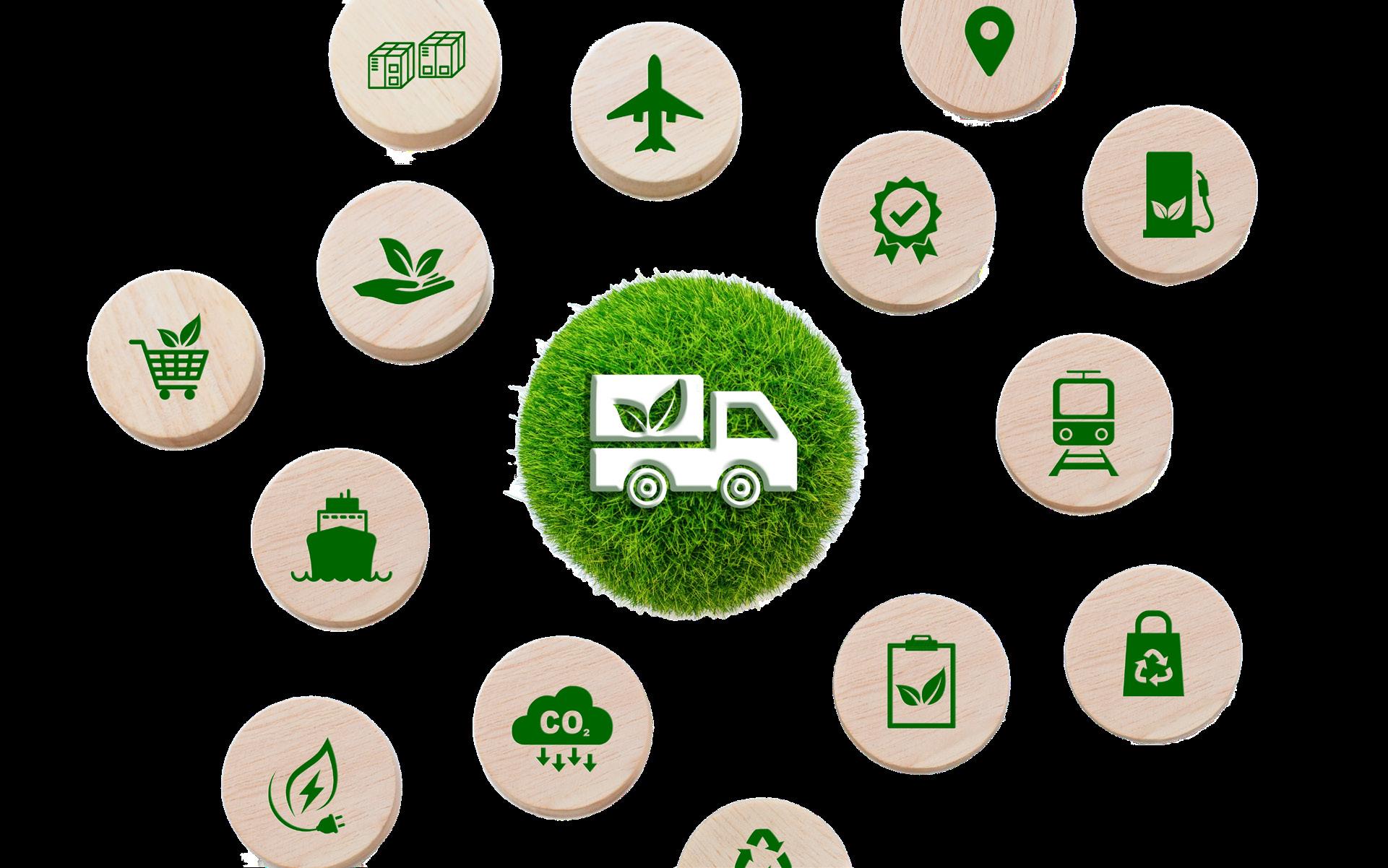
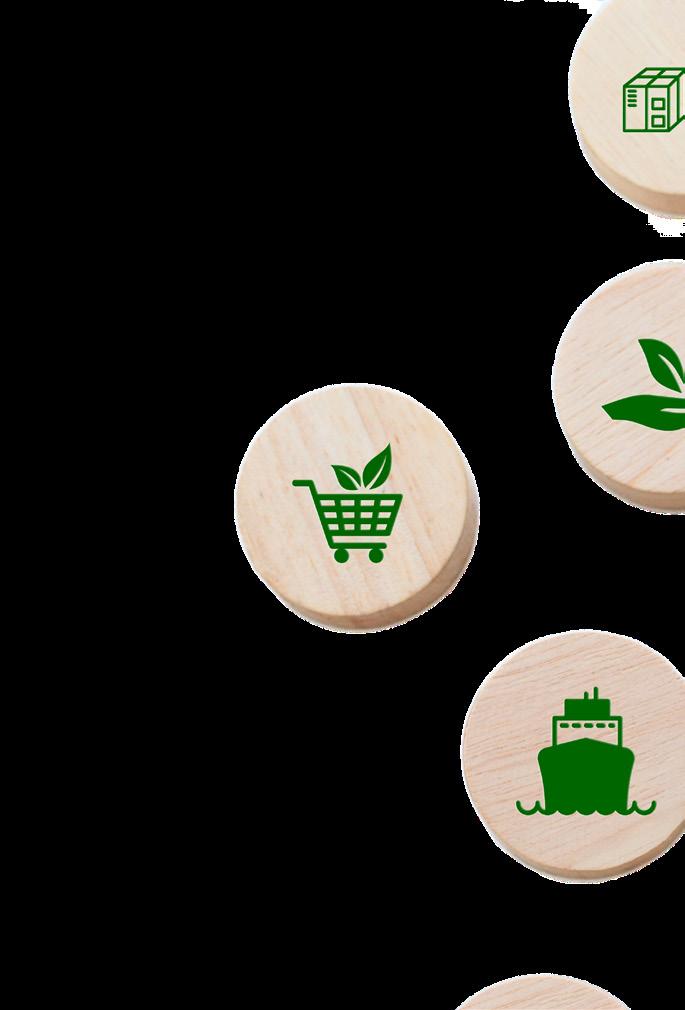

agriculture and land use, according to the United Nations. In a McKinsey & Company analysis of 40 of the world’s largest grocers and their value chains, Scope 1 emissions (direct from grocers’ operations) and Scope 2 emissions (emissions associ ated with the purchase of electricity, steam, heating or cooling) only account for about 7% of their total emissions, on average, while 93% are outside grocers’ direct control.

However, the heat is on, as ambitious climate commitments have been set by the Canadian government (achieving net-zero by 2050) and global food-industry players have set their own science-based targets—some pledging to reduce emissions upwards of 50% by 2030. As the last stop before products reach consumers, grocers are in a position to help integrate sustainability across the supply chain. And experts say the time is now.
“The hard reality is, if we don’t do this, we’re not going to have healthy supply chains because we’re going to have continued climate risk, drought, deforestation, biodiversity loss and landuse changes,” says Joe Solly, partner, consumer sustainability
an ugly situation across your supply chain … because you won’t have access to the things you need [like commodity crops], nor will your suppliers. Costs will also escalate to unaffordable levels with scarcity and carbon pricing around the world.”
Beyond environmental benefits, consumers are increasingly making sustainability a factor in their food choices, according to Deloitte. In a recent survey, the firm found that 94% of Canadian consumers believe it is a brand’s responsibility to create products that are not harmful to the planet. And despite tightening their purse strings, consumers are rewarding brands that deliver on sustainability promises, with 62% of shoppers showing a willingness to pay a premium of 20% or more on sustainably produced goods and services. “If companies do this right, they can build their brand and gain trust in the market among consumers,” says Solly.
As sustainability moves up on the food industry’s agenda, here’s a look at some of the efforts grocers can make to help green the supply chain.
Trust the quality in every egg.
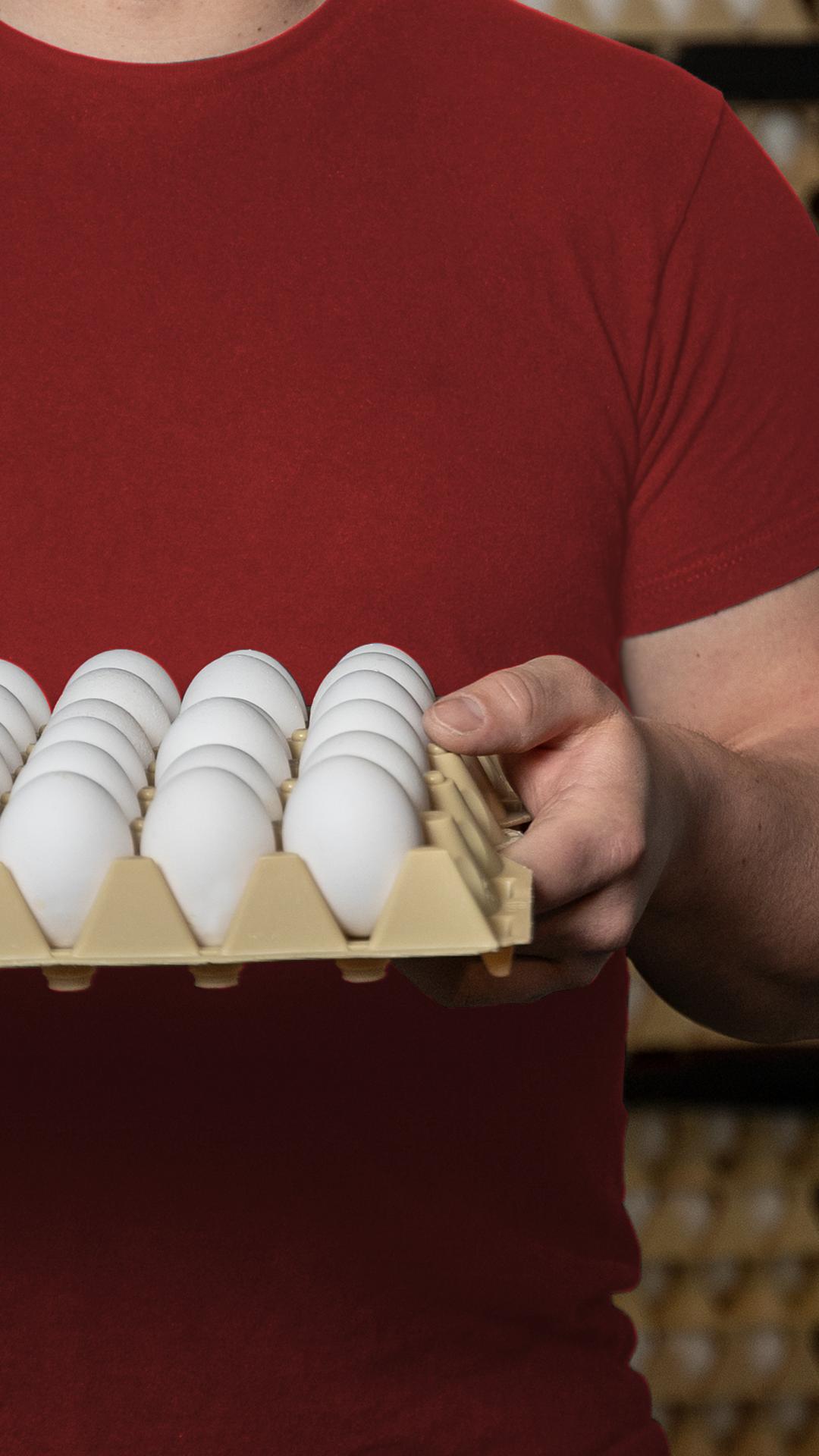
The Egg Quality Assurance™ (EQA®) certification mark is more than a symbol; it is a beacon of trust. Especially for the 9 out of 10 Canadians who feel that a quality symbol on Canadian egg cartons would reassure them that the eggs meet national standards.
Show Canadians that their high-quality eggs are produced by Canadian farmers according to strict national standards. Display the EQA® certification mark on your cartons, products and menus. To learn more about the EQA® program and to apply for a no-cost license, visit eggquality.ca
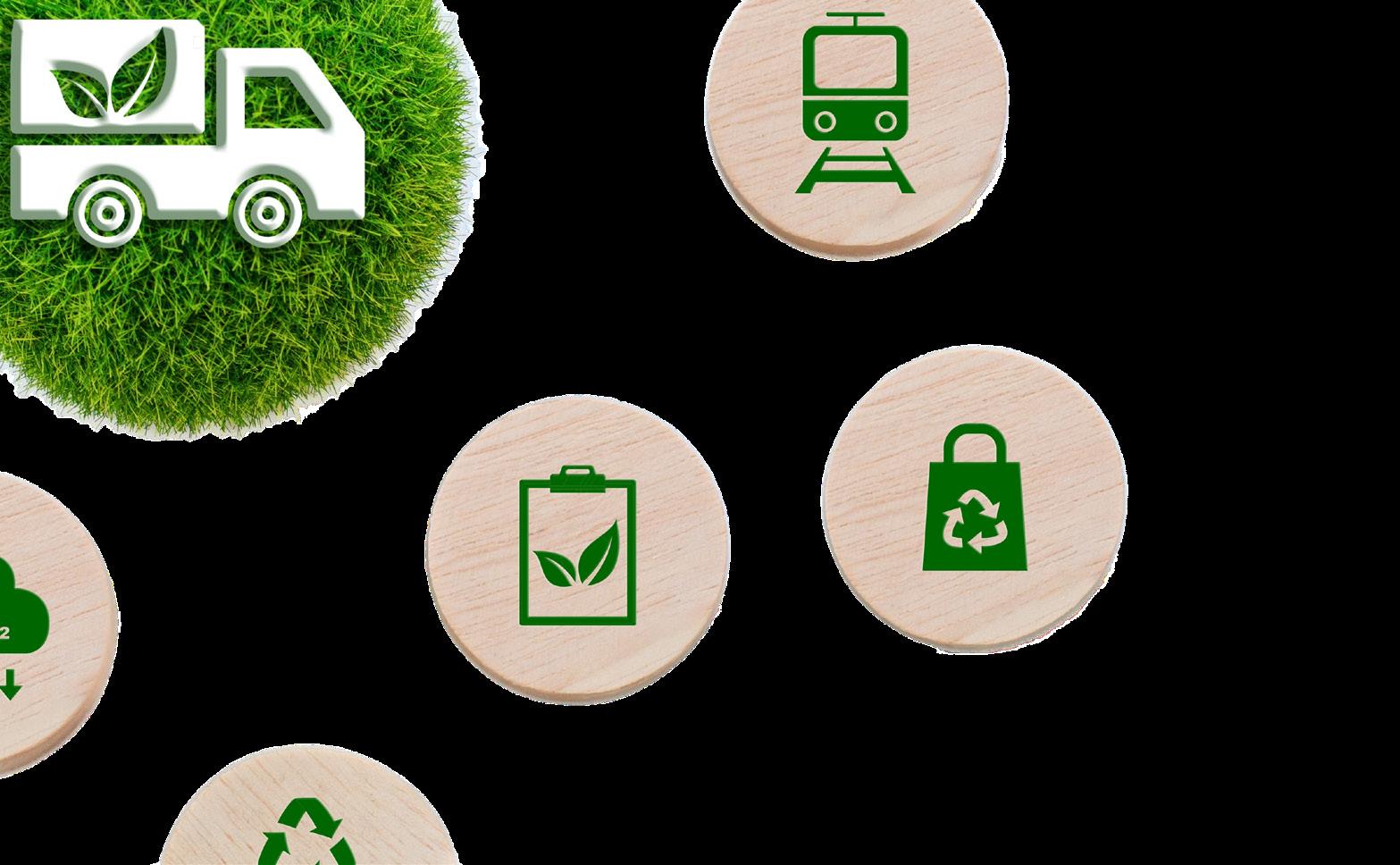
in diesel and off it goes and they don’t worry too much about it.”
On the logistics front, retailers can reach their carbon footprint goals with the help of artificial intelligence (AI), notes Amar Singh, senior director of retail at Kantar Retail. For example, AI tools allow retailers to see weather patterns and buying trends, allowing for optimized demand planning. The technology can also predict when products will arrive from a manufacturing facility to a store, helping to reduce the purchase cycle and move products quickly. “You can really streamline the justin-time process all the way from manufacturing to the selling cycle,” says Singh. “The faster you sell products, the lower the holding costs and the lower the environmental costs become.”
As part of its sustainability strategy, Longo’s is taking some trucks off the road thanks to the recent expansion of its distribution centre in Vaughan, Ont. “Through our distribution project, we are able to optimize direct store delivery channels and convert them into the warehouse,” says Sara Olivieri, sustainability specialist at Longo’s. “Through channel optimization, this saves over 180,000 truck stops yearly, which results in a significant reduction in our overall greenhouse gas emissions.”
For Calgary Co-op, transportation is a key focus area in its ongoing environmental efforts. “We make sure our trucks are cubed out [maximizing cargo space] and that there’s the most efficient transportation and logistics from [the wholesalers’] point of view, on the road to us,” says Ken Keelor, CEO of Calgary Co-op. “That helps us with the environment as well as managing our financial sustainability.”
Another way Calgary Co-op minimizes its footprint on the transportation front is using local suppliers, which minimizes the distance trucks must travel. The retailer sources more than 2,400 products from 300 local vendors. “Shipping locally means shorter lead times and it’s easier to get the product to our stores,” says Keelor.
There’s a social impact with going local, too. “Fostering that local economy helps some of these suppliers stand up on their feet and go national one day,” Keelor adds.
While grocers use a variety of strategies to reduce food and packaging waste in their stores—from selling “ugly” produce to recycling cardboard—there are plenty of ways to reduce waste along the supply chain.
Deloitte’s Solly notes that grocers can now monitor food in transit with internet of things (IoT) or AI—and not just the trailer temperatures, but the temperature of the products
themselves. “You can insert sensors in skids between layers of cheese and milk, for example, and monitor the product temperature to avoid spoilage—and all that is online,” he explains.
Longo’s has a waste reduction strategy that includes inventory management and demand forecasting, in addition to more store-focused efforts such as food markdowns and donations. “Waste is a huge emitter of greenhouse gas emissions, so having inventory management and demand forecasting ensures we’re ordering the correct amount of food, which minimizes waste and reduces greenhouse gas emissions,” says Olivieri.
On the packaging front, there’s a big consumer push for options that are less wasteful, says Kantar’s Singh. “Shoppers demand waste reduction and they want packaging materials that are more easily disposed of, are recyclable and have a lower carbon footprint,” he says. “And that’s where retailers are putting pressure on suppliers with packaging—if they can get away with it, less is more.”
For their part, “suppliers are also trying to find the best margins they can on their products because the costs have gone up, the raw material costs have gone up, the shipping costs have gone up,” adds Singh. “They’re really focused on those materials so they can reduce packaging waste. So, this is a win-win situation for all of them.”
Walmart’s Project Gigaton, which encourages suppliers to reduce their carbon footprint, places a big focus on packaging waste. Depending on a supplier’s scope, timeline and goal, suppliers can make commitments such as designing 100% of packaging to be fully recyclable by 2030, increasing use of recycled content by 20% by 2025, lessening packaging weight by 10% by 2025, or reducing 10% of virgin plastic packaging by 2025.
When Walmart launched Project Gigaton in the United States in 2017, its goal was to work with suppliers to reduce, avoid or sequester one gigaton (or one billion metric tons) of greenhouse gas emissions in product value chains by 2030. (Besides packaging, other focus areas are energy efficiency, food waste reduction and trucking load optimization.) Earlier this year, Walmart announced it had exceeded one gigaton—meeting its goal six years early.
In a corporate news article, Kathleen McLaughlin, Walmart’s executive vice-president and chief sustainability officer, highlighted the positive benefits to both suppliers and customers. “So often, the projects that reduce emissions are also the projects that enhance resilience, reduce cost, improve quality and create innovative new products for our customers,” she wrote.
Of course, in the quest to reduce emissions, not every grocer has as much influence as the major retailers. Keelor notes that Calgary Co-op is small, with 22 stores relative to the big giants in the industry. “And so, our focus is on making sure that we leverage local suppliers as much as possible and that we continue to grow our private brands with as much local focus as we can,” he says. “But, we’re very dependent on wholesalers when it comes to packaging reduction in the supply chain … We don’t sit here telling our suppliers to reduce their packaging because we don’t have that capability in terms of size.”
The unfortunate reality of a global food chain is that many products come at a huge social and environmental cost where the items are sourced. Issues the food industry is working to address


This logo represents a commitment to high standards in Canadian milk production. It stands for the best management practices that many dairy farmers are using to help sequester or reduce greenhouse gas emissions. It’s indicative of the way we care for our animals each and every day, and the dedication of Canadian dairy farmers to their communities.
This logo represents a commitment to high standards in Canadian milk production. It stands for the best management practices that many dairy farmers are using to help sequester or reduce greenhouse gas emissions. It’s indicative of the way we care for our animals each and every day, and the dedication of Canadian dairy farmers to their communities.

include unfair wages, child labour, poor working environments, animal welfare, environmental harm and more.
Several years ago, Longo’s took a broader look at commodities that had significant social and environmental impacts where they’re conventionally produced. In 2021, Longo’s became the first grocery retailer in North America to offer only Fairtrade bananas in all its stores. The move was made possible through a partnership with Equifruit, a Fairtrade-certified banana importer that works to ensure farmers are paid fairly.
In 2023, Longo’s became the exclusive home for Tony’s Chocolonely in Canada, offering a selection of its Fairtrade-certified Belgian chocolate products. “With ethical sourcing, we want to ensure farmers in communities where these products are sourced are being paid a fair and sustainable income and are treated fairly,” says Olivieri. “We also have several private-label coffee products that are certified Fairtrade—Fairtrade being the most trusted and ethical label. And that assists producers in developing countries achieve more equitable and sustainable trade relationships.”
For Calgary Co-op, its focus on ethical sourcing includes animal welfare and sustainability practices. For example, the retailer works with Egg Farmers of Alberta—which has a Healthy Birds pillar that’s all about the responsibility of egg farmers to raise and care for their flocks—and Ocean Wise, which supports sustainable seafood.
Keelor also notes that Calgary Co-op recently completed the reporting required for Bill S-211, The Fighting Against Forced Labour and Child Labour Supply Chains Act, which passed in 2023 and took effect this year. The new law requires publicly listed companies, as well as those that meet two of these three conditions—$20 million in assets, $40 million in sales or 250 employees—to report publicly on the actions they’re taking to prevent and reduce the risk that forced labour and child labour are present in their supply chains.
“When we did the Bill S-211 work, we had to engage with a whole bunch of suppliers to collect information on what they’re doing,” Keelor says. With every retailer presumably reaching out to the same suppliers, he adds, “I don’t know how they coped with it, but I thought [the bill] was a good signal from the government around ethical sourcing and sustainability.”
If there’s one big takeaway for grocers, it’s that it’s paramount for companies to look at sustainability in a meaningful way, as a real thing that needs to be done, says Solly of Deloitte.
He sees sustainability as being akin to other revolutions or transformations such as digital. When that began, the message was “go digital or your business is going to die,” he says. “Everybody hired a chief digital officer and transformed the business. Those people aren’t around anymore. There’s no more chief digital officer because everything is digital.”
In that regard, sustainability is the new digital. “It is the next transformative plateau for businesses to redefine how they operate and continually win in the market while being loved by consumers,” Solly says. “Because if you’re not sustainable in everything that you do, you will not be around anymore.”
While the benefits of sustainable supply chains are increasingly clear, Newbury says sustainability remains an add-on for many organizations—a box to tick—rather than a long-term strategy. That needs to change.
“What we need to do now is ensure the long-term sustainability of supply chains can protect against future resource shortages—which could be land, water or people—and price volatility,” the supply chain expert says. “We know that climate change is real and it can affect availability and price as a result, so companies need to invest wisely to ensure supply chains become more resilient. That’s not a short-term bet. That’s a long-term play.” CG
Generation Next Thinking is an ongoing series that explores the cuttingedge topics that are impacting grocery retail today and in the future.

Cascades Inc. (TSX: CAS) is pleased to announce the appointment of Mr. Hugues Simon as its new President and CEO. A graduate in business administration from the Université de Sherbrooke, Hugues Simon has over 30 years of experience in key positions in the manufacturing sector, including as President of the Wood Products business at Resolute Forest Products, a position he held until recently. Previously, Mr. Simon was President of BarretteWood Inc., where he worked from 2012 to 2020. His extensive experience in leadership positions in the industrial products sector will be a great asset to the Company and to its customers. Mr. Simon’s track record demonstrates a deep dedication to operational excellence, customer satisfaction and a strong commitment to sustainability and innovation. These qualities make him the ideal candidate to drive Cascades forward and create value for all its stakeholders.
Founded in 1964, Cascades offers sustainable, innovative and value-added packaging, hygiene and recovery solutions. The Company employs 10,000 talents across a network close to 70 facilities in North America. Driven by its participative management, half a century of experience in recycling, and continuous research and development efforts, Cascades continues to provide innovative products that customers have come to rely on, while contributing to the well-being of people, communities and the entire planet. Cascades’ shares trade on the Toronto Stock Exchange under the ticker symbol CAS.














Carlton Cards is delighted to receive recognition for our campaign with the Canadian Mental Health Association, supporting mental well-being through social connection within our communities
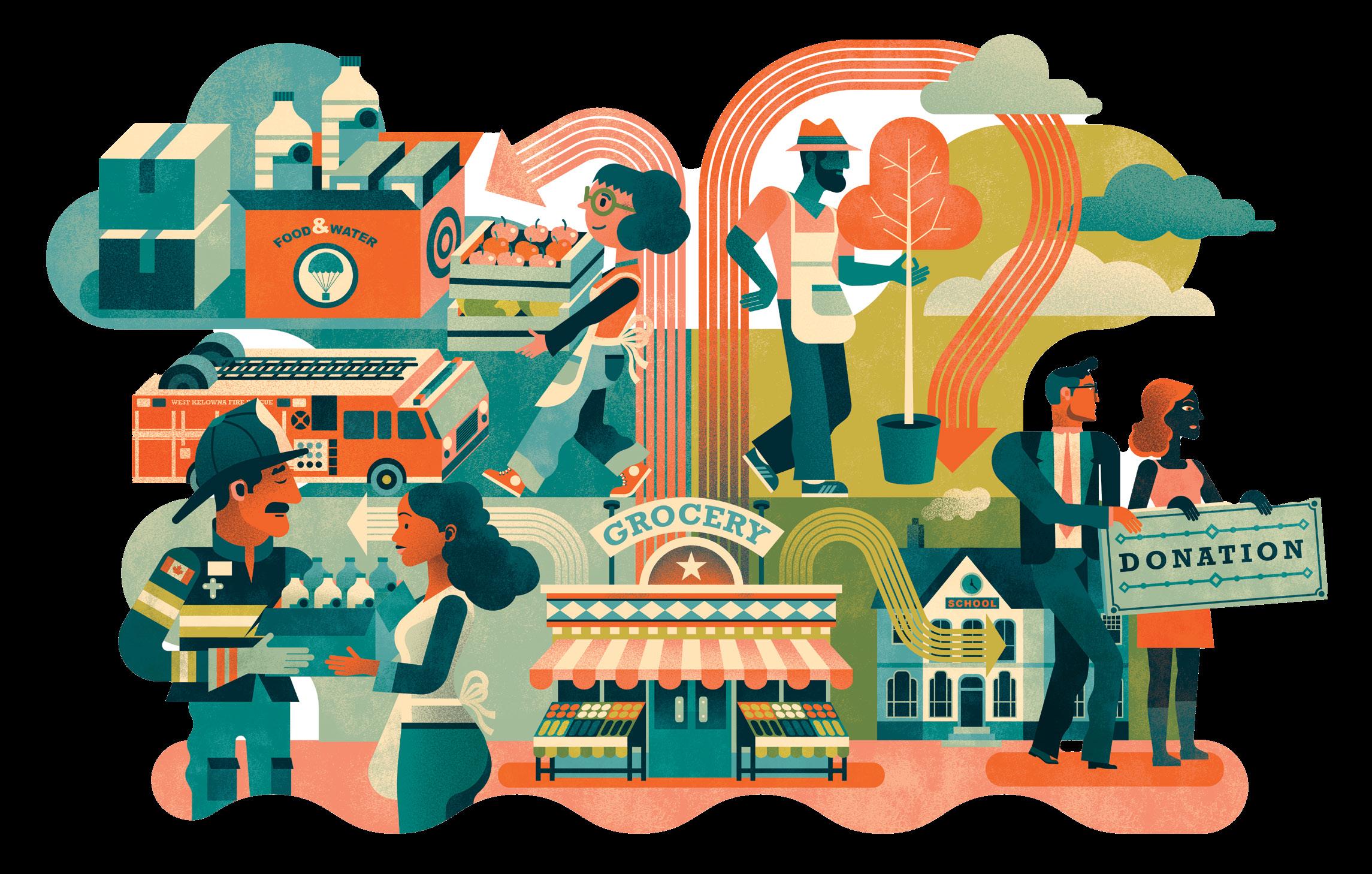
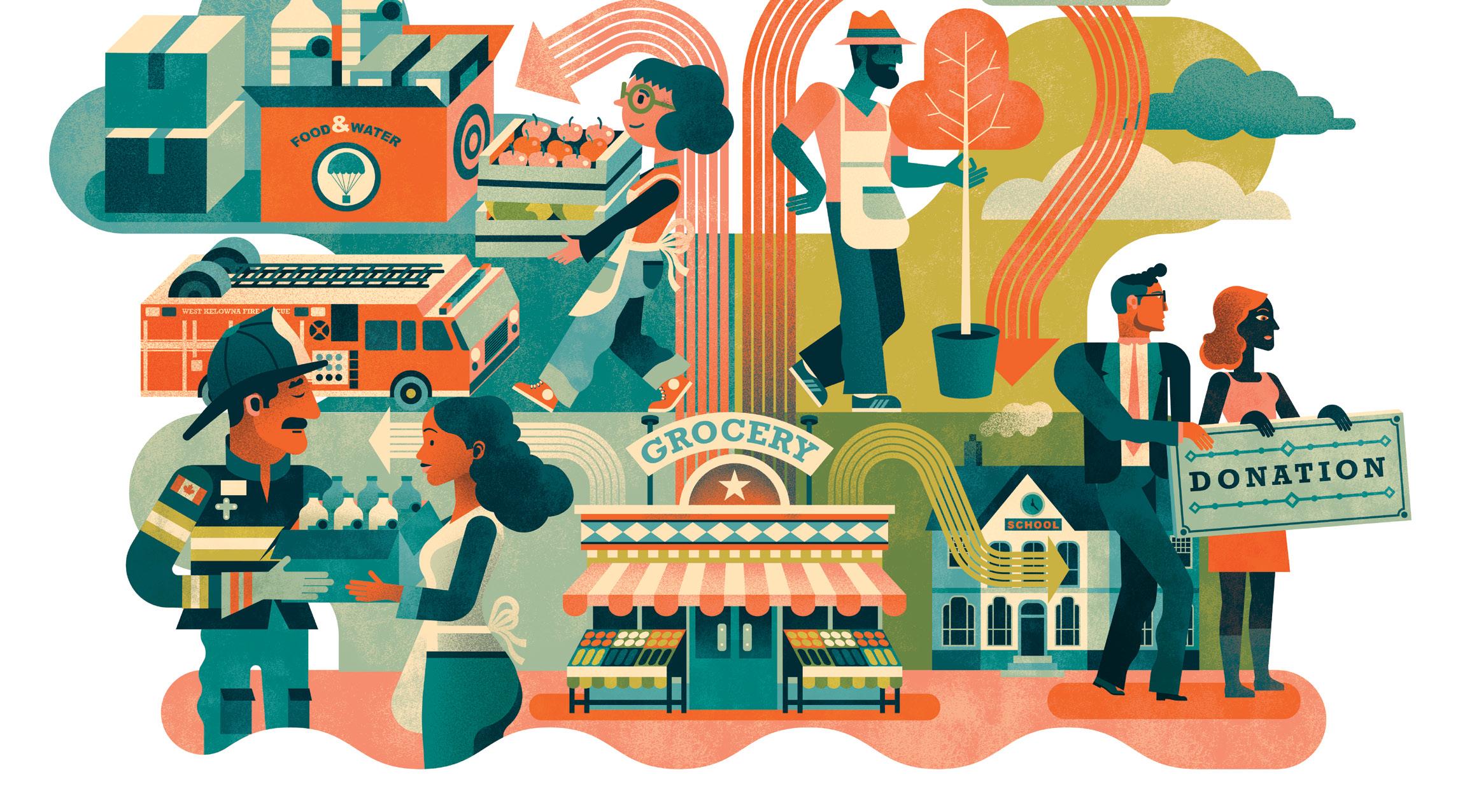
By Shellee Fitzgerald, Danny Kucharsky, Carol Neshevich, Rosalind Stefanac and Andrea Yu | Illustration by Gwen Keraval
Companies across the Canadian grocery industry are taking actions big and small to effect positive change for their businesses and the planet. Since 2021, we have been recognizing these efforts through the Canadian Grocer Impact Awards and we are delighted to introduce you to this year’s crop of winners. Turn the page to see the many ways the industry is stepping up to make a difference in sustainability; diversity, equity and inclusion; supporting employees; and community service.




THANK YOU to all our Kellanova team members and congratulations to all 2024 Impact award winners
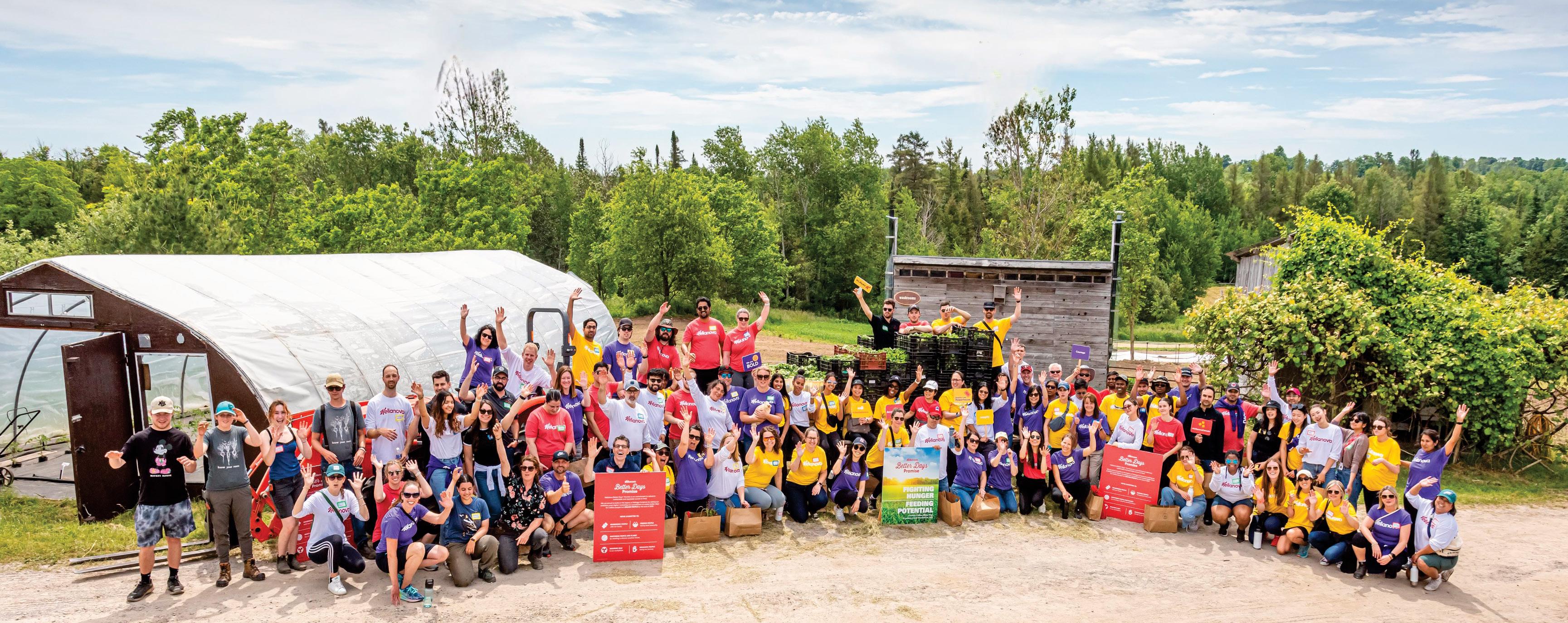
Kellanova Better Days™ Promise is our commitment to advance sustainable and equitable access to food.
We are proud to build on the legacy of Kellogg Company by setting our ambitions even higher, increasing our commitment to create better days for 3 billion people to 4 BILLION PEOPLE by the end of 2030.

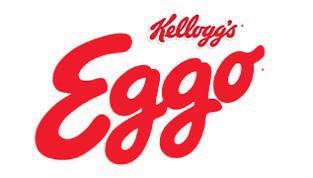
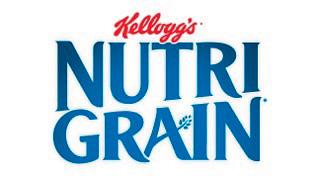




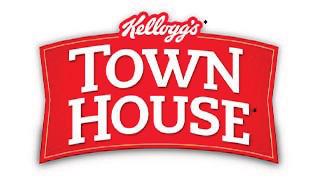
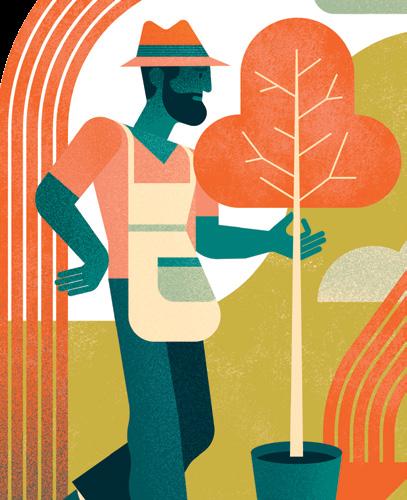
When Ammar’s Market was approached by Food4Kids Waterloo Region in 2017 to source halal food products for children in the program, it was a no-brainer for the Kitchener, Ont.-based grocer.
Over the years, Ammar’s Market has evolved into a community hub for halal-conscious consumers in the area.
Food4Kids Waterloo Region fills an important gap in the community by providing healthy food packages to food insecure children ages one to 14 on weekends and school breaks when other school nutrition programs are not available. Last year alone, Ammar’s provided more than $25,000 in donations to the organization. Faaez Al-hendi, Ammar’s vice-president of operations, also shares his expertise to help Food4Kids provide halal food to hundreds of children in the area’s growing Muslim community.
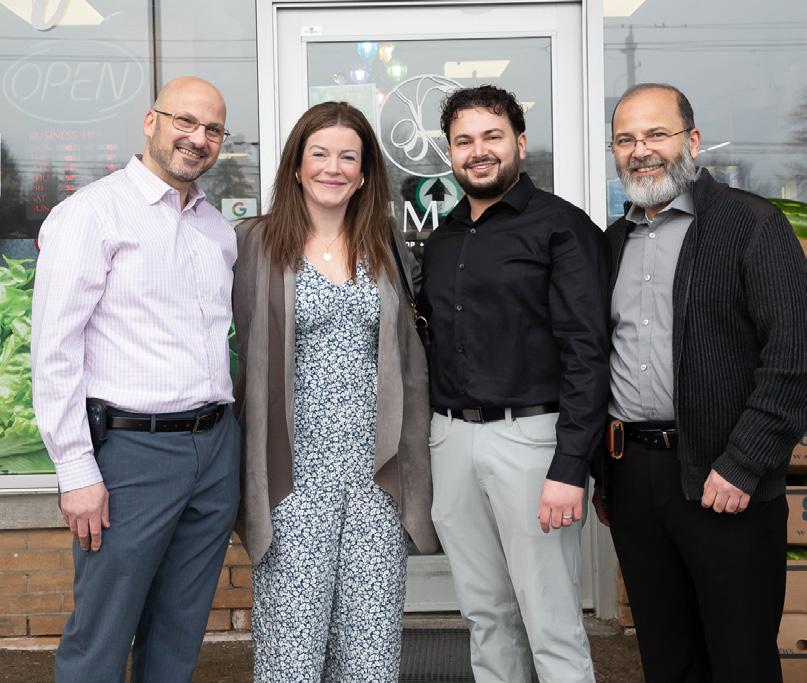
“The most rewarding piece of this partnership has been noticing first-hand the relief the organization brings to the community,” says Al-hendi. “It’s the interactions that we have with our guests who depend on this initiative that puts filling in the gaps of food insecurity in our community into perspective. It also reminds us of the impact we can make even as a relatively small, family-owned and operated business.”
Carlton Cards is supporting mental health in Canada, one card at a time. For the third year, a portion of the proceeds from every Carlton Cards’ greeting card sold at participating retailers during the month of October (World Mental Health Month) has been donated to the Canadian Mental Health Association (CMHA). In 2023, the omnichannel campaign, which was promoted in retailers’ greeting card departments, websites and social channels, raised $180,000 to support the work of CMHA. To amplify last year’s campaign, Carlton Cards collaborated with CMHA on a 31-day mental health Connection Calendar (available for download on both organization’s websites) that included 31 daily activities to help nurture mental health.
“Recognizing the pivotal role of social

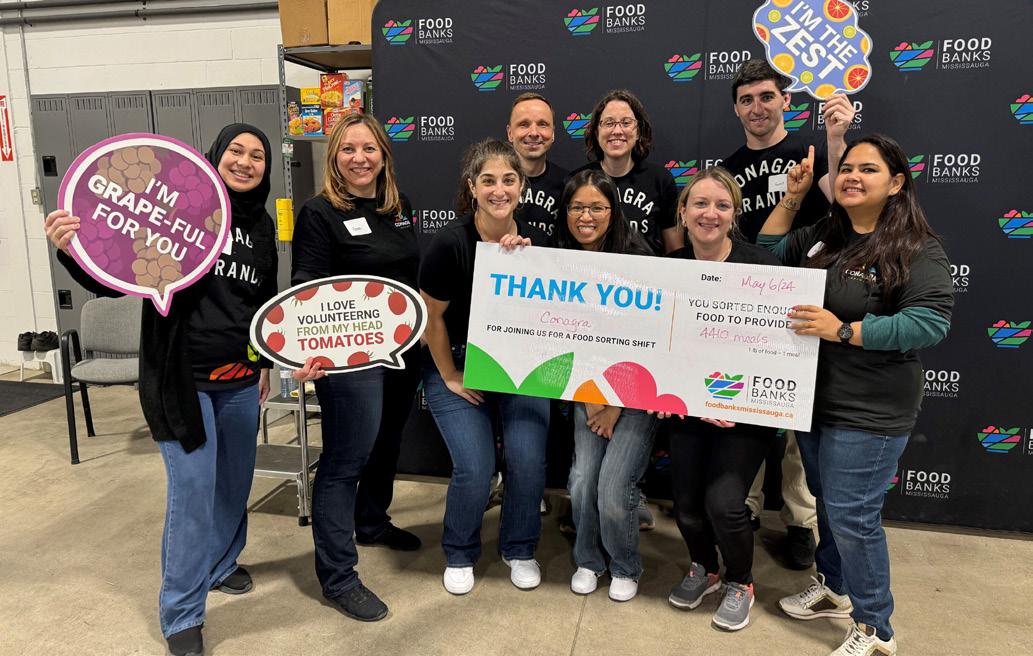
connection in fostering good mental health, this campaign, in collaboration with our valued retail partners, is a source of pride for Carlton Cards, contributing meaningfully to our purpose of making the world a more thoughtful and caring place,” says Paul Werynski, president, Carlton Cards. The company says the campaign will return in 2024.
Conagra Brands’ employees are passionate about giving back, says Tonya Moncrieffe, human resources director for Conagra Brands Canada and Global Markets. “Month of Service is a company-wide initiative that aims to provide support to communities where Conagra Brands has a presence,” she says.
In 2024, the company’s Month of Service (now actually taking place over two months, April and May, to give employees more opportunity to volunteer) saw Conagra Brands Canada employees volunteering more than 100 hours with Greater Toronto Area non-profits; and the company’s most recent United for Change annual fundraising campaign saw employees collectively donate more than $30,000.
But, the company’s efforts extend beyond those two initiatives. Conagra and its employees prioritize donating time and resources throughout the year, with a focus on partnerships in local communities—including Seva Food Bank, Women’s Habitat of Etobicoke, Dresden Community Food Bank in Ontario, and Moisson Laurentides and United Way Montreal in Quebec, to name a few. “We believe in supporting the communities in which we live and work,” says Moncrieffe. “We seek to continuously take action to address food insecurity in the places we call home.”
Since the start of the COVID-19 pandemic, DavidsTea has donated more than two million cups of tea to front-line workers in Canada and the United States, as part of the company’s Frontline Hero Donations program.
The company says tea helps bring joy, comfort and small moments of relaxation to healthcare workers, educators, childcare workers, first responders and essential workers.
DavidsTea’s internal team nominates local schools, hospitals and clinics to be included in the program. Customers also receive information about the initiative
In 2024, we installed solar panels on our grading stations and farms in Southern Ontario.
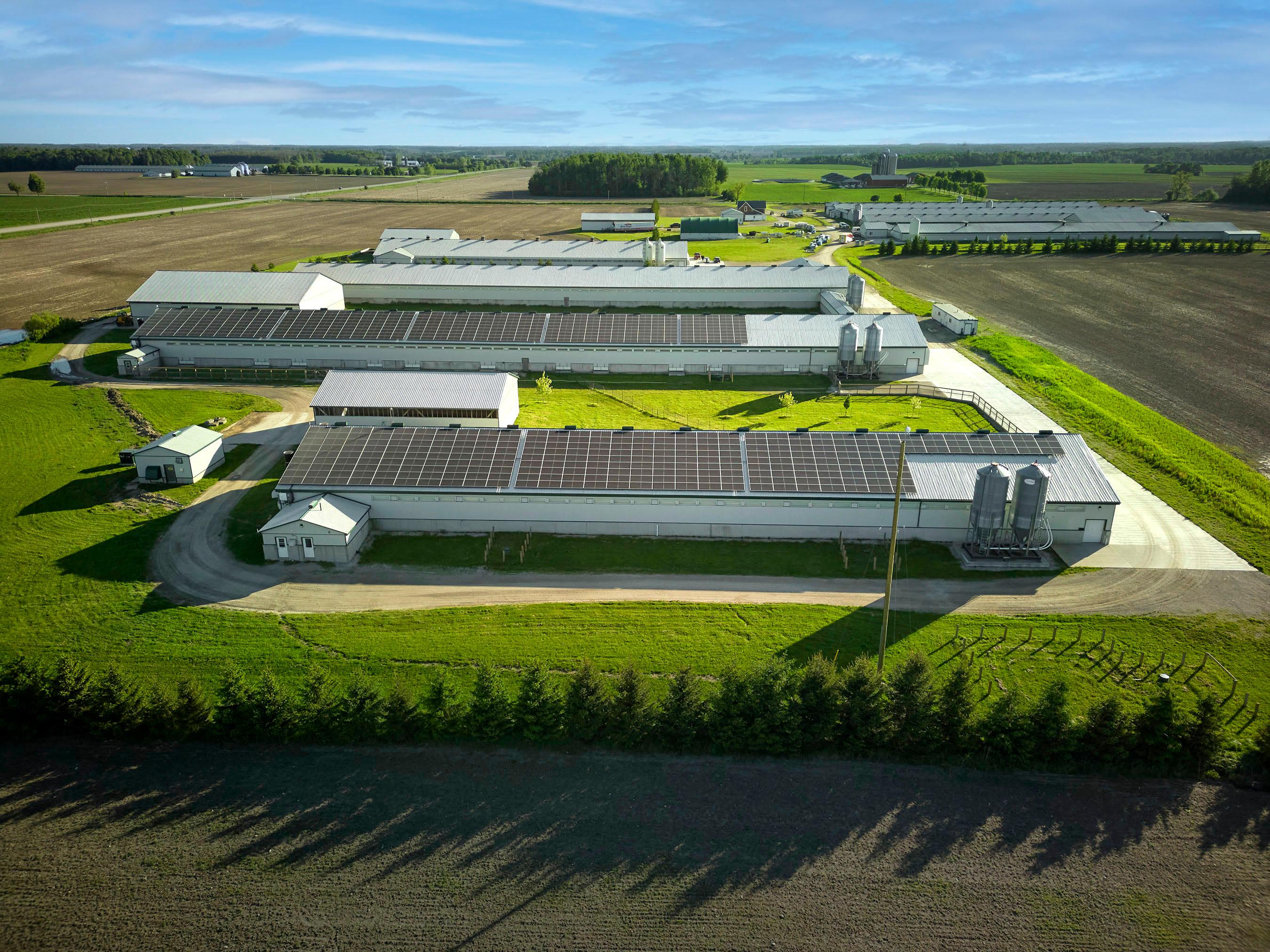
We harness enough power to sustain approximately 65 average households every day, reducing our energy consumption up to 26%*

Taking local action for the greater good.™
*At the Gray Ridge Strathroy Grading Station
in emails and social media and are encouraged to submit donation requests on the company’s sponsorship page.
DavidsTea is now working toward a new goal of three million cups of donated tea to front-line heroes. Since May 1, every transaction in DavidsTea stores and on its website, equals one cup of tea donated.
“Tea is more than just tea—it’s comfort in a cup,” says Sarah Segal, DavidsTea CEO and chief brand officer. “That’s why it has always been important to us at DavidsTea to care for our community, and we’re honoured to be able to share our appreciation and bring a little bit of joy to the day of so many hardworking front-line heroes.”
Fortinos has been partnering with Fuel for Kids for the last decade with the sole purpose of putting money back into the communities where Fortinos stores operate. Every Fortinos franchisee adopts an elementary school in their community and 100% of the money raised during each Fuel for Kids fundraising event goes to the school to use at its discretion. As part of the fundraising effort, each school gets a visit from the Fortinos’ race team when Dave Connelly, a professional race car driver who founded the program, explains all the exciting elements of racing. Then the school and surrounding community are invited to their local Fortinos for a fundraising barbecue where everything is provided by the supermarket with support from suppliers.
It’s a winning combination. Since 2014, franchisees have raised more than $250,000 for their local schools with funds going to purchase everything from new or upgraded technology to playground structures.
“John Fortino’s philosophy, since the beginning in 1961, was to build strong ties with the communities we operate in,” says senior vice-president Peter Weicker. “Fuel for Kids is the best, most unique and differentiated community giveback program I’ve ever seen, so the fit with Fortinos’ franchisees was obvious.”
General Mills Canada has a long history of encouraging and empowering its employees to apply their skills, expertise and passion to strengthen their communities. That translates to a national volunteerism rate of 85%, with employees volunteering their time in company-sponsored
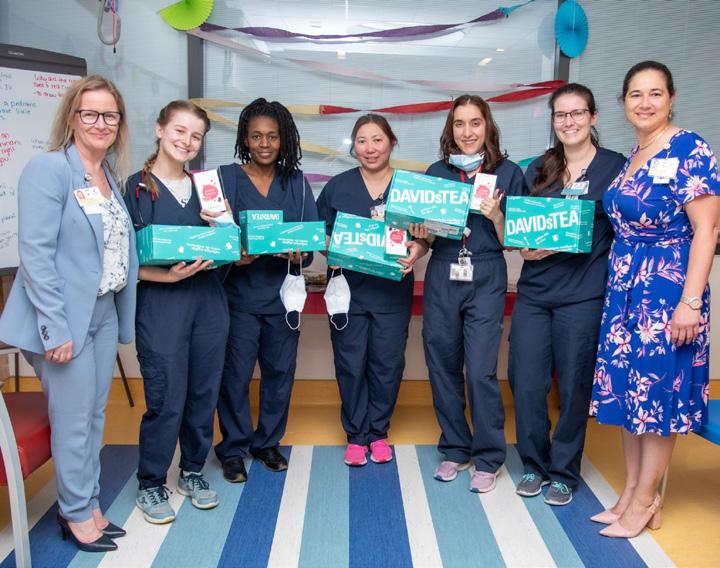

opportunities including Global Volunteer Week, its Breakfast for Kids program and clothing drives. In addition, General Mills offers a year-round gift-matching program for employees to donate to causes they care about with a dollar-for-dollar donation match of up to US$1,000. “Giving back to our local communities is something that is just a part of who we are at General Mills Canada,” explains Vince Mendes de Franca, president of General Mills Canada. “We are always seeking out new opportunities to make an even bigger impact each year.”
From 2023 to 2024, General Mills Canada ushered in a few new initiatives. The company donated 1,500 units of Lucky Charms to Achilles Canada, a non-profit that provides people with disabilities an opportunity to experience the benefits of running. General Mills Canada also became a national sponsor of the Canadian Paralympics, inviting employees to participate in the ParaTough Cup, a fundraising event of the Paralympic Foundation of Canada where participants compete in parasports to help raise funds for and awareness of the Paralympic movement.
Last year, Kellogg spun off its North American cereal business creating two

with Fuel for Kids helps support schools within the communities in which the grocery retailer operates
independent companies, including snacks powerhouse Kellanova. But, one thing that hasn’t changed is the Better Days Promise strategy, which has provided food to more than 1.8 billion people globally since 2015.
During the company’s transformation, Kellanova Canada has remained focused on helping communities across the country through consumer activations, employee giving efforts, donations and volunteer activities.
Highlights of these efforts include a relationship with Food Banks Canada and Toonies for Tummies, the latter of which provides schoolchildren in Ontario and Western Canada access to healthy breakfasts and mid-morning meals.
Most recently, Kellanova employees rolled up their sleeves for Day of Caring at Everdale Farm in Hillsburgh, Ont. and got their hands dirty by planting seeds and harvesting lettuce to give back to local food banks.
“As Kellanova carries the Better Days Promise into a new era, we are more committed than ever before to lead with our purpose, to create better days and a place at the table for everyone through our trusted food brands,” says Lores Tomé, head of corporate affairs at Kellanova Canada.








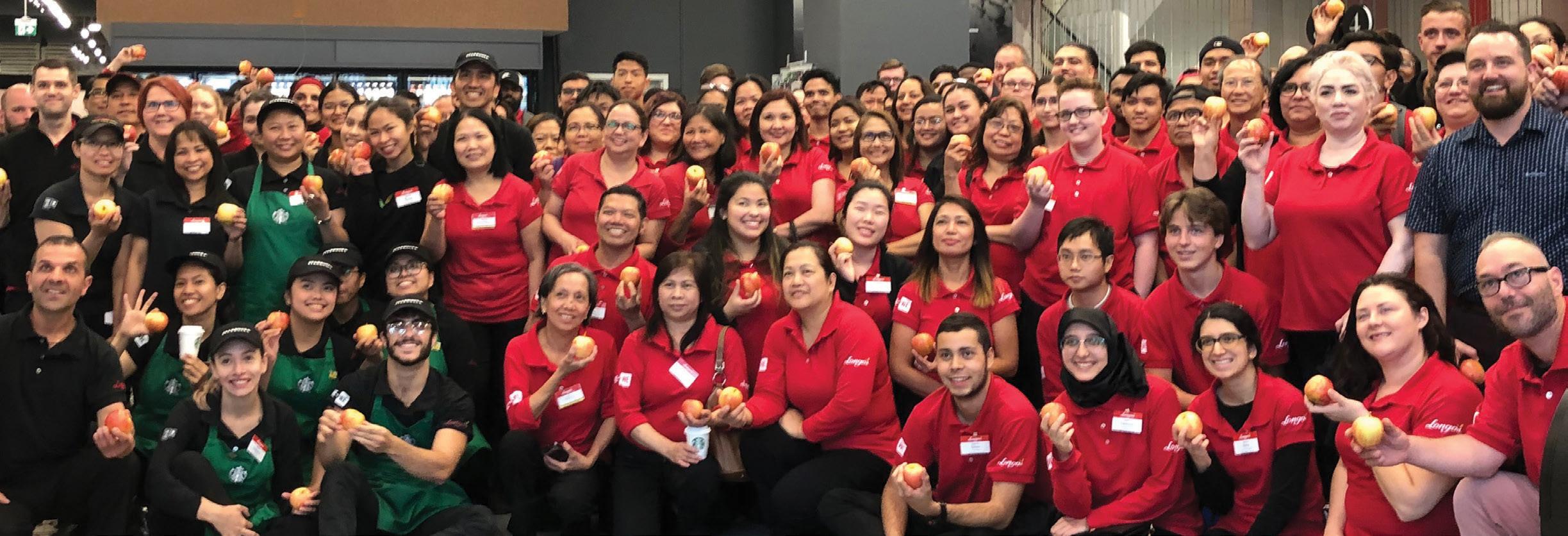
The Kruger Big Assist program has been making a difference in Canadian families’ lives since 2020, donating more than $800,000 to support minor hockey associations in making hockey more accessible. “Hockey is woven into the fabric of our country, but the cost of the sport and lack of diversity are deterrents for families across Canada,” says Susan Irving, CMO of Kruger Products. “The Kruger Big Assist is a program that helps remove those barriers.”
This year, the program introduced a public voting element, engaging the Canadian public to rally their communities and vote on which regional winner should receive the $75,000 Kruger Big Assist Grand Prize (TASA Minor Hockey Association in Upper Tantallon, N.S. took the grand prize). Canadians could cast their vote for the minor hockey association they felt best demonstrated how they would make the game more accessible and inclusive. Kruger also expanded the program’s strategic partnerships this year, joining forces with Canadian hockey influencers to drive nominations, and introduced limited-edition packaging with proceeds from every specially marked pack going towards giving more kids access to hockey. “As a Canadian company, we’re proud to assist the communities we serve by giving all kids the chance to play Canada’s game,” says Irving.

For the last three years, Lactalis Canada’s P’tit Québec brand has been empowering towns across Quebec that need a helping hand through its P’tits projets pas si p’tits (not-so-small, small projects) initiative.
Small towns don’t receive the same level of financial attention as big cities and, as

a result, many projects go unfinished due to a lack of resources. Enter P’tit Québec. “This unique, locally focused initiative helps support communities with a hands-on approach, including repairing, building and enhancing community infrastructure,” says Vince Vetere, general manager, cheese and table spreads, Lactalis Canada.
Most recently, P’tit Québec spent more than $50,000 to help Sainte-Edwidgede-Clifton (population 546). Among the changes, the elementary school received a donation for school supplies and upgrades. An outdoor learning centre, new basketball court and a bike rack was added. The community pool got storage boxes full of new pool toys and floaties and hooks for hanging towels and personal belongings. The walking path received new lights, a bench and a dog waste station. And, a donation was made to a restaurant that serves free coffee to seniors. “We look forward to continuing to make a difference and strengthen community bonding in many more vibrant Quebec communities,” Vetere says.
Maple Leaf Foods launched the Maple Leaf Centre for Food Security in 2016 as a registered charity committed to reducing food insecurity in Canada by 50% by 2030. Since then, the Centre has funded more than 30 projects across the country, committing more than $13 million to increase access to nourishing food and reduce food insecurity.
“There is a food insecurity crisis in Canada, now affecting nine million people and one in four children. It’s natural for a food company to feel a connection to this issue, yet we know food charity will not solve food insecurity,” says Lynda Kuhn, purpose advisor at Maple Leaf and chair of the Maple Leaf Centre for Food Security. “It will take public and
private sector collaboration, including vital policies and interventions to reduce economic, geographic, health and knowledge barriers to food security.”
The Centre’s actions range widely, so far including government advocacy, raising awareness through actions such as open letters in major Canadian newspapers, furthering research and collaboration through the Centre’s annual Food Security Symposium, awarding scholarships for graduate students researching food security, and more. “While the issue of food insecurity is worsening, we have established meaningful partnerships through the Centre that will advance our goal,” says Kuhn.
Metro’s commitment to volunteerism made its latest “Because We Care” campaign a resounding success. The campaign helps address the critical issues of food insecurity and access to necessities.
Nearly 370 Metro employees in Ontario and Quebec answered the call in 2023, donating more than 1,400 hours of their time to 15 charitable organizations in the two provinces, representing a 33% increase in participation from 2022.
Volunteer opportunities were made possible by Metro’s longstanding charity partners Centraide/United Way, Food Banks of Quebec, Feed Ontario and Second Harvest. Activities in Ontario included assisting with food sorting and distribution at Second Harvest, supporting efforts to alleviate hunger at Food Banks Mississauga, sorting food and providing essential services at Feed the Need Durham, and gardening and supporting campers at Camp Sunshine for Seniors on Ward’s Island in the Toronto Islands.
In Quebec, Metro employees volunteered with Centraide-affiliated charities and several other food banks in the Montreal area, doing landscaping, food












Our mission to bring health through food to as many people as possible began over 100 years ago. Across our business and our brands, health is our north star, and the cornerstone of our impact. But we know that our health impact is dependent on a healthy planet, as well as thriving people & communities.



BRINGING
HEALTH THROUGH FOOD TO AS MANY PEOPLE AS POSSIBLE
























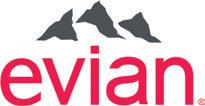



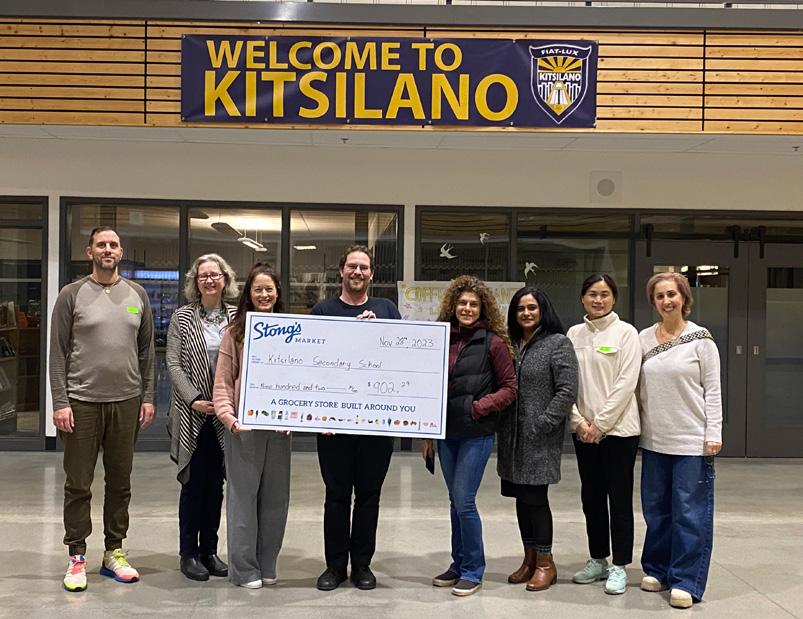
initiatives. In stores, Cadbury pledged $100,000 to food banks and encouraged customers to double the donation by purchasing designated Cadbury products. And a limited-edition Cadbury Goodness Bar was introduced online, inviting consumers to donate anywhere between $10 and $1,000 to purchase the chocolate bar, with Cadbury matching dollar-for-dollar and all funds being donated to Food Banks Canada. The initiative raised $300,000, providing more than half a million meals for Canadians in need.
As part of the initiative, the company’s employees were invited to volunteer at local food banks, while customers were encouraged to nominate local food banks to receive donations, fostering a sense of community involvement and ownership.

“It was important to us to find a way to support our local food banks and to involve our employees, retailer partners, franchisees, our suppliers and consumers from coast to coast,” says Stacey Biggar, marketing director at Mondelēz Canada.
“We are so proud to lead this initiative.”
those who were risking their lives every day to get the fires under control,” says Heidi Ferriman, Pattison’s senior vice-president, people, marketing & corporate affairs.
Through its Rabba Roots Community Giving Program, Ontario retailer Rabba Fine Foods regularly supplies food and essential items to those in need as part of its “Here for You” commitment.
This year, Rabba provided more than 250 pounds of ham and more than 5,400 eggs to help make Easter a little brighter for Greater Toronto Area families.
During the Super Bowl, Rabba hosted a dinner at The Good Shepherd Ministries to highlight the growing challenge of homelessness. The retailer also partnered with food rescue organization Second Harvest to collect and distribute grocery essentials.
Before the back-to-school rush, Rabba worked with Lassonde to donate several thousand organic juice boxes and SunRype Fruitsource fruit snacks to Food Banks Mississauga. And at Christmas, the grocer partnered with Maple Leaf Foods to provide more than 1,000 packages of bacon to the food bank.
sorting and meal preparation work. “This campaign exemplifies Metro’s caring culture, corporate responsibility and tangible impact,” says Marie-Claude Bacon, vice-president, public affairs and communications at Metro. “It’s more than just volunteering; it’s about embodying Metro’s commitment to nourishing well-being in communities.”
Mondelēz Canada launched its Cadbury Generosity Campaign to address food insecurity in Canada, supporting local food banks and providing a way for all Canadians to give back. The campaign took a multi-faceted approach that included in-store promotions and online
With wildfires raging across British Columbia in the summer of 2023, Pattison Food Group’s office team focused on managing logistics, filling emergency orders and ensuring product integrity, while its Kelowna stores acted as hubs for the region. Team members worked around the clock to provide water and supplies to wildfire and conservation crews, emergency workers, local food banks and organizations, including the Red Cross.
Though many staff had evacuated, the grocery stores kept their doors open, even with skeleton crews, to ensure community members could access food, household essentials and medicines as needed. Staff cancelled holidays to help in stores and Pattison’s resource protection team delivered meals prepared by local stores to RCMP and wildfire and conservation crews. In addition to efforts on the ground, the grocer helped raise $64,000 in support of those affected by wildfires.
“While the fires brought devastation and uncertainty to so many, we just can’t express how proud we are of the way our team members went above and beyond to help those who had been affected and
“We love the neighbourhoods that we serve and have spent over 50 years making a local impact in each of our communities,” says Rima Rabba, the company’s head of marketing and leader of the Rabba Roots Community Giving Program. “As a family-owned independent grocer, we understand the irreplaceable role played by shops like ours and are always striving to do more each year.”
For this B.C.-based grocer, supporting local communities and charities is a year-round commitment. In the past 12 months, some recipients of its checkout fundraising campaigns have included children’s hospice Canuck Place, Harvest Project, which helps vulnerable residents, and Food Stash Foundation, which rescues food close to its expiry date to redistribute to those in need.
Last year, Stong’s donated more than $23,000 to local communities through a combination of gift cards, products and sports sponsorships. It also provides an opportunity for parents to raise money for their children’s schools through their weekly grocery purchases. For all parents or faculties that spend money online at express.stongs.com, Stong’s donates 4%
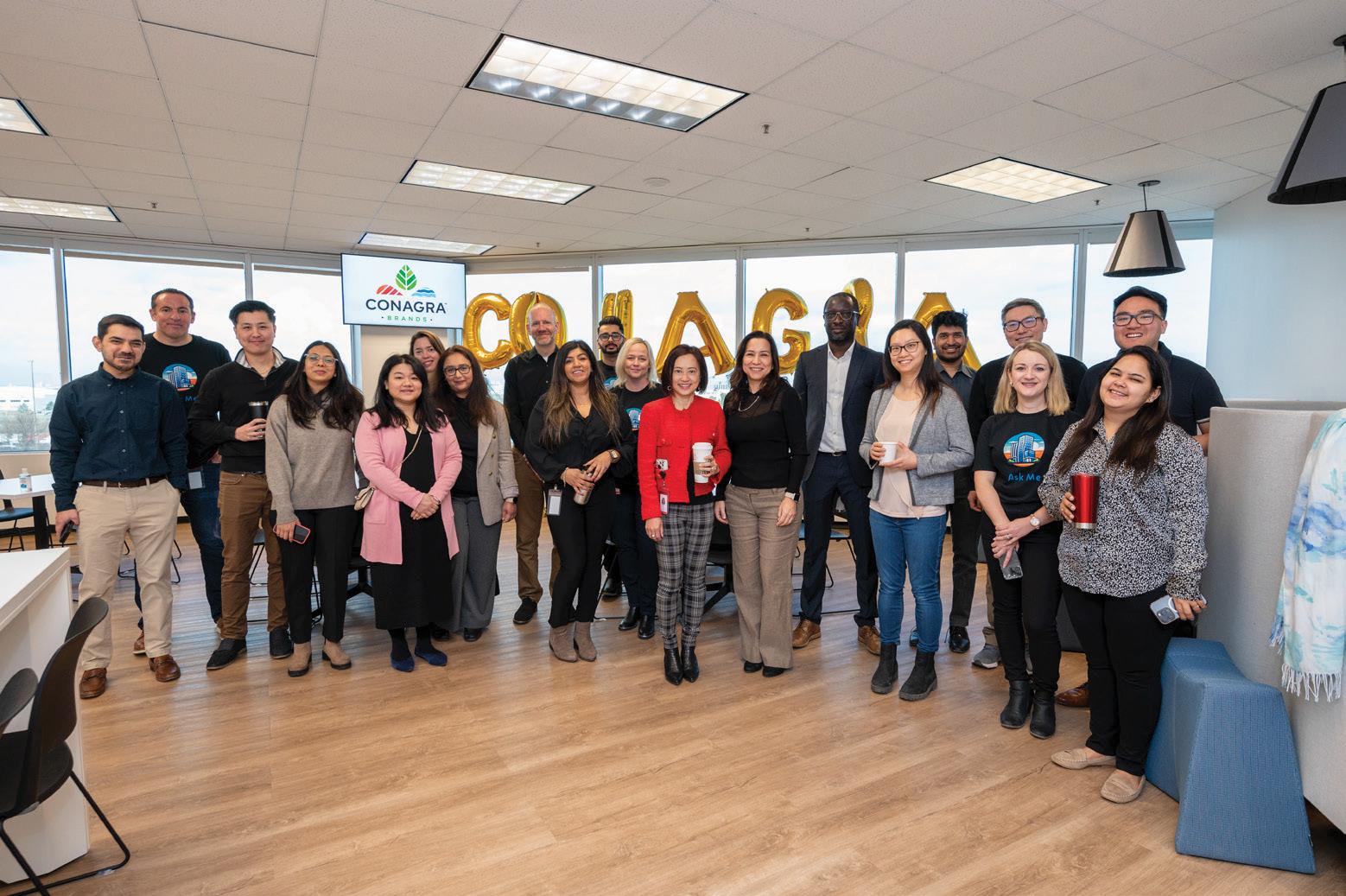
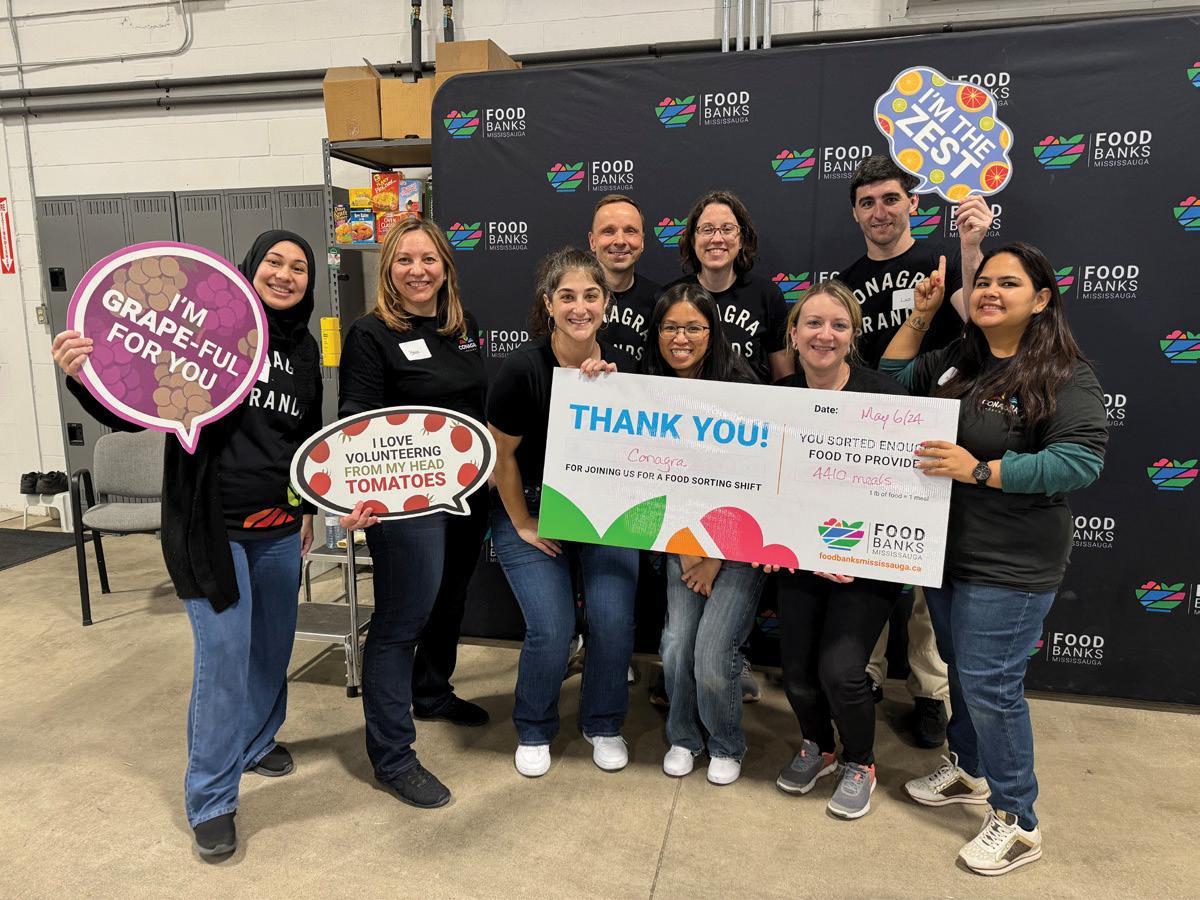
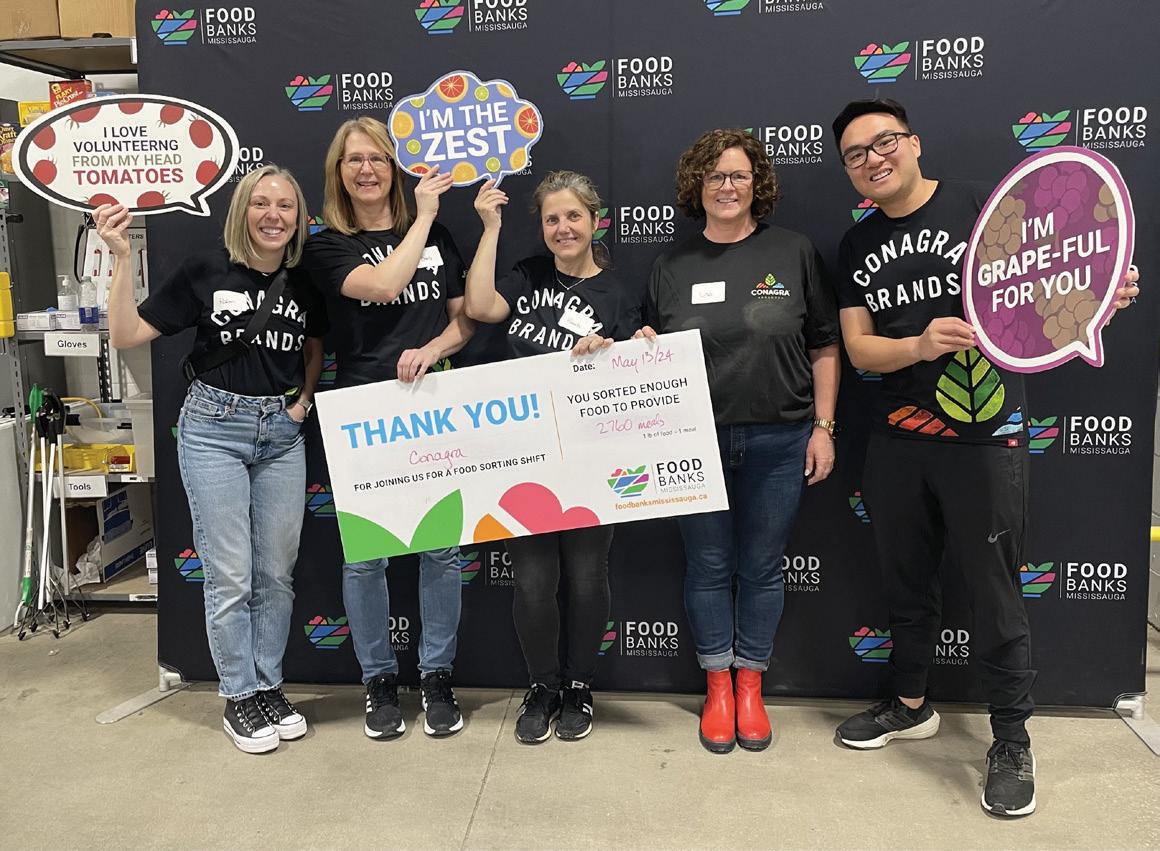





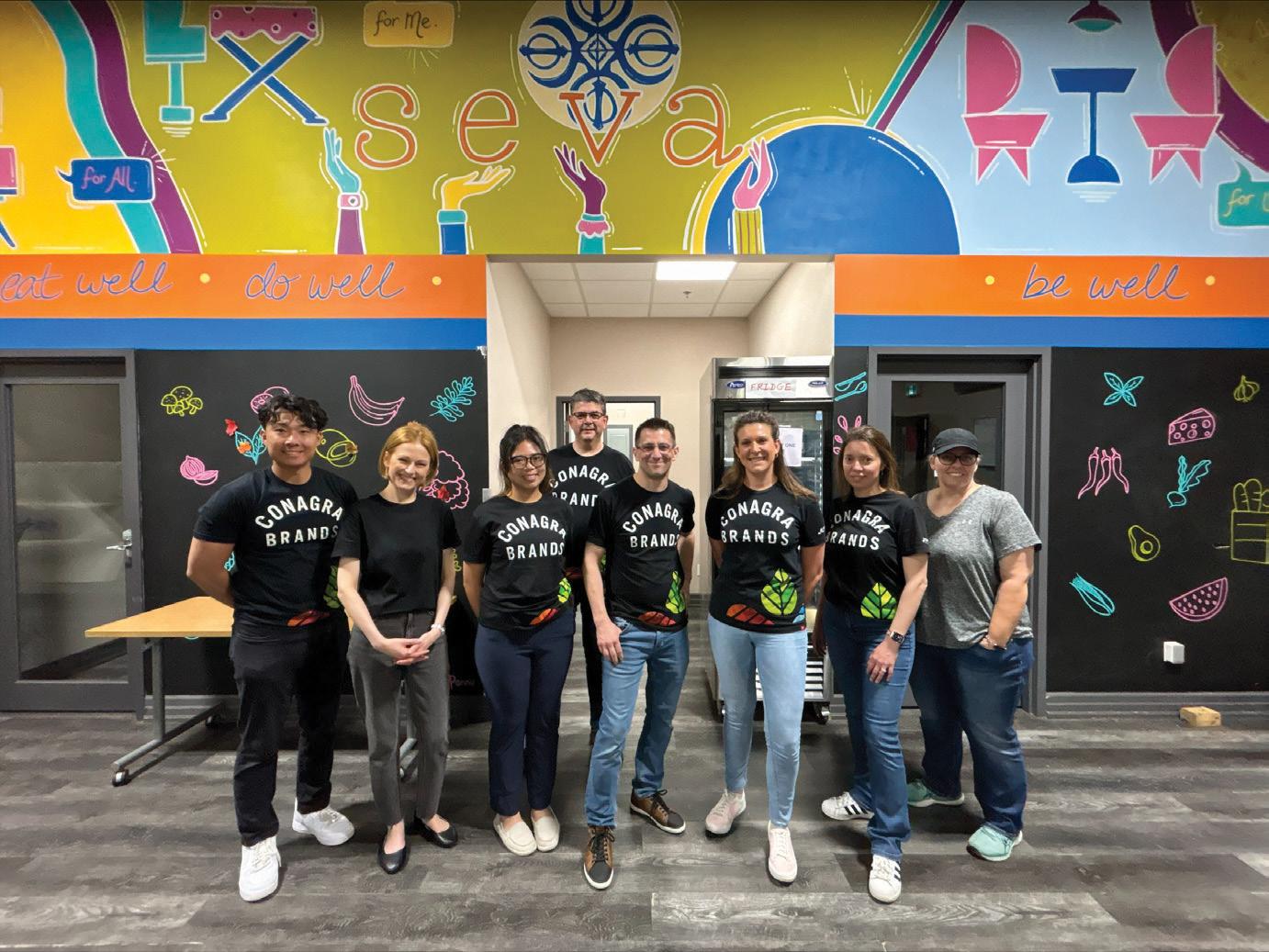














General Mills Canada is a proud recipient of the 2024 Grocer Impact Award.
Community Service, Local Impact and Giving Back








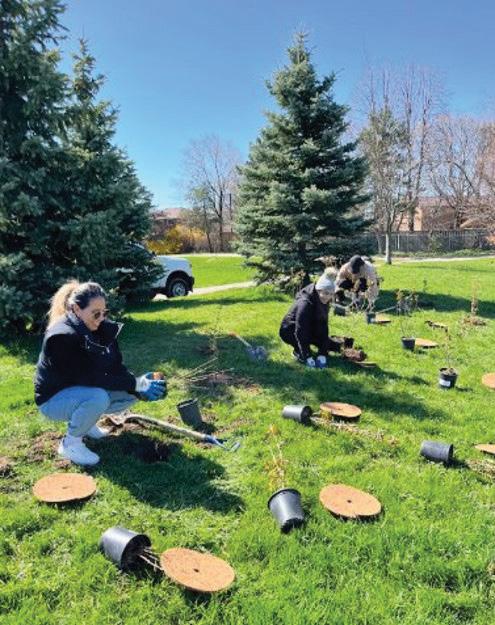

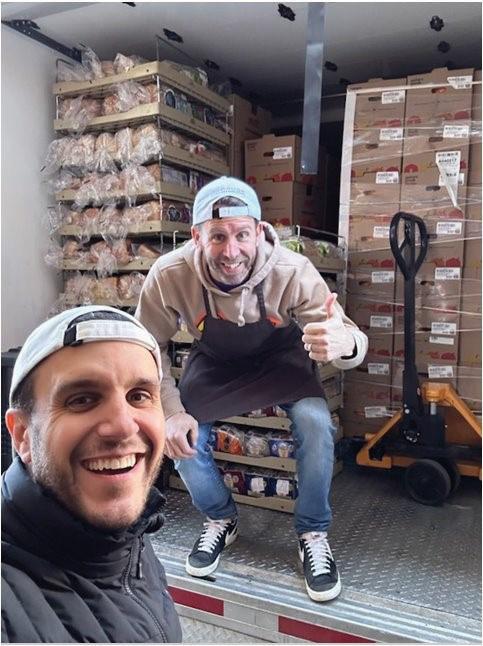
of their orders back to the Parent Advisory Council. That amounted to almost $15,000 for the 2022-2023 school year.
“We are thrilled to be an integrated part of the communities we serve in Vancouver, North Vancouver and Squamish,” says Brian Bradley, president of Stong’s Market. “The commitment of our staff and customers to give back throughout the year through donations, event and sports sponsorships, checkout fundraising as well as other initiatives is a privilege we embrace.”
“We’ve been donating food for as long as we’ve been in business,” says Brianne Arnott, UNFI Canada’s director, marketing, branding and communications. “This is important not only for the health of our community, but also a responsible environmental practice to divert as much from the landfill as possible.” In 2023 alone, UNFI Canada donated 225,000 pounds of food to food banks.
But, food donation is just one aspect of UNFI’s “Better for All” strategy. It also has a financial donation matching program—UNFI matches 100% of donations made by employees on Giving Tuesday, as well as during the organization’s fall food drive and toy drive campaigns— along with a strong volunteering program, in which every full-time salaried employee is given 16 hours of paid time off each year to volunteer at a non-profit of their choice. Collectively, the UNFI Canada team volunteered 875 hours last fiscal year, and this year they’re targeting a collective total of 1,100 hours.
“When associates have the time and the support of their company, it makes doing the work so much easier,” says Arnott. “Working on something different with your peers, giving your time to a cause you believe in and knowing that it’s helping others just makes you feel good.”
In 2020, Upfield Canada established the Becel Kind Hearts Fund, which is dedicated to fighting food insecurity in Canada. To achieve this goal, the fund donates $500,000 annually to food banks across Canada, where communities and clients experiencing food insecurity can get access to good food.
The fund also supports food rescue partners: an important initiative since nearly 60% of food produced for
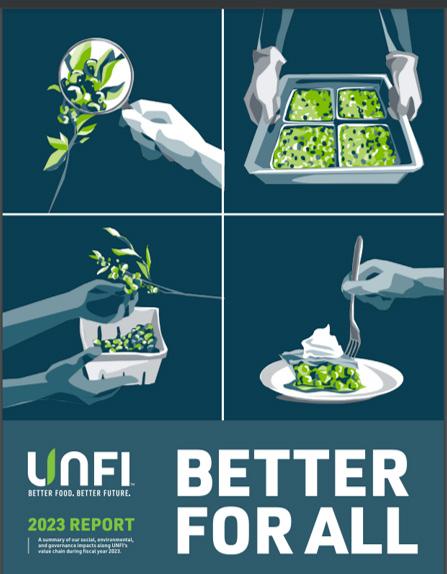
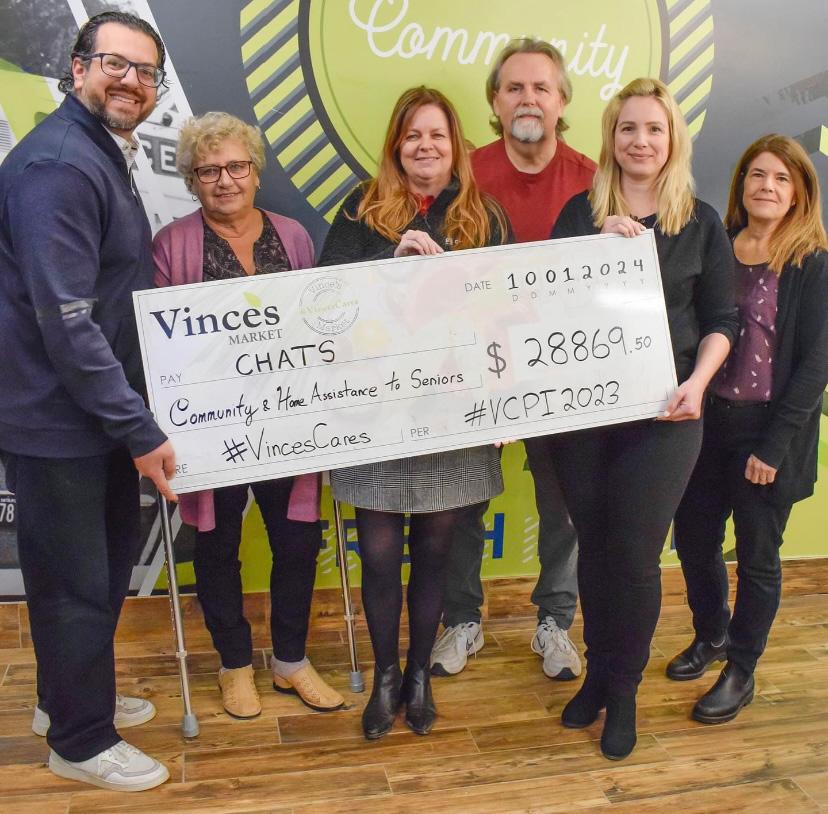
Canadians is lost and wasted annually. In September 2023, Loaves & Fishes Community Food Bank in Nanaimo, B.C., used the Becel Kind Hearts Fund’s $25,000 donation to invest in its food recovery system, allowing the organization to provide five dollars of good food for every dollar they received.
Running since 2018, the Community Project Initiative is a program developed by Vince’s Market to leverage its vendor community and make a positive impact on local organizations in the four markets it operates. Since launching, it has become a trifecta of customers, grocery team members and suppliers working together to give back, with $150,000 raised and distributed to local organizations over the last six years.
Each year, Vince’s creates six periods of
time where select vendors become period sponsors. Their “community product” is advertised for that entire period and 15% of its gross sales are earmarked for donation to a designated charity. This year, that organization is Toonies for Tummies, which helps bring healthy breakfasts and snacks to schoolchildren. Vince’s also hosts a fundraising summer barbecue for customers where these partner vendors participate.
“The domino effect is ideal as everyone knows if they participate the funds will grow,” says Maria Ciarlandini, ambassador community support and finance administrator at Vince’s Market. “We try and find organizations that serve our four communities, and this year we’ve already reached our highest midpoint ever [in funds raised for the year].”
The grocer also hosts an annual vendor’s meeting to recognize suppliers for their contributions.
Every year, Whole Foods donates millions of pounds of perishable and nonperishable food to local food banks and food rescue agencies across Canada. Last year alone, its Canadian stores donated enough food for nearly 835,000 meals.
Whole Foods Market foundations, Whole Cities and Whole Kids, work to further fulfil the grocer’s larger purpose to nourish people and the planet by helping to advance healthy food access, nutrition and economic opportunities. Last year, Whole Cities awarded $56,000 worth of grants to support non-profits focused on long-term healthy food access and nutrition education. “Our community-first approach champions homegrown solutions and respects local residents as leaders and co-creators,” says Whole Cities’ director of programs Dianna Purcell.
Whole Kids, which supports schools and inspires families to improve children’s nutrition and wellness, invested more than $1.4 million in 2023 to programs serving children in 155 schools. “Whole Kids is fuelling change in Canadian schools by getting healthy, local, sustainable food on the plates and minds of students,” says Whole Kids’ director of programs Kim Herrington. “We invest in opportunities that expand access to healthy food choices, connect kids to the roots of their food and encourage meaningful learning experiences that create lifelong healthy eating habits.”
Maple Leaf Foods Inc. is proud to have bene recognized in The Sustainability Category
Maple Leaf Foods is on a journey to raise the good in food! As we aspire to be the most sustainable protein company on earth, sustainability is central to every aspect of our business from the food we make, to the animals we care for, to our people and the communities we operate in, and the planet we must protect.
Here are some of the ways Maple Leaf Foods is raising the good in food:
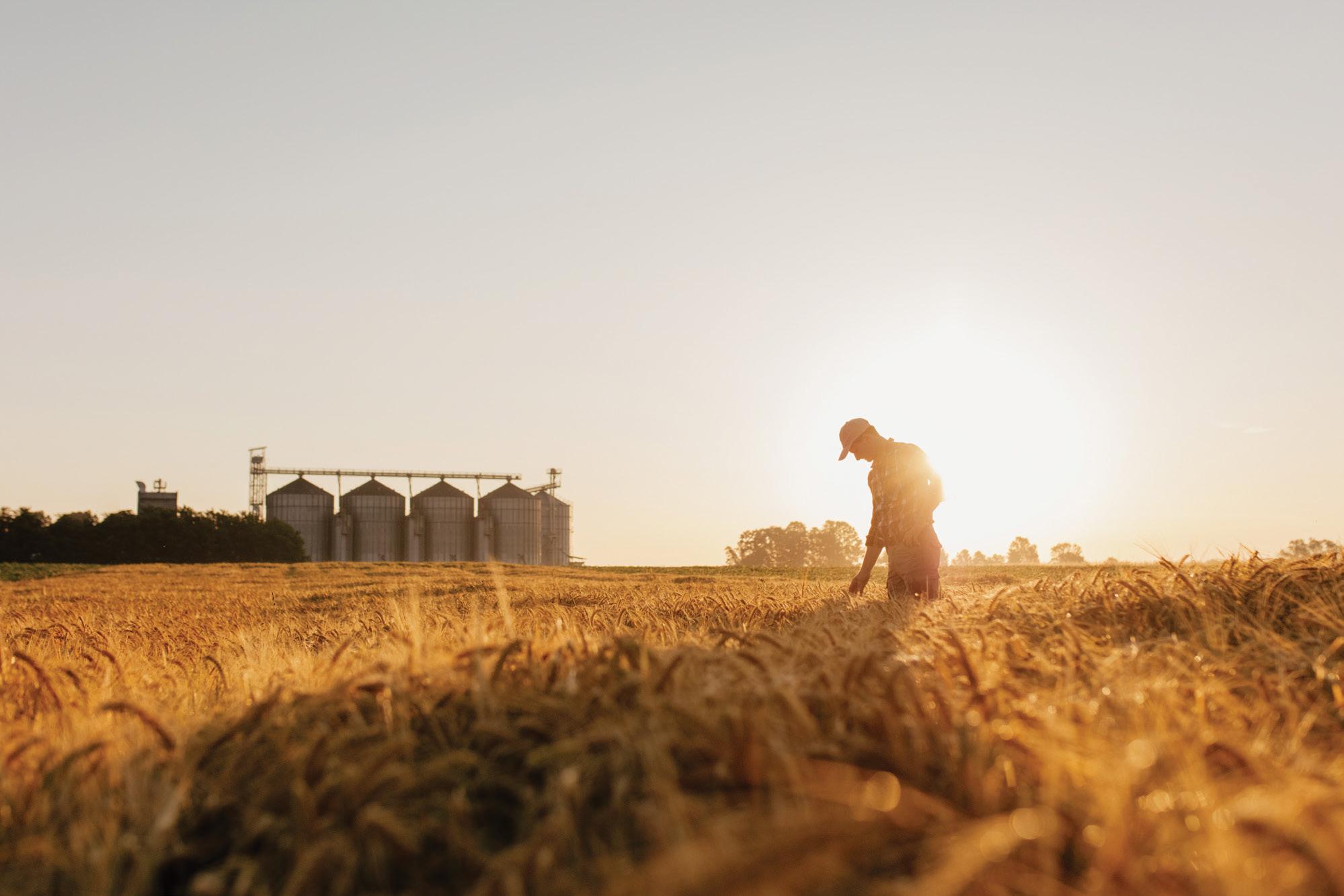
• In 2023, Maple Leaf Foods Inc. celebrated 4 years as the first major carbon neutral food company in the world.
• We created the Maple Leaf Centre for Food Security 8 years ago with a goal to reduce food insecurity by 50% by 2030.

• To date the Centre has committed more than $13M to over 30 projects across Canada seeking to address food insecurity.
Join us on the journey. Let’s build a better future, together. Scan the QR code to learn more.

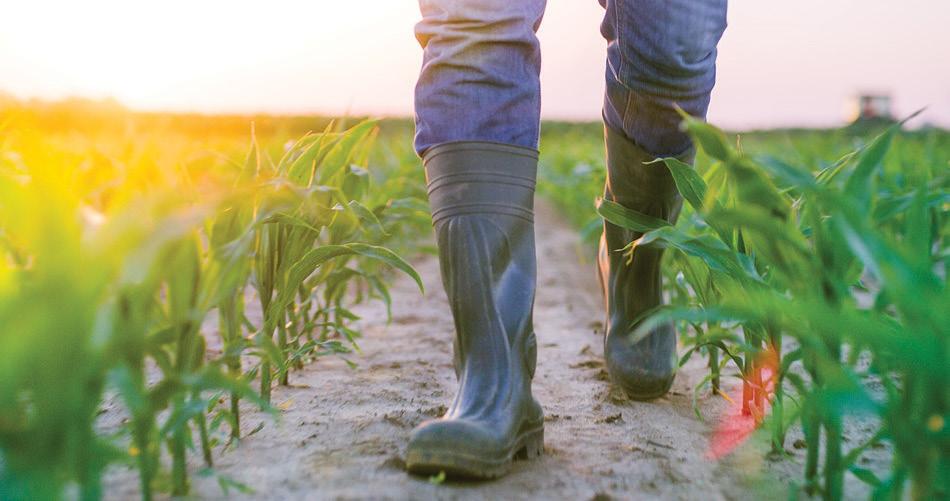

Group Bel Canada is the proud recipient of the 2024


Bel Group Canada has had an action plan in place for the last five years to achieve gender diversity among managers. As a result, women now account for 51% of director level and above roles at the company. That’s much higher than Statistics Canada numbers that found women in the country hold only 31% of senior management roles.
Women at Bel Group Canada hold five of seven vice-president and higher-level positions, including the CEO of the Canadian business unit and a plant director at the Babybel cheese plant in Sorel-Tracy, Que.
Bel has also taken concrete actions for women to achieve equity in senior leadership roles such as joining, in 2023, the LEAD Network, an organization commited to attracting, retaining and advancing women in the CPG industry.
“At Bel Group Canada, corporate responsibility is an integral part of how we operate,” says the company’s CEO Cristine Laforest. “That is why we have built our business model around having a
positive impact, which includes ensuring we are committed to diversity, equity and inclusion (DEI) for all. We are working to integrate DEI, both internally and externally, for greater social cohesion, well-being and performance.”
High-potential youth from across Canada are getting a first chance at career progression at Danone Canada, through the launch of the company’s First Chance Employment Program.
The initiative provides youth the opportunity to join Danone’s retail team













At Bel Group Canada, corporate responsibility is at the core of how the company operates, says CEO Cristine Laforest



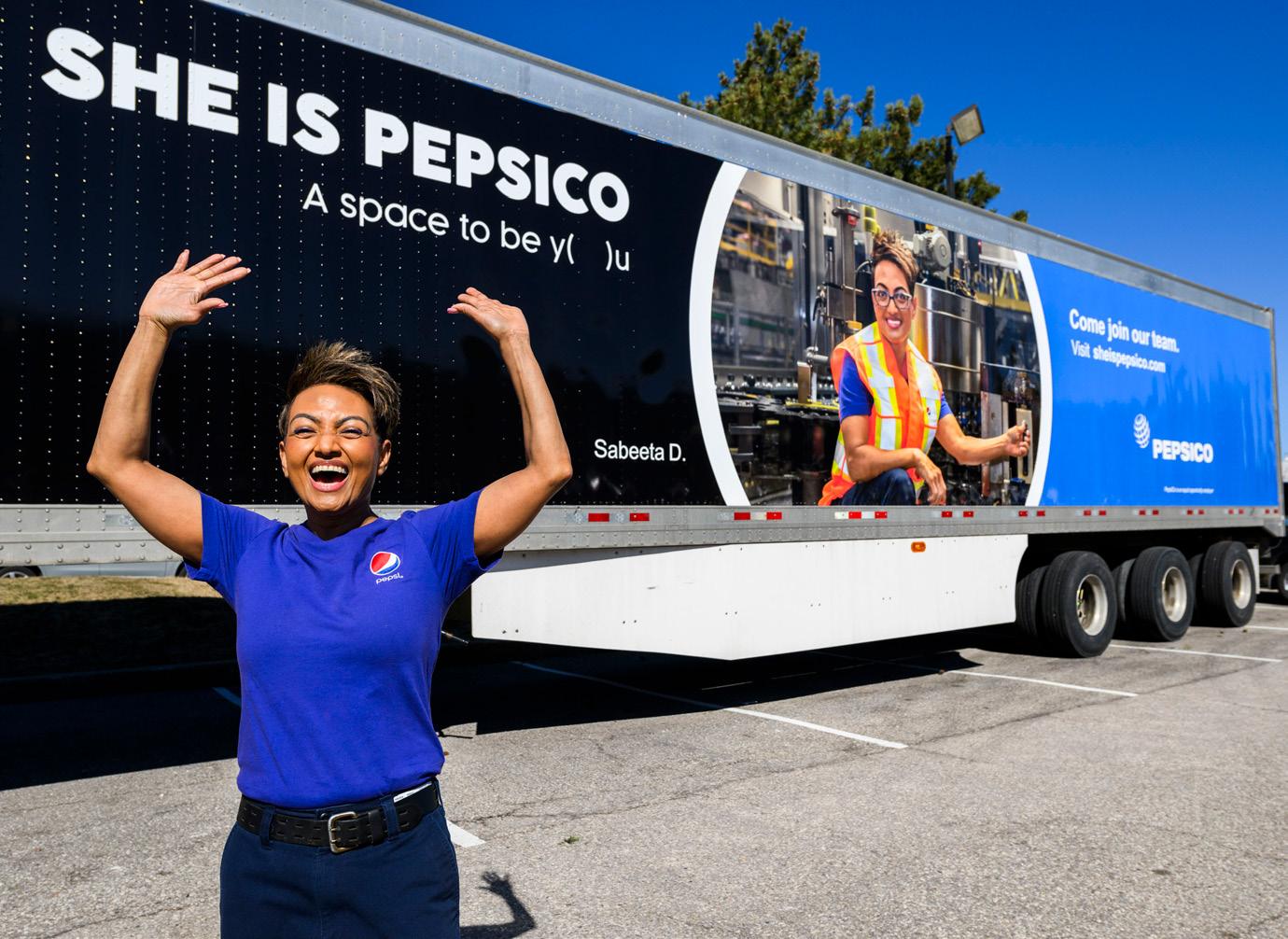
as merchandisers for one year, while benefiting from coaching, training and support from employees and more.
Danone employees enable participants to develop the skills necessary for career success, including public speaking, business writing, presentation, time management, job searching and networking. The company says the first cohort started to see strong business results and personal and professional development within a few months.
“The First Chance Employment Program is a unique occasion for Danone to impact communities by creating an opportunity for youths to develop the skills and capabilities they need for the future,” says Deveen Brown, senior manager, learning, culture & DEI at Danone Canada. “Not only does this initiative enable us to achieve our DEI mission, it also gives us the opportunity to strengthen our relationships with our customers by offering a better, more personalized service in underserved communities. We aim to create pathways for these young talents, support them in building future-ready skills and, in turn, contribute to helping our communities thrive.”
PepsiCo Canada considers DEI to be a competitive advantage, and the snack food maker has taken several measures to ensure its people can be themselves, progress and thrive.
By the end of 2023, most employees had completed the Everyday Inclusion Workshop, which incorporates inclusive behaviours into people’s everyday lives. Additionally, the company provides a range of resources to promote mental wellness, including webinars and mental health training.
In addition, PepsiCo Canada has six corporately funded Employee Resource Groups that, in partnership with human resources, support recruitment initiatives and host monthly events aimed at driving awareness of important societal issues.
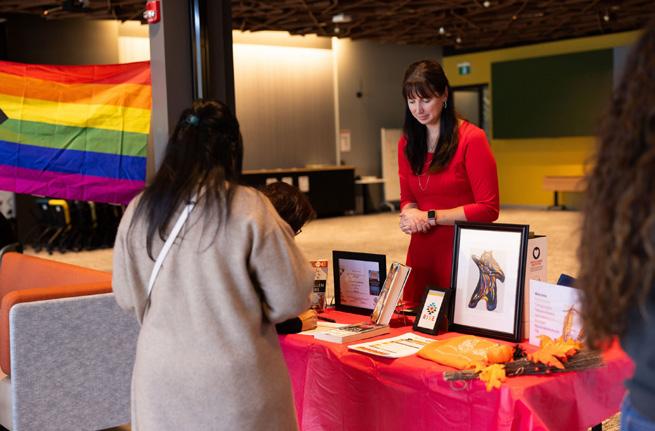







































































































































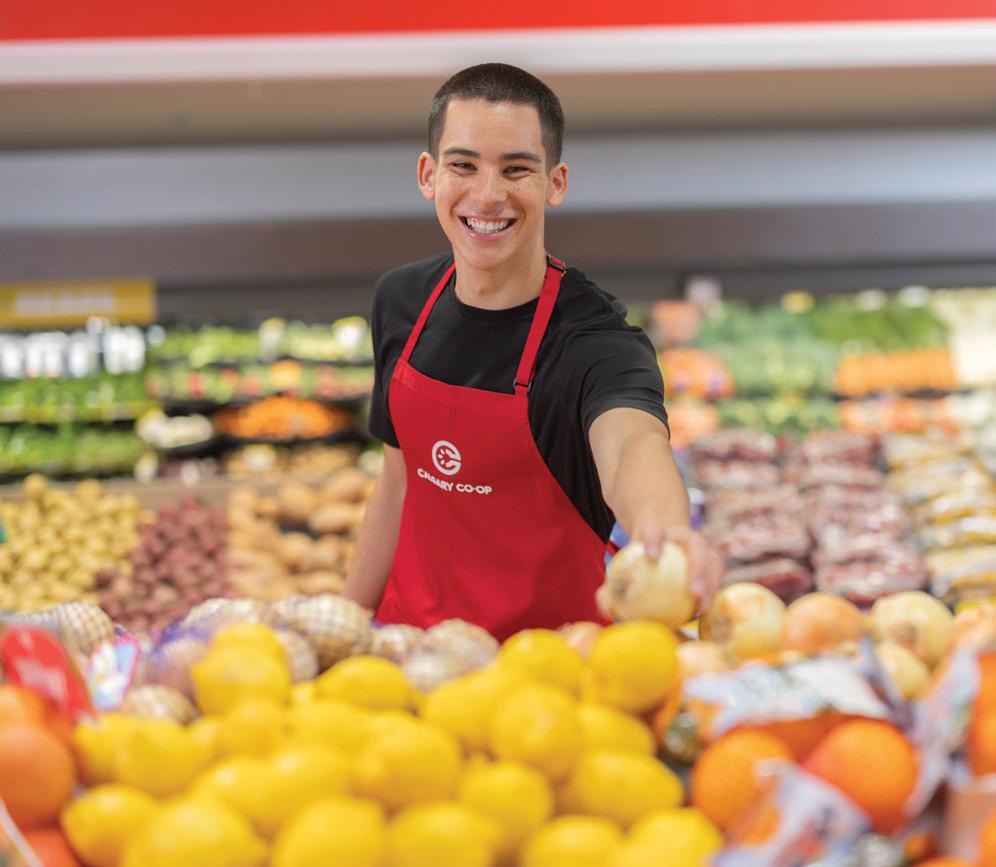



























The company’s brands also celebrate diversity, including Bubly, which has been supporting Pride celebrations in Canada’s largest cities for several years.
“At PepsiCo Canada, we are on a journey from awareness to commitment to action, and we’re proud of the progress we’ve made in creating an inclusive workplace,” says Dave Moncur, vice-president, human resources, PepsiCo Foods Canada. “Our approach to diversity, equity and inclusion extends beyond our walls and is important to how we work alongside business partners and within our communities. With the help of our passionate employee resource groups, empathetic leadership teams and esteemed partners, our ambition is to continue offering a space where our employees can bring their whole selves to work.”
As a grocery and retail company that serves many Indigenous communities, The North West Company is making reconciliation a priority with its Indigenous Procurement Strategy, aimed at ensuring Indigenous businesses have equitable opportunities to partner with North West. “This commitment aligns with our purpose to help make a positive difference within each community we serve,” says Jim Caldwell, president, Canadian retail, The North West Company.
North West’s partnership with Dreamcatcher Promotions, a 100-per-cent Indigenous-owned apparel company, is just one example of the strategy in action. Dreamcatcher’s goods are featured as a “shop-within-a-shop” in 76 of The North West Company stores, highlighting culturally relevant products that resonate with Indigenous customers. The North West Company also collaborated with Dreamcatcher to create the charity teddy bear “Northy” to raise funds for its Healthy Horizons Foundation, which is dedicated to empowering children and youth in northern remote locations to build healthy lifestyles.
North West’s procurement processes reflect its strong commitment to build more collaborative relationships with Indigenous communities. “For example, we have implemented listening sessions with Indigenous businesses to understand and learn what challenges and barriers they face when trying to partner with companies like The North West Company,” says Caldwell.

Since launching its sustainability strategy in 2021, Bimbo Canada is making progress towards achieving zero direct emissions by 2040, and net zero supply chain emissions by 2050. Bimbo boasts operating more “Energy Star-Certified” industrial facilities than any company in Canada and is the only Canadian company to have two facilities complete the Energy Star Challenge, reducing plant energy intensity by 10% in less than five years.
Last year, Bimbo invested in an electric shunt truck that reduced shunting-related emissions at its largest bakery by 72%. It is also completing installation on a groundbreaking energy transformation project at five facilities that implements line-level, real-time cloud monitoring of all major consumers of energy, water, steam and compressed air. The project
will use artificial intelligence to find patterns and opportunities for further energy conservation and is so innovative that multiple government departments have invested in it, given the potential to scale findings across the entire food and beverage sector.
“Operating more sustainably not only aligns with our core values as an organization, it’s also good for business,” says Jeff Robertson, director of environment & sustainability at Bimbo Canada. “Along with our social sustainability work, we take environmental stewardship seriously and recognize that the food system has a big impact on the planet.”
Quebec-based Café William’s ambition is to make the world’s most sustainable cup of coffee. While brainstorming how to reduce the company’s carbon footprint, the team invested in a zero-emissions, wind-powered cargo sailboat to transport beans from coffee-growing regions to North America.
Last December, after two years of research and planning, Café William embarked on its first sailing of 72,000 kilograms of coffee beans from Colombia to North America. Another eco-friendly move for the company was implementing

the world’s first 100% industrial hydroelectric roaster, which helped the company become Certified B Corp as of February 2024. “Our initiatives strive to establish a pioneering benchmark for sustainability in the coffee industry,” explains Kathleen Théorêt, marketing director at Café William.
Looking to the future, Café William hopes to have a fleet of sailboats in operation by partnering with maritime transport company TOWT. The company’s next shipment in the fall of 2024 will increase its capacity to one million kilograms of beans. Café William is also on the waiting list for electric trucks, which will make it one of the first companies in Quebec to implement 100% electric trucks for deliveries.
Calgary Co-op is taking “clean” business practices to a new level. Through partnerships with local companies and the use of a carbon capture system implemented in 2023, carbon emissions from the organization’s head office are now being converted into pearl ash, a key ingredient in six, all-natural, private-label Cal & Gary’s Carbon Capture Bar Soaps sold in its stores.
To reduce food waste, the grocer also runs a successful Fresh Food Rescue Program across 19 of its stores where perishable, but still fresh food items nearing their expiry dates, are delivered to those in need. Since launching in 2021, the program has provided more than 2.9 million pounds of food to the Calgary Food Bank.
“The Fresh Food Rescue Program means
so much to the Calgary Co-op team as it embodies our commitment to sustainability and supporting our community,” says Calgary Co-op CEO Ken Keelor. “We are incredibly proud of this initiative’s success in addressing food insecurity, while also championing our core values of sustainability.”
The grocer has also implemented EV charging stations at select locations and is improving energy efficiency in-store with LED lighting, upgraded refrigeration systems and the use of high-efficiency cogeneration systems.
Innovative and sustainable egg packaging by Cascades is addressing the need for economically viable packaging solutions in the organic and free-range egg categories.
Cascades’ goal was to create a packaging solution that would be sustainable, practical and appealing to consumers, retailers and processors. It would compete with PET and polystyrene egg packaging, which pose significant environmental concerns.
Cascades’ recyclable and compostable Fresh Guard EnVision 12-egg carton is made from 100% recycled fibres. It includes a patented deep tray that conforms to the eggs’ shape, reducing breakage and improving protection. The packaging offers optimal visibility of the eggs from the top of the container, reducing the need to open containers and lowering the risk of breakage. It is easy to handle and is highly efficient in terms of storage, offering
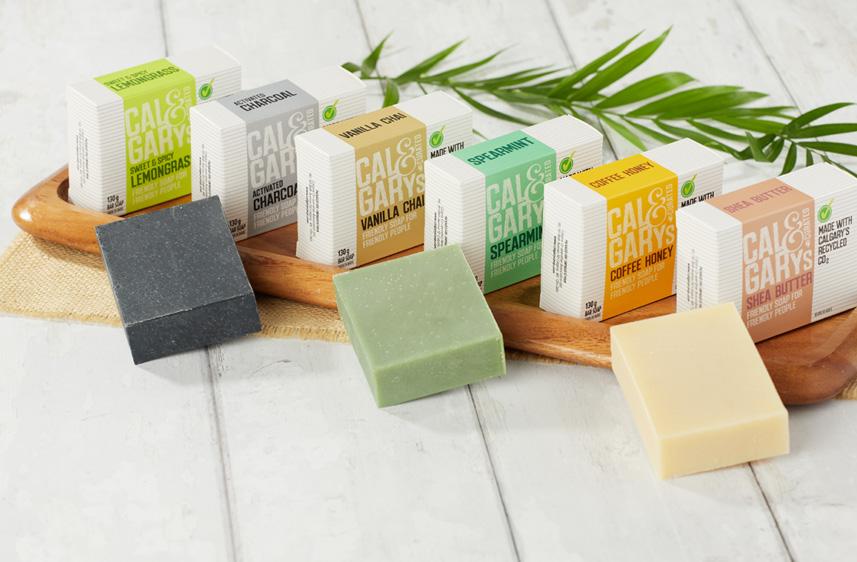
significant space savings.
“Our team is committed to supporting customers in finding solutions for all their packaging needs, from farm to factory to store to home,” says Jérôme Porlier, president and chief operating officer of Cascades Specialty Products Group. The goal was “to develop a solution that was sustainable, attractive, efficient and comprehensive.”
Danone Canada recently reframed its sustainability program through the launch of the Danone Impact Journey, which is centred around the pillars of health, nature, people and communities.
The company’s ambition is to make food a solution that preserves and regenerates nature. As such, Danone has made a commitment to decarbonizing its business and curbing greenhouse gas emissions in line with the Paris Agreement on climate change.
Danone also aims to pioneer and scale regenerative agriculture, preserve and restore watersheds where it operates and reduce water usage, while driving the transition to a circular and low-carbon packaging system and cutting waste across its value chain.
The Danone Impact Journey “puts our dual purpose of creating value for both our business and communities at the centre of everything we do,” says Pascal Lachance, director, sustainability at Danone Canada. “This framework brings higher cross-functional ways of working throughout all sectors of our organization and ensures we all work in the same direction. With impact firmly anchored in our business structure, this clear framework helps us drive our actions and progress for the future.”
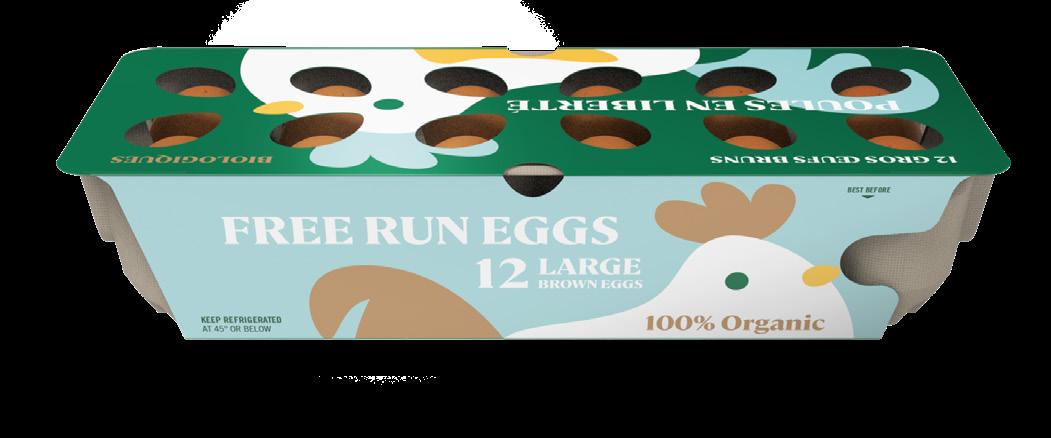

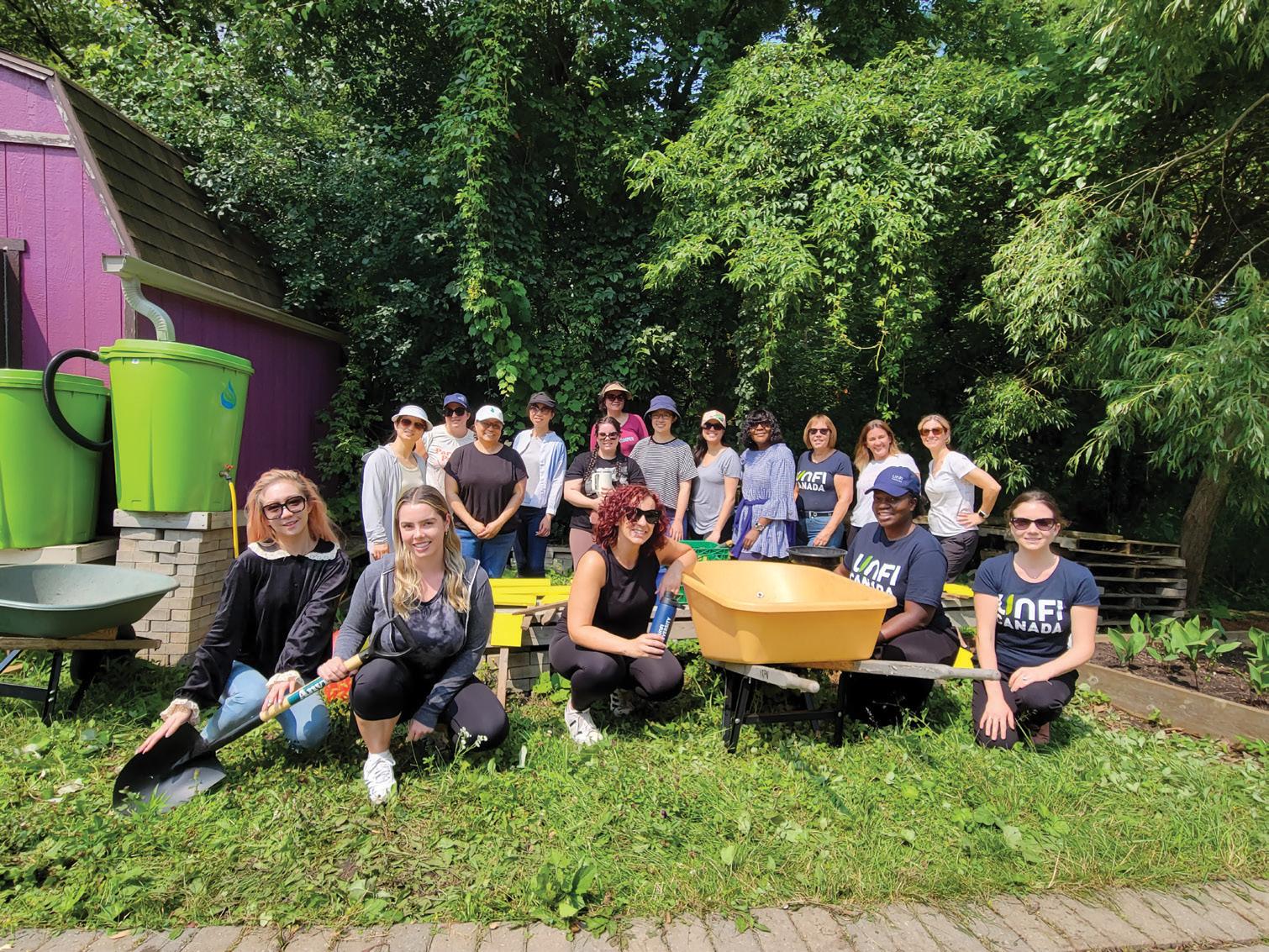




Royale ® Tissue Products are carbon neutral.
Each year, forests we manage remove more carbon than is emitted in the lifecycle of Royale® tissue products.
**The certification that Royale® tissue products are carbon neutral is another step in our larger commitment to the environment.

As part of a broader mission to reduce its environmental footprint and mitigate greenhouse gas emissions, Gray Ridge Egg Farms launched a solar energy initiative at the end of 2023. At its farm and grading station properties, the company installed solar panels that have the potential to produce 2,000 kilowatts of DC capacity: the equivalent of powering 50 to 65 households daily. This translates into energy use reductions of up to 13% at its Listowel, Ont. grading station, up to 26% at its Strathroy, Ont. grading station and an impressive 100% reduction in energy consumption at six of its egg producer barns in Southwestern Ontario.
By using solar panels, the company gains access to a clean and renewable source of energy that emits no greenhouse gases or pollutants associated with fossil fuels, allowing the company to reduce its carbon footprint.
“We are excited to continue to harness the power of the sun and share with others what we have learned with this initiative,” explains Hollie Chavarria, sustainability manager at Gray Ridge Egg Farms. The company hopes its solar energy initiative will help set a new standard for environmental sustainability within the grocery industry.
In March 2023, Irving Consumer Products announced its Royale tissue products had been verified carbon neutral by the Carbon Trust—a global, independent certification body specializing in the verification of carbon footprints.
“Our commitment is rooted in our core value to operate at the highest standards to ensure the protection of employees, the public and the environment,” says Robert K. Irving, president of Irving Consumer Products and co-CEO of J.D. Irving Limited.
The verification includes the carbon footprint of all scopes including input materials, production, distribution, usephase and end-of-life phase of the tissue products. “Households across Canada use Royale tissue products in their homes every day, so we’re thrilled to be able to reward that choice with a carbon-neutral product that brings unchanged premium quality, value and softness that Royale consumers expect,” adds Irving.
Gray Ridge Egg Farms’ solar energy project in Ontario gives the company access to a clean, renewable source of energy

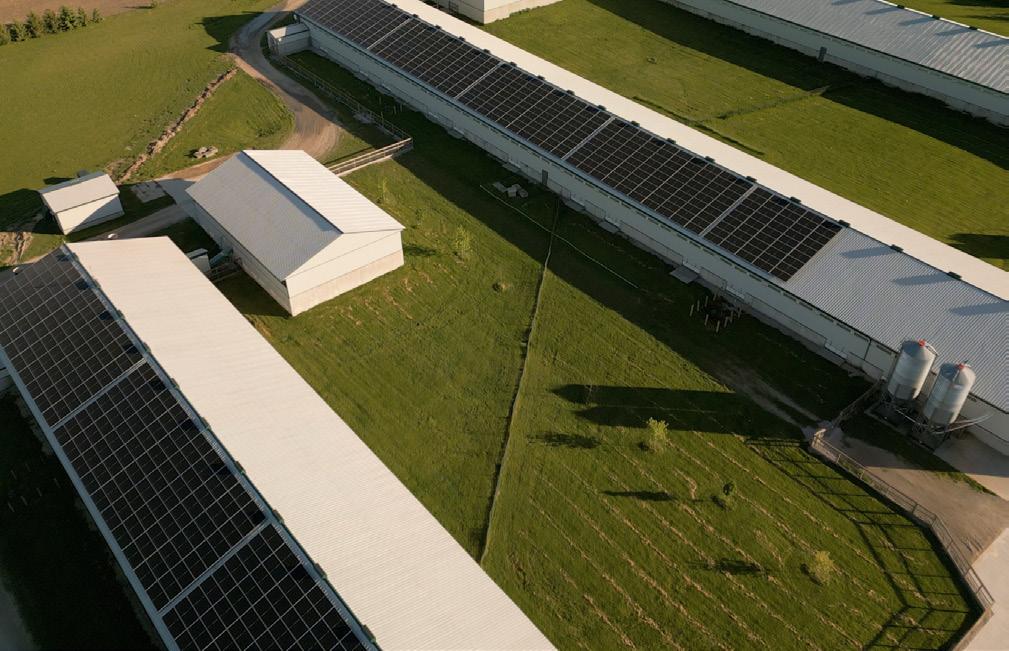
“We are constantly finding new and innovative ways of reducing our carbon footprint,” says Éric Séguin, senior vice-president of supply chain at Lactalis Canada. The company’s Intermodal Transportation Program is a perfect example. Since the program’s launch four years ago, 70% of Lactalis products transported from Eastern to Western Canada have transitioned from road to rail. This strategic move has decreased the company’s dependency on truck transportation, which is not only improving operational efficiency and route optimization but also, of course, enhancing sustainability.
The Intermodal Transportation Program has significantly lowered the dairy giant’s carbon footprint and contributed to an eco-friendlier approach in its logistics operations. “The success story of this program is that it has improved, overall, operational efficiency, optimized distribution routes and reduced more than 14,000 metric tons of greenhouse gas emissions (CO2e), which is the equivalent of taking 3,000 trucks off the road annually,” says Séguin.
With more and more people transitioning to electric vehicles (EVs), Longo’s took the initiative to make it convenient to charge up at its stores. Now customers and staff can charge their EVs at any of the Level 2 charging stations available at 17 Longo’s locations. In 2022 alone, this

infrastructure enabled users to eliminate 32,939 kilograms of carbon dioxide.
Earlier this year, with $500,000 of funding from Natural Resources Canada, the grocer introduced a cutting-edge, battery-powered EV charging solution at its North Oakville, Ont. store. It features seven Level 3 chargers with a 600 kilowatt-hour battery system that seamlessly powers up to seven 150 kilowatt-hour fast chargers. The system also has the capability to provide backup power to the store in the event of a power outage.
“Our target to have EV stations available at all locations (where feasible) by 2025 reinforces our commitment to environmental stewardship, one of the three pillars of our sustainability strategy,” says
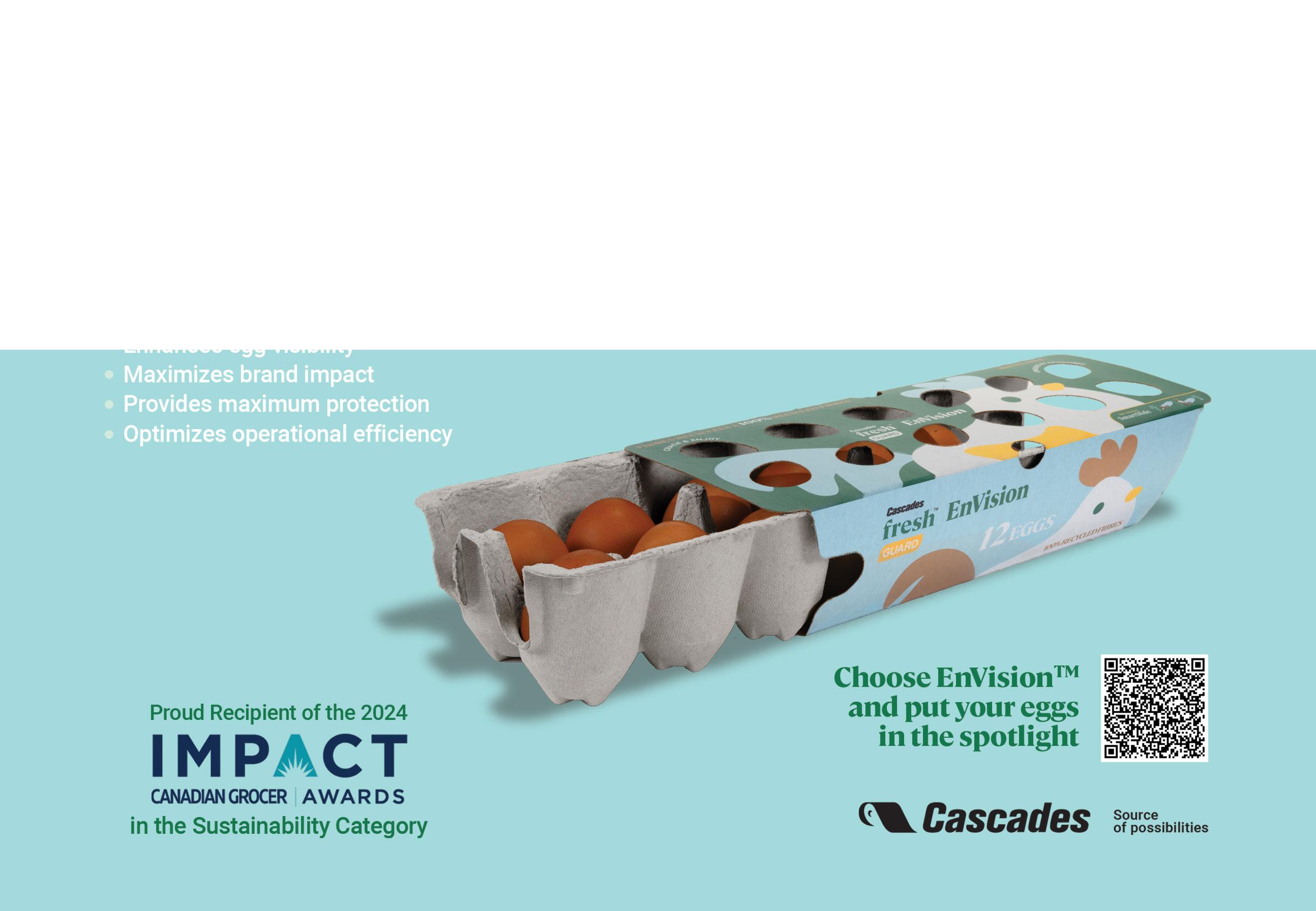
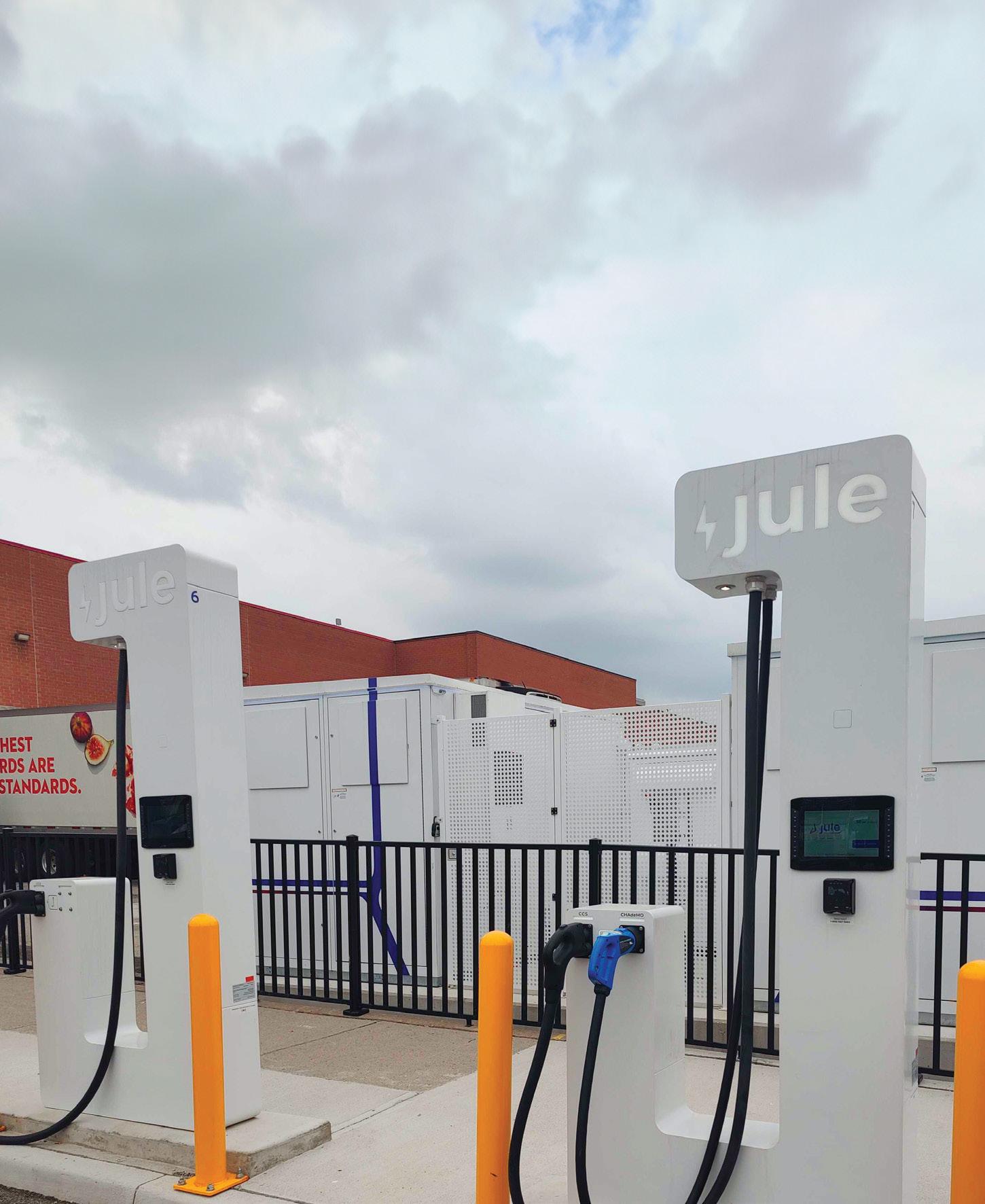

Longo’s is proud to be recognized in the Sustainability category.
We are committed to minimizing our overall impact on the environment and do everything we can to ensure we fuel happier and healthier lives.
As we celebrate this recognition for the second year in a row, we want to thank our partners who support us in our commitment to provide our Guests and Communities with convenient electrification infrastructure while shopping our stores.
To see our most recent sustainabilty report and impact, visit www.longos.com/about-us/ sustainability

Dave Mastroieni, the grocer’s vice-president of procurement & facilities. “Our recent deployment of battery-powered EV chargers represents a significant step forward in electrification infrastructure.”
Maple Leaf Foods is now in its fifth year of being a carbon-neutral food company, a trailblazing move to tackle climate change. “We’re not waiting for solutions to protect the planet—we’re creating them,” says Randy Huffman, chief food safety and sustainability officer at Maple Leaf Foods.
“We have been successful in maintaining carbon neutrality every year since 2019 because we have a rigorous carbon management strategy in place,” Huffman adds. This strategy includes avoiding and reducing greenhouse gas emissions wherever possible, and for the remaining and currently unavoidable emissions, purchasing verified carbon offsets to neutralize emissions. “We neutralize all of our remaining Scope 1 and 2 emissions and a portion of our Scope 3 emissions on an annual basis,” he says.
Other actions include deploying a sustainability execution task force and several longer-term high-impact projects, including scaling up its regenerative agriculture initiatives and investments,
Metro’s Animal Feed Program diverts food destined for landfill to farmers and wildlife rescue centres where it’s used as animal feed
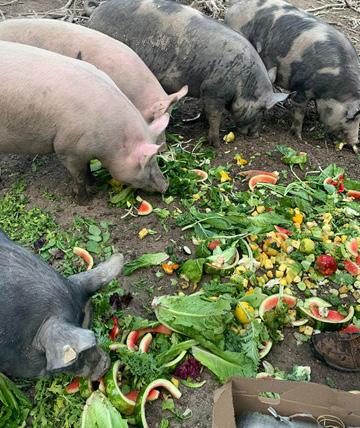
and finalizing the business case to secure pending approval for the next phase of engineering work on anaerobic digestion. “Our vision to be the ‘most sustainable protein company on earth’ drives us forward each day, and becoming the world’s first major carbon neutral food company was a big step in our journey,” says Huffman.
In April 2023, Metro took action to turn food waste into a valuable resource with the launch of its Animal Feed Program. The program supports a circular food system by diverting unsold food not fit for human consumption—and otherwise destined for landfill or rendering processors, which contribute to greenhouse gas emissions—to wildlife rescue centres and farmers where it is repurposed as animal feed. The program has helped the grocer reduce disposal costs while helping advance its waste diversion targets. Today, 28 Metro stores in Ontario are participating in the program and between July 2023 and March 2024 (the latest numbers available) more than 600 metric tons of food waste has been diverted.
“The initiative was important to launch as it supports a circular food system, moves food waste up the food loss and waste hierarchy and prevents valuable resources from ending up in landfills,”

says Valerie Loubert, environmental advisor, Ontario at Metro, adding that the grocer plans to continue to expand the program in Ontario and Quebec in 2024.
Regenerative organic certified (ROC) farming represents the highest standard for organic agriculture in the world because of its stringent standards for things such as soil health, carbon capture in soil and protecting the welfare of farm workers. In 2017, Nature’s Path played a pioneering role as a contributor to the development of the ROC standard.
Nature’s Path donates $100,000 annually to support 25 organic producers to farm approximately 15,000 organic acres on the Canadian Prairies using a range of regenerative organic best management practices chosen to build climate resilience into the food system.
Nature’s Path is also the first company to create a supply chain out of regenerative organic certified oats. This year, it launched two oatmeal products using regenerative organic certified oats—the first ROC oatmeal products the market has seen. “Grocers are crucial to amplifying the benefits and importance of regenerative organic farming,” explains Jyoti Stephens, vice-president of mission and strategy at Nature’s Path Foods. “As

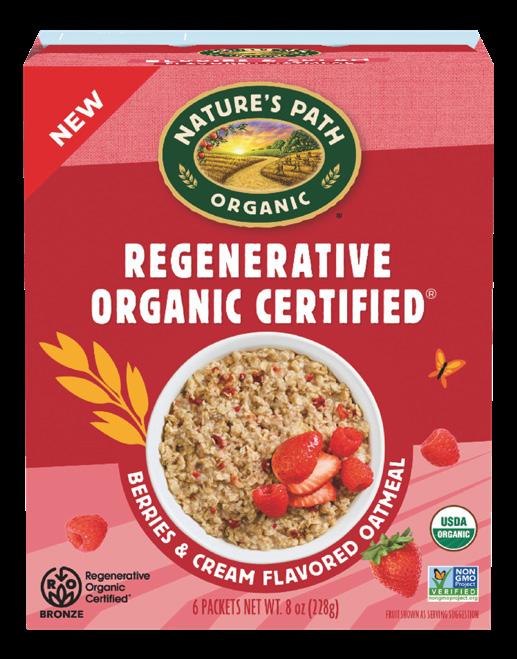
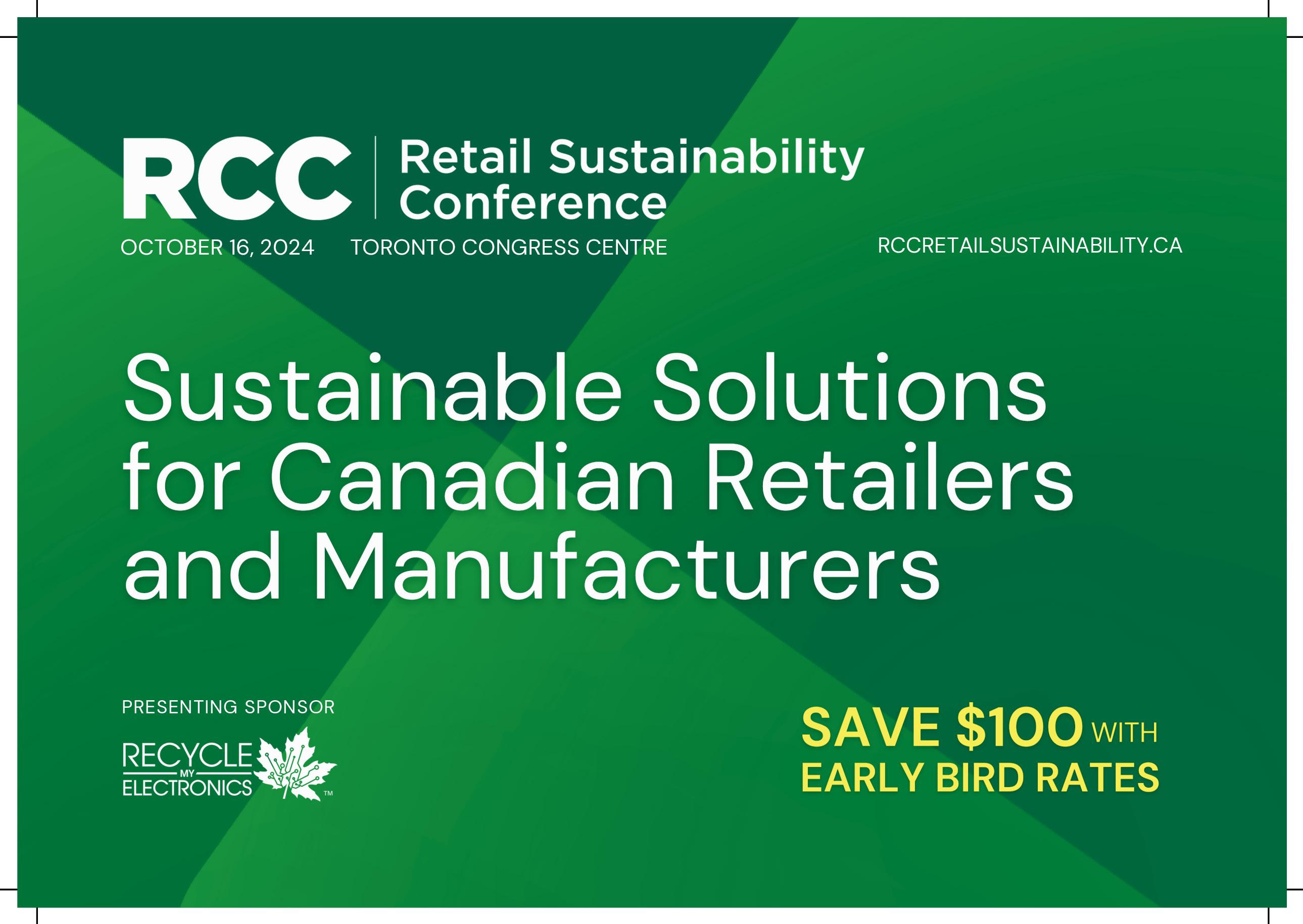
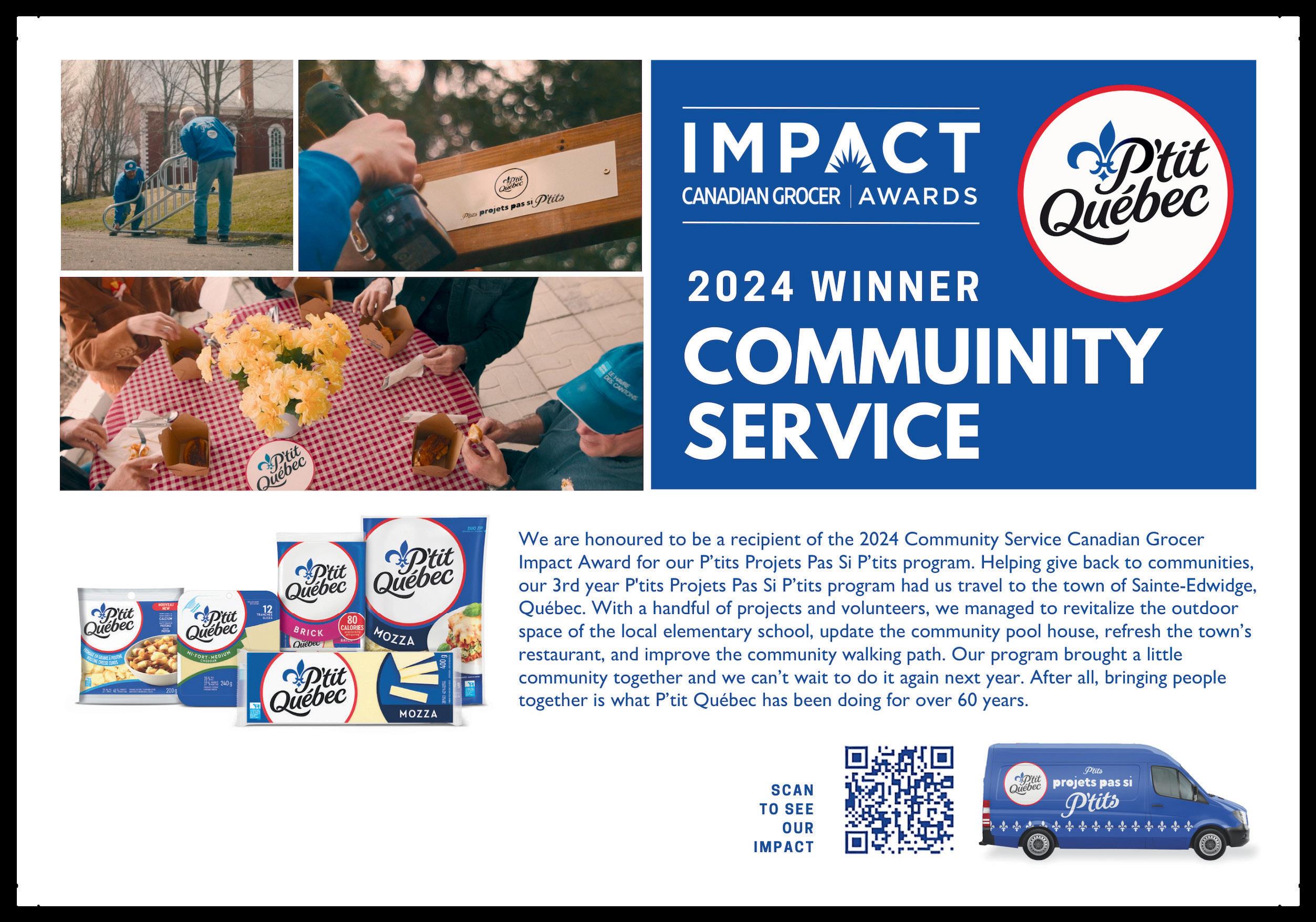
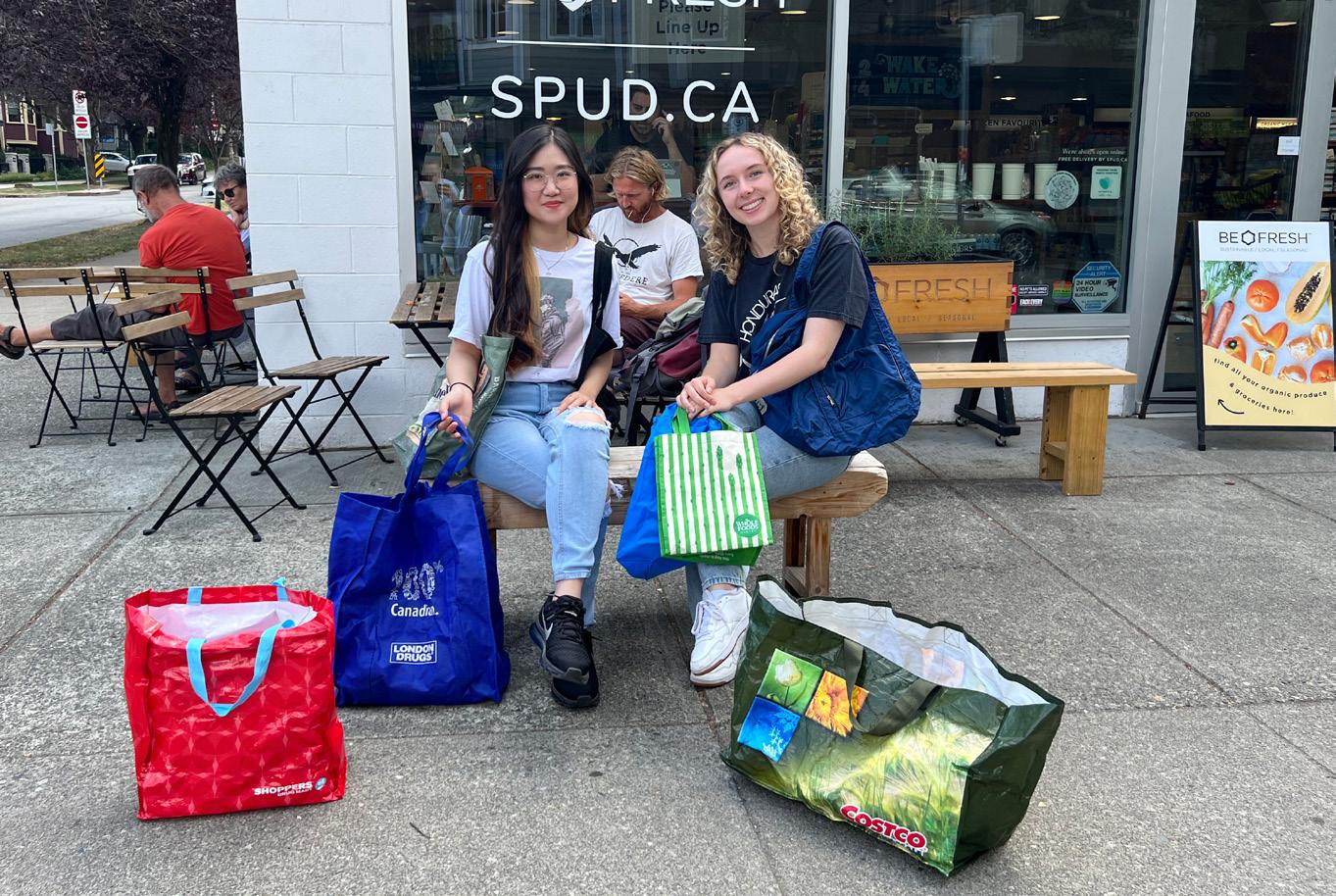
decision-makers, grocers can prioritize and promote regenerative organic certified products on the shelf.”
Nortera Foods is fighting food waste and reducing its carbon footprint through the development of Arctic Gardens Perfectly Imperfect, a new upcycled vegetable blend.
The new, frozen upcycled vegetable blend is made with crop leftovers and trimmings of carrots, cauliflower, butternut squash, broccoli and rutabaga. The company says it’s ideal for soups, stir-fries, gratins and sauces.
The product development phase of the project was initiated at the beginning of 2023 and continued until early 2024. Production began in June and Perfectly Imperfect is set to hit store shelves in August.
The vegetable blend will help fight food waste, and the company is looking for other ways to revalue its processed vegetables by developing circular economy partnerships. Arctic Gardens Perfectly Imperfect could eventually be extended to other varieties of vegetable blends.
“With this new upcycled Perfectly Imperfect vegetables mix, we saw an opportunity to help consumers fight against food waste and save money, to truly make a difference, one bag of vegetables at a time,” says Adeline Mabilat, retail brand manager at Nortera Foods.
With the distribution of reusable bags increasing and single-use plastic declining as stores attempt to reduce waste,
many people are finding their stashes of reusable bags at home are piling up.
To deal with this issue, SPUD’s Be Fresh and Organic Acres stores in Van couver came up with the Reusable Bag Library, to help customers share what they already have.
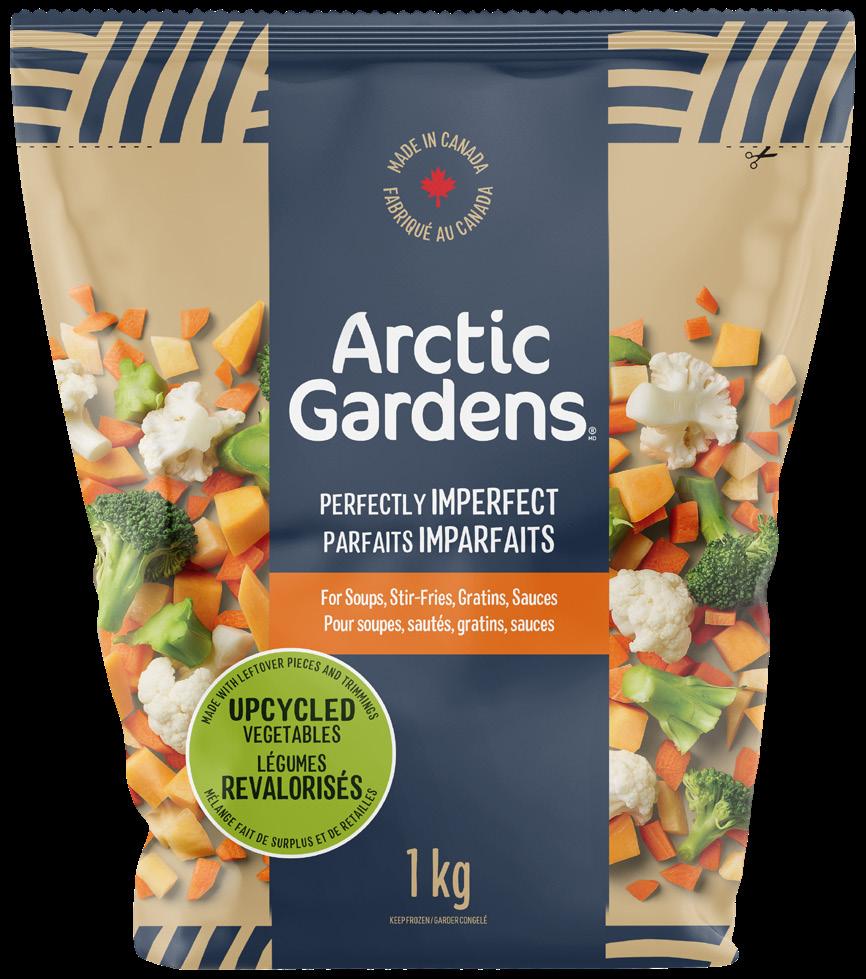
The Reusable Bag Library allows customers to donate their unused or unwanted reusable bags in hampers in Be Fresh and Organic Acres stores. The bags are then picked up and washed. Customers who forget to bring their own bags can then borrow bags free of charge.
“We all have a stack way too big of extra totes in our back cupboards,” notes Ashley Sugar, market manager at Be Fresh and Organic Acres.
“Re-use is the most underrated ‘R’ in our minds! Our reusable bag library is a win-win-win for our customers, store and the environment,” Sugar says. “With our bag library, we can reduce the number of bags that need to be purchased, our customers have a place to take their old bags and, in turn, never have to feel guilty about forgetting one!”
Most grocers are eager to address the problem of food waste, but they aren’t always sure how to do it effectively. That’s where Upshop’s AI-enhanced platform comes in: retailers can use it to solve sustainability challenges across the entire supply chain. Upshop (formerly Invafresh) uses artificial intelligence and machine learning to optimize inventory
at every step. Its demand forecasting engine helps retailers accurately predict future ordering needs to prevent excess food from ending up at the store. Then, the optimized markdowns and expiry management solutions ensure products are sold before they spoil; and finally, the company’s donation management solutions help retailers redistribute surplus food to those in need.
One success story is Price Chopper, where the platform has helped the U.S.based grocer prevent 20 tons of fresh food waste per week. Projected over three years, this partnership is anticipated to prevent more than 3,000 tons of food waste across 131 stores. “Waste represents a loss of investment for retailers and producers and those losses are passed along at some point,” says Mike Weber, Upshop’s chief marketing officer. “Equally, there are still millions of people in the world facing food insecurity; it’s our responsibility to ensure food is available, accessible and affordable to all.”
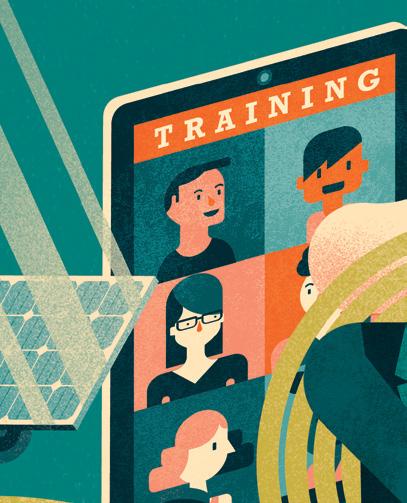
The One-to-One Management Leadership Training Program at Calgary Co-op is a comprehensive talent development initiative aimed at enhancing skills, performance and engagement of employees across various areas of the business. On top of developing leadership skills, the program drives operational excellence by equipping managers with the necessary tools and resources to streamline processes, optimize efficiency and enhance productivity. So far, the training program has proved so positive in terms of boosting employee morale, improving sales
Recognizing employees need flexibility, Longo’s launched Dayforce Wallet so employees can access their wages after a shift before payday
and customer service quality, the grocer has committed to redoubling its efforts to refine and expand it in the future.
“Winning this award is a testament to our unwavering commitment to fostering a culture of continuous learning, effective leadership and excellence within Calgary Co-op,” says CEO Ken Keelor. “This recognition highlights our dedication to equipping our team with the skills and support they need to thrive, ensuring our employees feel valued, motivated and empowered to contribute to our collective success.” Investing in staff also creates a workplace where everyone can reach their full potential, he says.
To help its employees deal with rising day-to-day expenses, Longo’s launched Dayforce Wallet in 2021, a platform that allows employees to access their wages after a shift before payday without incurring interest charges. “If a team member needs an advance on their pay, they no longer have to call us,” says Angela
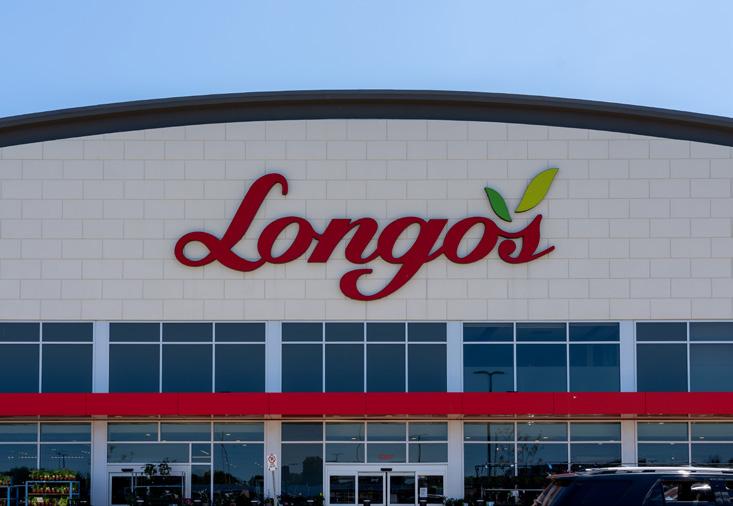

Through its Nestlé Changemakers program, the company recognizes the contributions of its employees
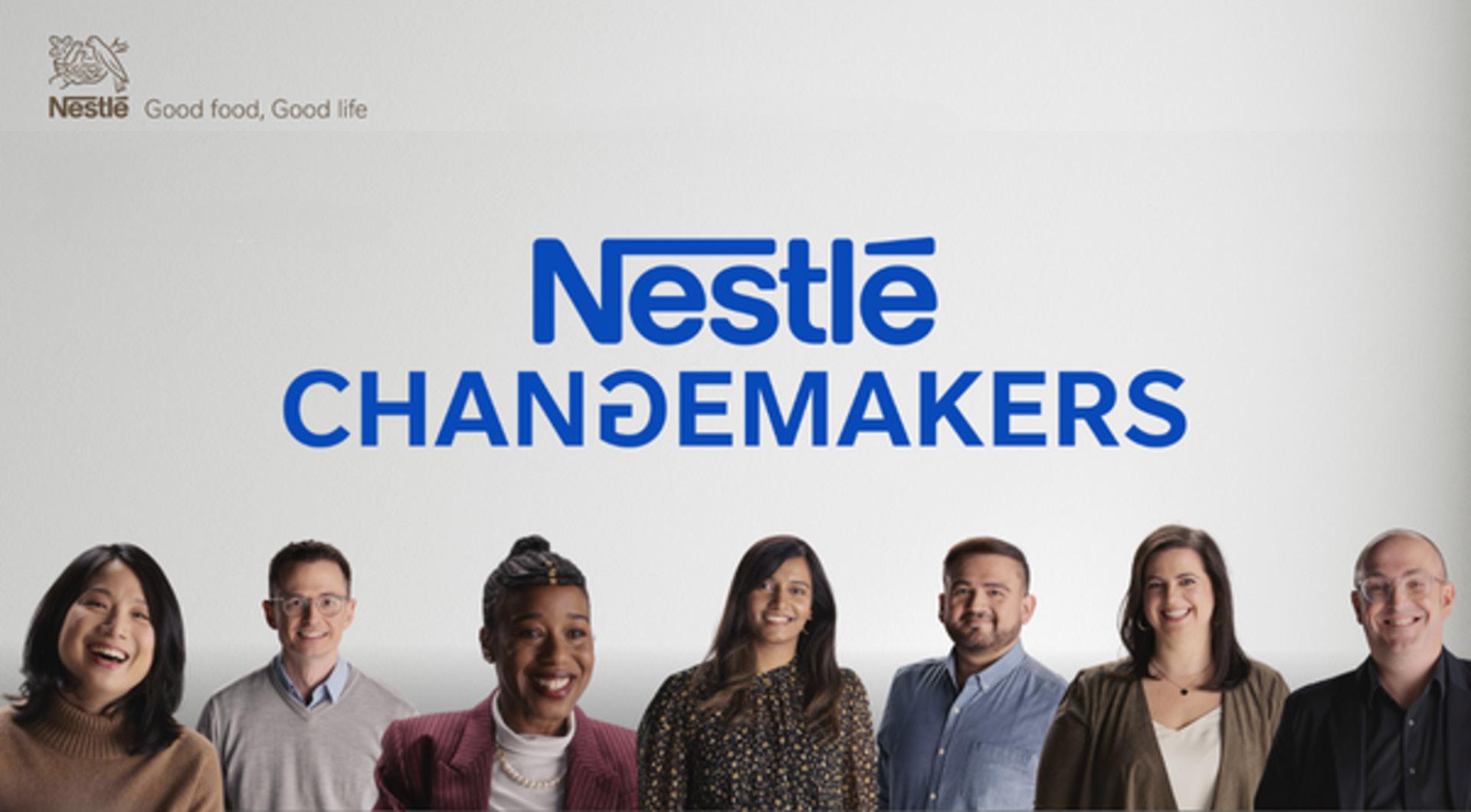
Biasini, Longo’s human resources information systems manager. “They’ve earned the pay and they deserve to receive it whenever they need it.”
Since implementing the program, Longo’s has disbursed more than $4.2 million to more than 800 employees and averages 88 requests per day. Chief human resources officer Liz Volk says it was the right time to adopt this product given ongoing inflation. “Dayforce Wallet is a differentiator [and] there are not many retail organizations here in Canada that have implemented it, and people need that kind of flexibility in their lives,” she says. Having access to your pay when you want it, creates a great team member experience and peace of mind, says Volk. “I really do believe it’s the way of the future.”
As a next step in its journey to build a culture of recognition and an environment that acknowledges and values the contributions of its employees, last year Nestlé Canada launched Nestlé Changemakers.
“At Nestlé Canada we understand that in today’s dynamic marketplace, there is a need for people who see the future and seize opportunities, challenge the status quo and are passionate about making a difference in big and small ways,” says Karine Laverdière, senior vice-president, human resources. “We recognize these people as Nestlé Changemakers and they are fuelled by agility, courage and trust, the attributes that we believe are the most important for future success.”
To kick-off the program, the company’s executive team nominated seven employees as Changemakers who were celebrated in a video presented at an annual company meeting. From there, the Changemakers of the Month recognition program was launched to encourage employees to nominate peers that are driving positive change and business results within the organization. Those named Changemakers are recognized during a monthly CEO webcast and receive points that can be redeemed for such things as merchandise, travel, charitable donations and gift cards.
Nestlé says the program has become a driving force in the company and the made-in-Canada initiative is being adopted by other Nestlé businesses. CG

We are curators of unique brands, helping to elevate brands in Canada and build customer demand through our appetite for fresh insights and data.
Join our tasteful collection, and showcase your products nationwide. Visit treeoflife.ca to learn more.
Exhibition Place • Toronto, ON
Conference: September 19 & 20, 2024
Trade Show: September 21 & 22, 2024
Trade Show Hours: 10:00 AM - 5:00 PM
Skip the line—get your badges mailed to you before the show Free breakfast and lunch on Saturday & Sunday Goodie bag at the breakfasts








At Metro, we strive to offer high-quality, innovative products that keep up with consumers' evolving needs. That's why we're so proud of the 8 innovation awards won by our private brands, which are in a better position than ever to add value to your offer.

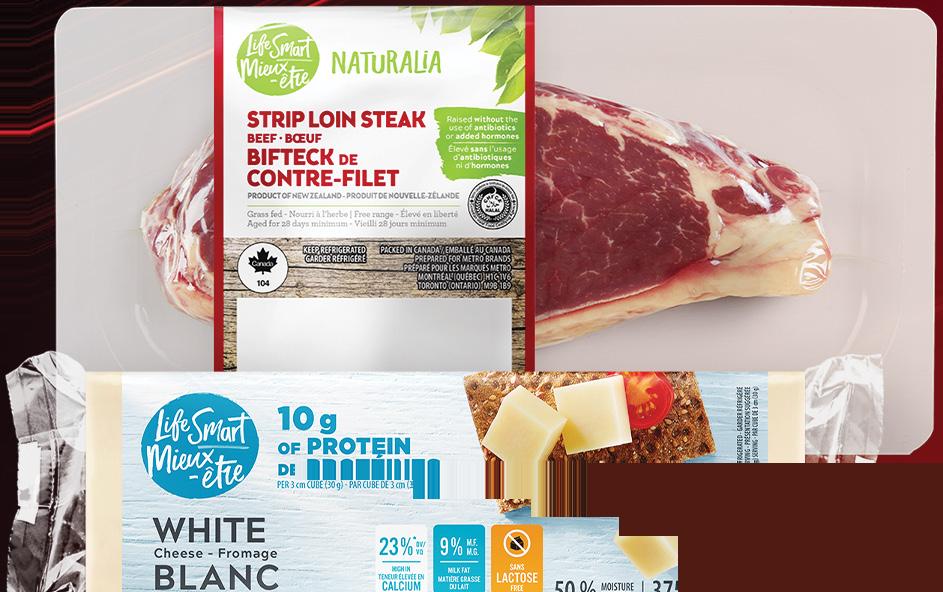

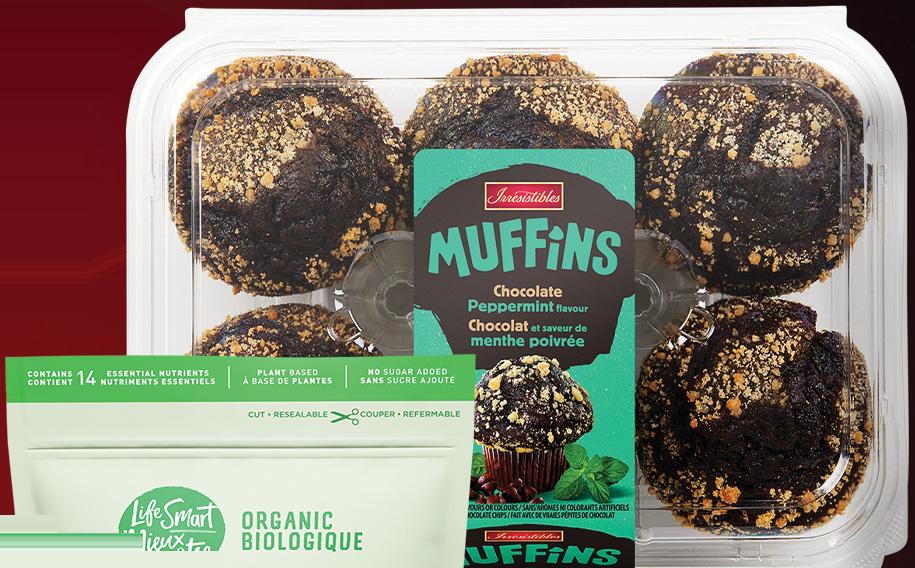

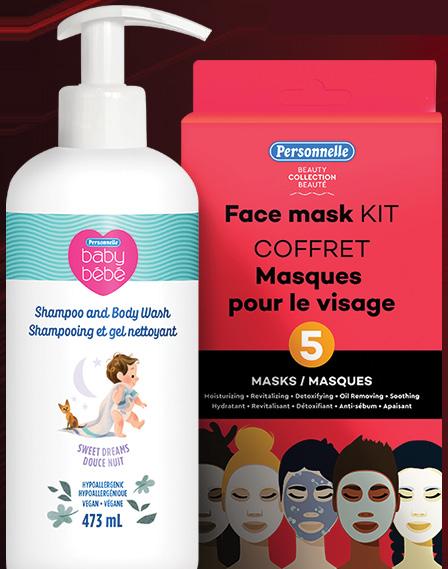



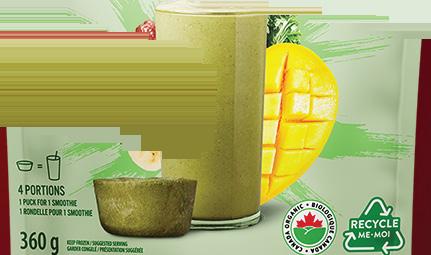







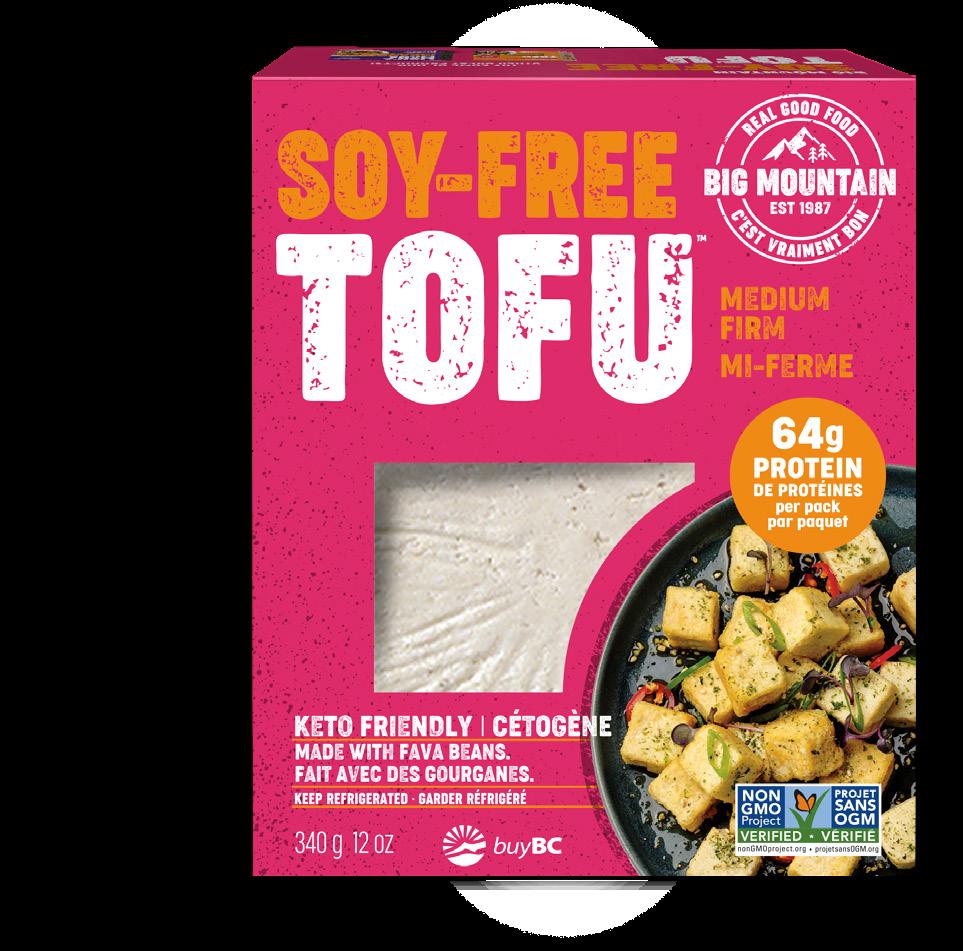
From organic smoothie pucks to decadent ice creams and cheese varieties that satisfy every craving, the 38 winners of the Retail Council of Canada’s (RCC) 31st annual Canadian Grand Prix New Product Awards represent a cross-section of what consumers are seeking today: indulgent snacks, high-protein products and diverse flavour profiles. Here’s a look at this year’s winners:
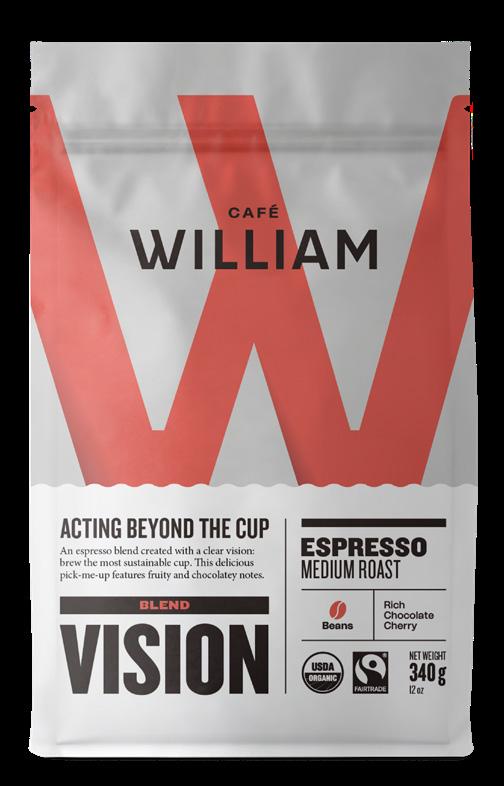
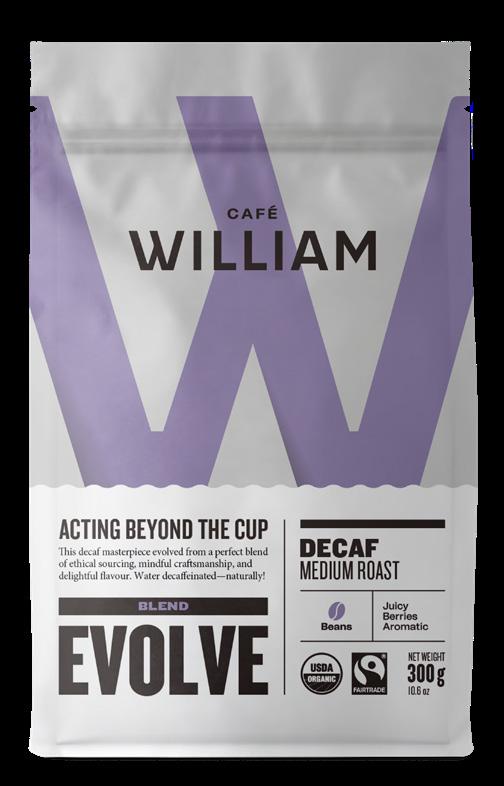
Baking Needs and Dried Bakery
ACH Food Companies || KEEN No-Bake Energy Bite Mix
Fruit, Vegetable & Produce (Fresh/Refrigerated or Frozen)
Big Mountain Foods || Soy-Free Tofu
Meat, Egg & Seafood (Fresh/Refrigerated or Frozen)
Burnbrae Farms || Naturegg Solar
Beverages
Café William || Acting Beyond the Cup








Confectionery & Shelf Stable Desserts
Chocolat Lamontagne || Milk Chocolate
Pecans with Sea Salt
Desserts (Fresh, Refrigerated or Frozen)
Demetres || Ice Creams
Condiments & Sauces
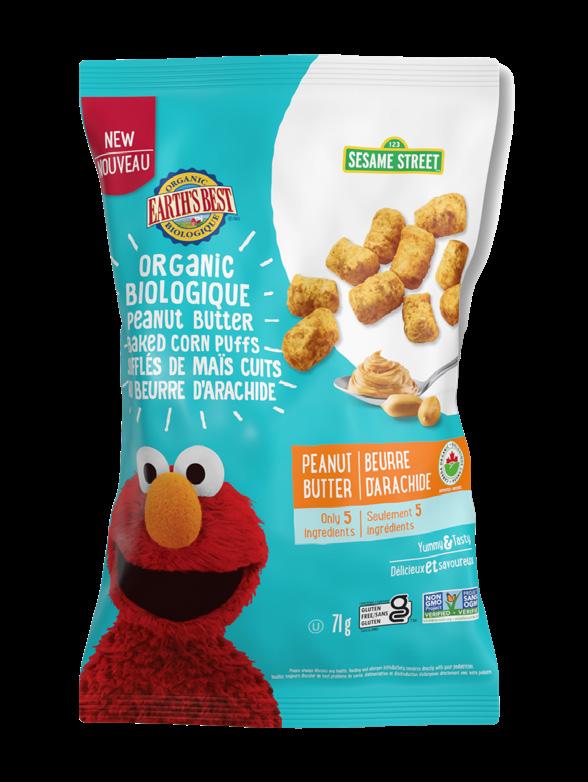
Groupe MAG || MAG Signature Mayonnaise
Baby Care
Hain Celestial Canada || Earth’s Best Organic Puffed Toddler Snacks
Snack (Sweet)
Patience Fruit & Co. || SourCran
Snack (Savoury)
PepsiCo Foods Canada || Cheetos Popcorn
Cheddar Jalapeño
Dairy (Milk, Yogurt, Cheese & Spreadables)
Saputo Dairy Products Canada
Nibblers Natural Cheese Snacks

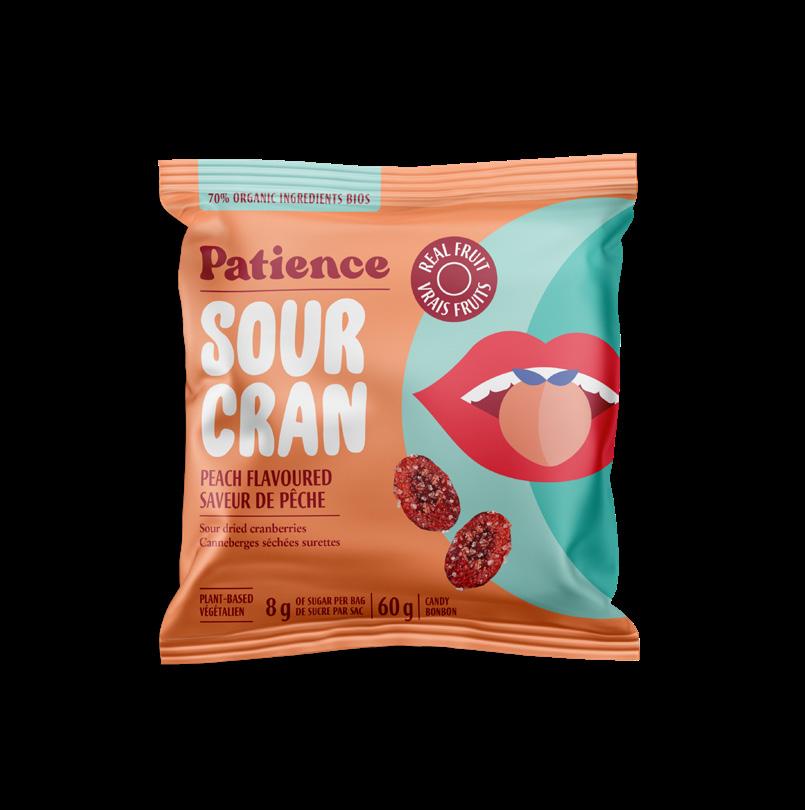
Frozen or Refrigerated Prepared Foods & Entrees
Saputo Dairy Products Canada || Saputo Cheese Fries
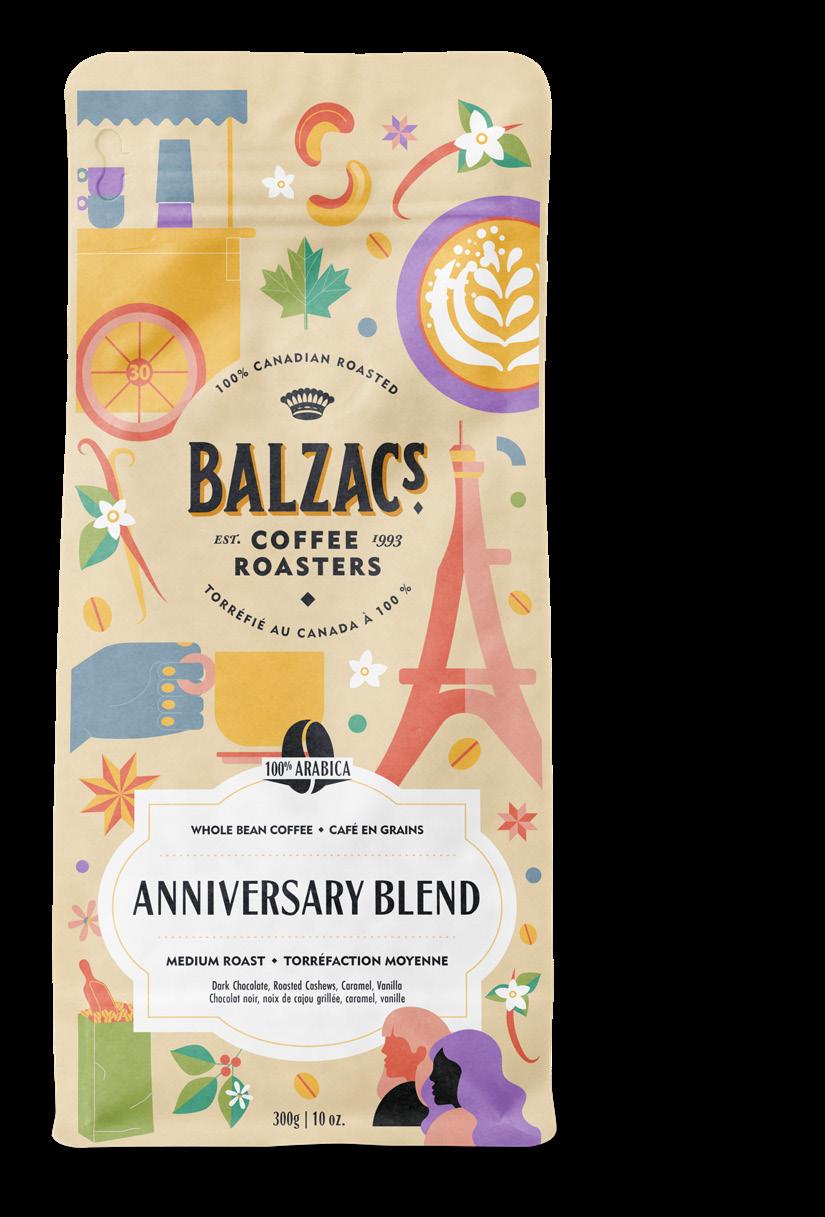
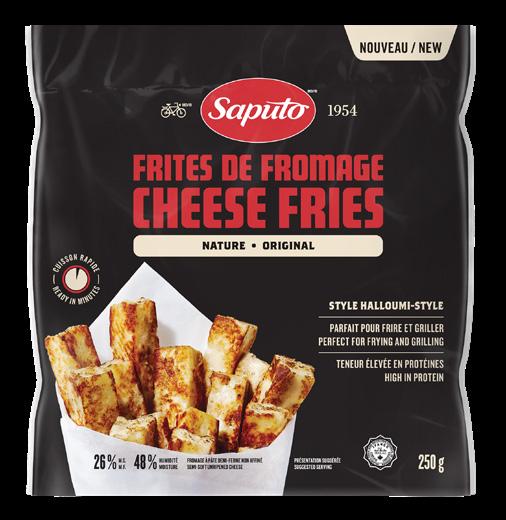
Pet Needs
Nestlé Purina || Prime Bones Bully-Shaped Dog Chews with Grass-Fed Beef
Pet Needs
Nestlé Purina || Pro Plan Vital Systems
General Merchandise
Thermacell Repellents || Thermacell EL55
Mosquito Repeller + Glow Light
Overall Consumer Value
Excellence in Ethnic Products

Desserts (Fresh/Refrigerated or Frozen) Farm Boy || Ice Cream
Deli Meats & Cheeses
Federated Co-operatives Limited || Co-op Gold Feta Cheese
Beverages
Federated Co-operatives Limited || Co-op Gold Pure Kombucha
Frozen or Refrigerated Prepared Foods & Entrees
Federated Co-operatives Limited || Co-op Gold Pure Hand-Stretched Pinsa Pizza
Snack (Savoury)
Longo’s || Curato Focaccia Strips
Bakery Fresh (Par-Baked)
Metro || Irresistibles Muffins

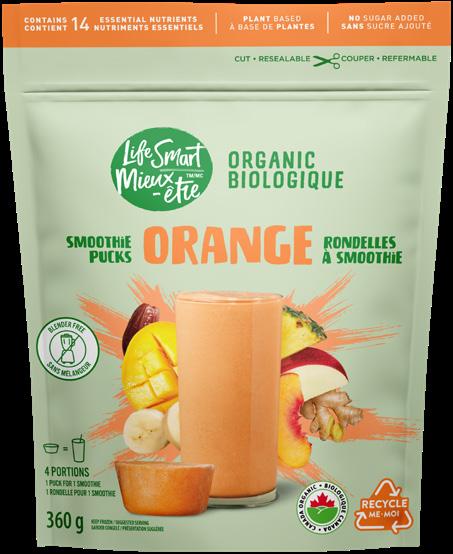

Dairy (Milk, Yogurt, Cheese & Spreadables)
Metro || Life Smart Block Cheddar Cheeses
Meat, Egg & Seafood (Fresh/Refrigerated or Frozen)
Metro || Life Smart Naturalia
Sustainably Raised Beef
Fruit, Vegetable & Produce (Fresh/ Refrigerated or Frozen)
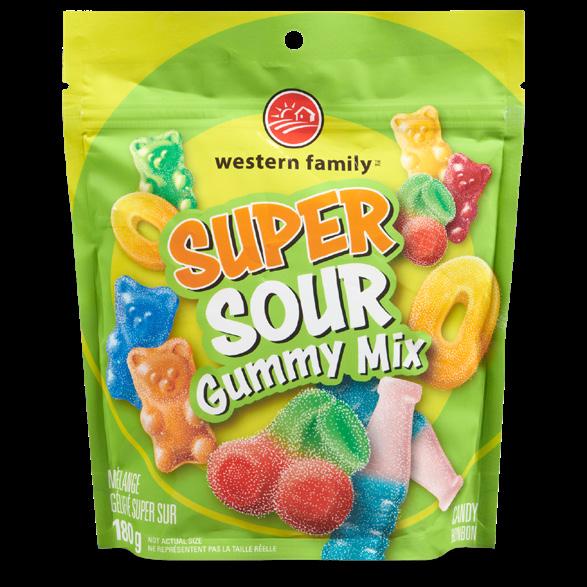
Metro || Life Smart Organic Smoothie Pucks
Condiments & Sauces
Pattison Food Group || Western Family Dill Pickle Hummus
Baking Needs & Dried Bakery
Pattison Food Group || Only Goodness
Cauliflower Pizza Crust Mix
Confectionery & Shelf Stable Desserts
Pattison Food Group || Western Family Super Sour Gummy Mix
Snack (Sweet)
Rexall Pharmacy Group || Be Better
Apple Juice Infused Cranberries
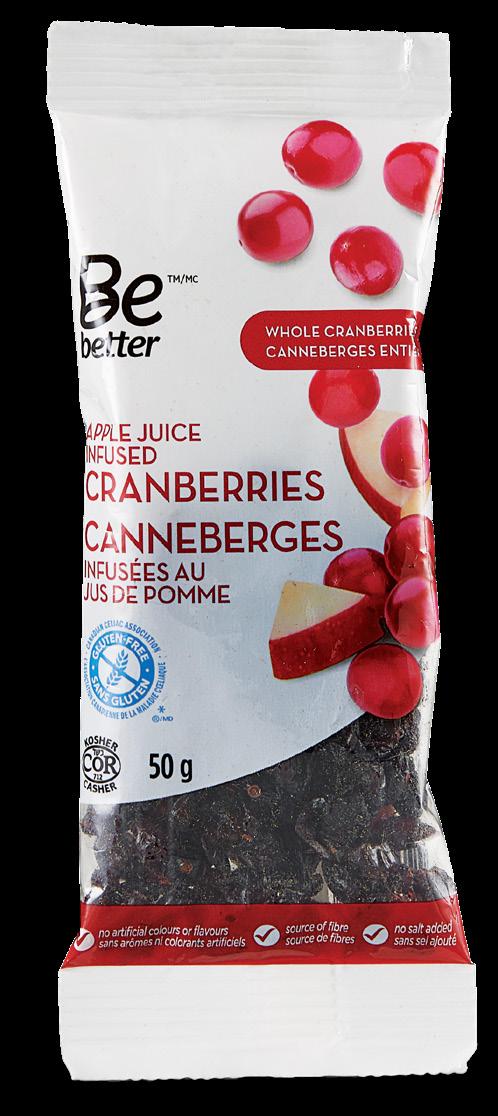
Health Care—Over the Counter
Metro || Life Smart Protein and Greens Vegan Drink Mixes
Baby Care
Metro || Personnelle Baby Shampoo and Body Wash
Personal Care
Metro || Personnelle Face Mask Kit
General Merchandise
Metro || Selection Eco Compostable Wood Utensils
Pet Needs
Pet Valu || Performatrin Ultra




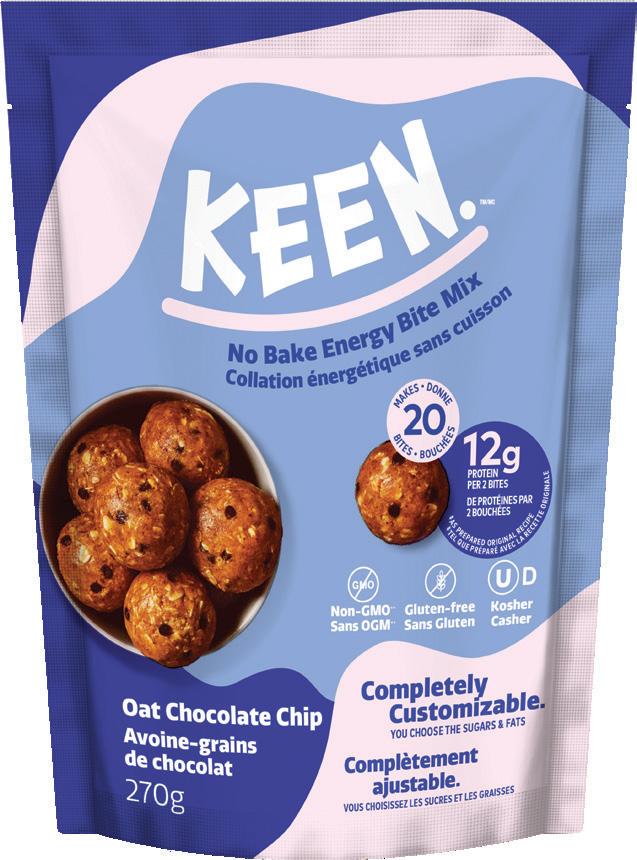



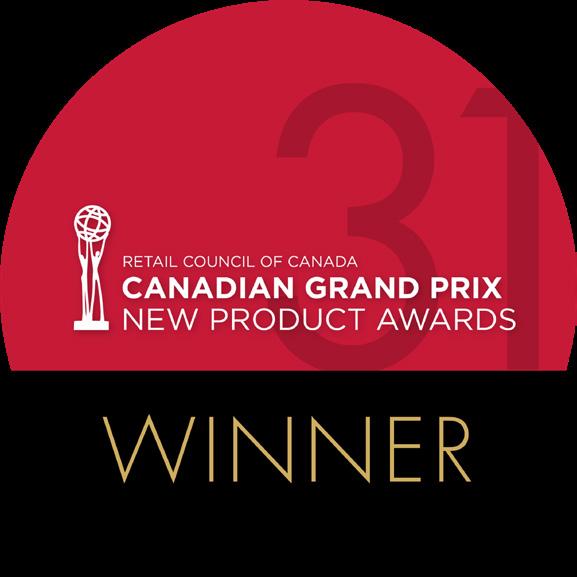






Acidity
Sweetness
Body
Available
Taste
•
•
•
•
•
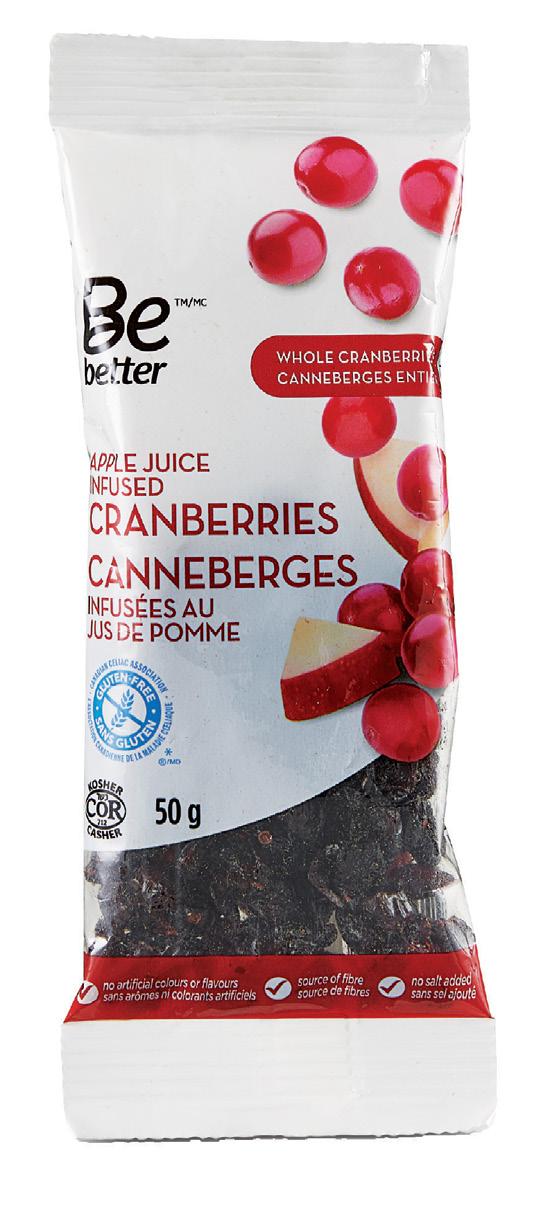
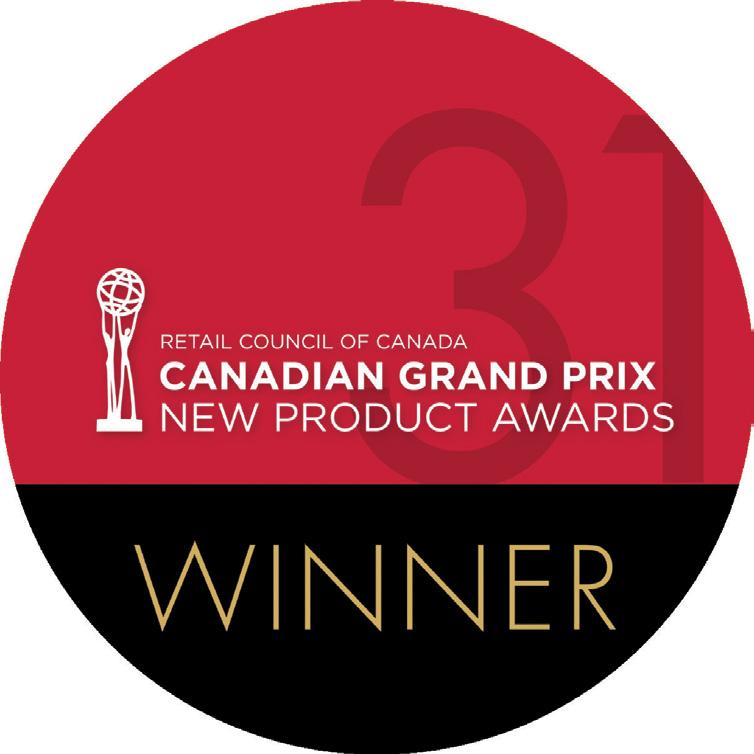


By Rebecca Harris
FRUITS AND VEGETABLES are handsdown the healthiest items in the grocery store. But, getting fresh produce from farm to fridge isn’t always so healthy for the planet. And that doesn’t appeal to today’s eco-minded consumers.
“Consumers expect that food and beverage ingredients, including produce, have been grown in sustainable ways, whether the focus is on environmental sustainability, worker welfare or even economic sustainability,” says Shelley Balanko, senior vice-president at The Hartman Group. “All of those ladder up to the notion that care is behind this produce item. And care tastes better, care is healthier and care is going to be an overall better product experience.”
With sustainability in the spotlight, many companies are working to minimize their environmental and social impacts. Here are three ways the produce department can get a little greener.
Sobeys is rolling out an eco-friendly packaging innovation in its broccoli supply chain. Made by Verdant Technologies in Colorado, HarvestHold Fresh is an in-box
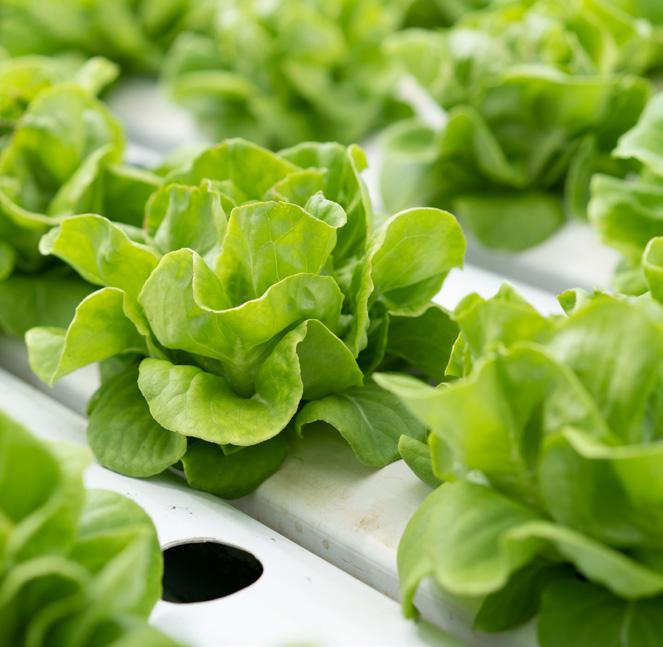
sheet that contains a natural ingredient that blocks ethylene. This slows ripening so produce maintains its taste and freshness for longer. It also eliminates the need for ice when transporting broccoli, reducing water use and optimizing space in the fleet.
Matthew Aronson, chief revenue officer at Verdant Technologies, says a delivery truck’s weight can quickly add up with ice. “But, when you have no ice, you can add another 500 or 600 boxes of broccoli in the same truck,” he explains. “So, you’re taking trucks off the road to deliver the same amount of broccoli to an end customer.”
The extended shelf life means less food waste for consumers, says Tom Pierce, national director of supplier development & direct store delivery at Sobeys. “Getting two, three, four extra days on [broccoli] because it’s been treated with [HarvestHold Fresh] allows the customer to not have to throw away a product in their refrigerator because it’s going to last longer,” says Pierce.
OPTIMALLY GROWN GREENS AND MORE Innovative ways to grow produce can help reduce carbon footprint and deliver better products to consumers. Vertical farming’s whole essence is around sustainable farming practices, says Bahram Rashti, CEO and co-founder of UP Vertical Farms, which produces ready-to-eat bagged baby leafy green blends.
Among the ways vertical farms reduce
environmental impacts are less land and water use, being able to produce higher densities and not using chemical pesticides.
UP can provide grocers “year-round, fresh produce that lasts longer on shelf, and in return they have less shrink and customers have a longer period to fully enjoy [the product],” says Rashti.
Greenhouse grower Nature Fresh Farms uses precision farming methods to manage operations and reduce environmental impacts. Its system allows growers to make real-time decisions—from frequency of irrigation to monitoring peak freshness—using sensors, cameras and artificial intelligence. This enables growers to increase yield and save water and natural gas, says Keith Bradley, vice-president of information technology at Nature Fresh Farms.
CERTIFIABLY BETTER FOR PEOPLE AND THE PLANET When it comes to sustainability claims, certifications such as Fairtrade help ensure items were produced with environmental and social care. “If we’re not paying the farmers a sustainable price for the product, the rest of it, in my opinion, is just greenwashing,” says Kim Chackal, co-owner and vice-president of sales and marketing at Equifruit, a Fairtrade-certified banana importer.
How can this give grocers an edge? Chackal says bananas have been traditionally used as a loss leader. “What we’re able to do is work with a retailer, educate them about why they need to be paying more for their bananas and have a better distribution of value along the banana supply chain,” Chackal says. “And because we are also marketers, we can customize a marketing strategy to help drive the category.”
The messaging helps achieve a halo effect for the grocer. “Bananas are one of the most regularly purchased items in the entire grocery store,” she says. “And so, if you want to communicate your values as a retailer to your customers, there’s almost no better touchpoint than the banana section.” CG


From alternative flours to natural sweeteners, here’s what you need to know about what’s shaping the 2024 fall baking season
By Chris Daniels
The dog days of summer aren’t over yet, but soon the weather will cool and Canadians will transition their shopping lists from warm-weather favourites (ice cream and grilling meats) to the ingredients needed for baking homemade treats.
Though baking became a year-round activity thanks to the pandemic-era lockdowns, autumn remains the undisputed period for Canadians to prepare baked goods such as bread, cakes, pies and pastries.
When looking at the average consumption of homemade baked goods from 2019 to 2023, “there’s about a 22% increase in October to December versus the rest of the year,” says Jenny Thompson, director, market strategy and understanding, Ipsos Canada.
Apples, cranberries, pumpkins and squash ripen in fall, providing a bounty to fill pies, turnovers, muffins and more. Autumn is also when so-called “warm” spices such as cinnamon, nutmeg and cardamom become favoured flavour profiles.
“Baking has always provided Canadians with control—and [during the fall] they’ll be able to find more ingredients to increase the healthfulness of the sweets they bake,” says Shelley Balanko, senior-vice president at Bellevue, Wash.-based research firm The Hartman Group.
Here, we take a closer look at the ingredients and consumer trends that could shape the 2024 fall baking season.
HOW SWEET IT IS
The brown sugar market has experienced “robust growth” in recent years, driven mostly by growing consumer awareness around health, particularly following the COVID-19 pandemic, according to market research firm MarkNtel Advisors. Brown sugar gets its colour from being processed with molasses, which is a source of minerals and antioxidants—a “perceived health benefit [that is driving] adoption,” reports MarkNtel. The firm says the global brown sugar market size was valued at US$15.3 billion in 2022 and projects it to grow at a compound annual growth rate (CAGR) of 8.33% between 2023 and 2028.
Cache Cuisine, a Mississauga, Ont.based manufacturer and distributor of specialty dry food blends and mixes, has seen sales of its brown sugar sold in resealable packages increase over the past few years, says company president Constantine Kentros, who credits perceived nutritional benefits, but also customer discovery that Cache’s brown sugar has a surprisingly easy-to-use texture. Brown sugar has typically been sidestepped in baking because the molasses causes clumping, making it a tough texture for creaming into butter and dissolving into doughs. Cache Cuisine imports its brown sugar from the Colombian company Riopaila Castilla, which uses granulated sucrose from sugar cane and a process that preserves the natural molasses to create a “free flowing” brown sugar. “Our brown sugar has no added molasses and so [it] doesn’t get those rock-hard clumps,” says Kentros.
The use of natural sweeteners such as maple syrup, honey, apple sauce and coconut sugar are also on the rise. Coconut sugar, which comes from the sap of a coconut palm tree, “has a darker brown sugar-like flavour, but without the usual hint of bitterness,” says Kirk Borchardt, senior R&D chef at Ardent Mills, a flour milling and ingredient company that supplies both the foodservice sector and grocery retailers. Seeing an uptick in interest from home bakers, Ardent Mills has been developing recipes using coconut sugar and sharing them on its website.
Store brands are getting in on sugar alternatives, too. Farm Boy offers two products made using erythritol—a natural occurring sugar alcohol used as a low-calorie sweetener with no aftertaste—Farm Boy Organic Monk Fruit Sweetener with Erythritol and Farm Boy Erythritol Natural Sweetener. “They
have all been rising in popularity,” says Matt Dill, director of category management, fresh at Farm Boy. “Consumers are increasingly seeking out options that align with their lifestyle without compromising on taste.”
One of McCormick Canada’s most-visited webpages is for its Club House brand featuring a sugar to honey conversion chart. “Honey is a popular ingredient in baking and a natural alternative to processed sugars,” says Giovanna DiLegge, North America vice-president of marketing, McCormick & Company, makers of the Billy Bee Honey brand. “We also have a dedicated page on baking with honey to help consumers make choices that reflect their dietary needs.” (In September, Club House is launching Gingerbread Spice Finishing Sugar and Salted Caramel Finishing Sugar as limited editions.)
Research from Ardent Mills conducted in 2023 found 75% of Canadian consumers were eating for health benefits whether real or perceived at least some of the time. No surprise, then, that Canadians are looking to reduce their intake of white and all-purpose flours for alternatives made from grains, nuts, seeds and other non-wheat, gluten-free sources. Farm
Boy has a private-label coconut flour and almond flour and Ardent Mills has its Gluten-Free All Purpose Flour Blend, made from organic quinoa flour. Borchardt says many Canadians are reducing their gluten intake for general health. “The market isn’t just those with a gluten allergy,” he says. “Consumers are also discovering they love baking with alternatives.” In October, Ardent Mills is launching a chickpea flour. “We roast the chickpeas, which takes away some of that beany taste so the flour can play in the dessert space, while maintaining the chickpeas’ high protein and fibre content,” says Borchardt.
To succeed, ingredients in baking need to be just right. “Baking is more of a science than an art,” says The Hartman Group’s Balanko. “Some consumers are willing to make tradeoffs in control with mixes to help them succeed.” These “short-cut bakers,” are more likely to be gen Zs than millennials or boomers. Longo’s is capitalizing on this trend with take-and-bake private-label products. “Our Bake Your Own line gains popularity during fall,” says Jackie Di Benedetto, the grocer’s category manager, bakery. The line includes bake your own Cinnamon Brioche and Pastel de Nata (Portugese custard tarts).
With rising prices top of mind for Canadians, value is the fastest-growing need state for homemade baked goods, according to Ipsos. “Emphasize not only saving money, but also communicate good value for money in terms of product quality and benefits,” advises Jenny Thompson at Ipsos Canada.
Sales of baking mixes, kits and pre-made doughs are on the rise. Take advantage by highlighting these products with endcaps, displays and price promotions. “Displays that inspire the ‘I can do that!’ mindset or ones that have all/most necessary ingredients together may also be something to consider,” says Thompson.
Stock natural sweeteners such as honey and maple syrup in the baking aisle. Similarly, place international ingredients such as matcha powder in the baking section for bakers wanting to use international flavours.
According to The Hartman Group’s Taste of Tomorrow 2023: Navigating Food through the Eyes of Gen Z and Alpha report, 22% of U.S. consumers ages 13 to 77 turn to “grocery store resources (e.g. ads, flyers, personnel)” for recipe ideas and baking inspiration. Grocers should also leverage their digital channels, as “internet/app search” (46%) and “social media” (37%) are also popular sources of inspiration. “Friends/family” (50%) was found to be the biggest source of inspiration.
Whether to lift a mood or satisfy a craving, Canadians are continuing to indulge in confectionery
By Rosalind Stefanac
aT a Time when Canadian consumers are feeling the pinch with rising food costs, they’re still finding room in their budgets for sweet indulgences.
The latest research from Innova Market Insights shows confectionery launches in Canada have surpassed 2019 levels (100 launches), rebounding from a drop in 2020 (68) and 2021 (63) to 92 launches in 2022, with 105 new products in 2023. Unwrapped and wrapped chocolate pieces are leading the pack, but mixed candy assortments were the fastest growing subcategory in confectionery launches last year. On top of tasting good, the data shows that 42% of Canadians said they are likely to eat sugar confectionery “to make myself happy.”
There’s no disputing confections, especially chocolate, are associated with mental well-being, says Camilla Jenkins, senior director, insights and analytics at Mondelēz International. In the 2023 Mondelēz State of Snacking report, 81% of Canadians agreed chocolate was “good for the soul” and 74% said it had the ability to “turn an ordinary moment into something extraordinary.” Jenkins points to a clear connection between confectionery snacks and feelings of joy, comfort and nostalgia. “Since most confectionery items are smaller serving indulgences when compared to other luxuries, they tend to not impact consumers’ overall budget,” she adds.
As snacking becomes more and more prevalent, it’s not surprising the confectionery category is holding strong, says Joel Gregoire, associate director, food and drink at Mintel. “A hybrid work model in general means more flexible behaviour when people are working at home, so

they can nosh throughout the day,” he says. “For industries like confectionery, that can be a real benefit, especially in the afternoon when people are looking for an energy boost … and cravings come into the mix.”
Data from Ipsos shows, from a generational perspective, growth in candy is being driven by generation alpha (10 years old or younger) and millennials with kids, along with 19- to 26-year-olds (a section of the cohort Ipsos labels “leading gen Zs”). “We also see strong development for both chocolate and candy among newcomer Canadians (those living in the country for less than three years), so understanding the multicultural consumer dynamic is important,” says Jenny Thompson, director of market strategy and understanding at Ipsos Canada. “Among Canadian newcomers, candy consumption is highest among gen alpha and leading gen Z, which is notably different versus total population, where candy consumption is highest among millennials.”
As Canadians turn to confectionery for mental uplift, grazing, comfort cravings, personalization and nostalgia, it points to a need for packaging formats that are “grazable, and perhaps to some degree, customizable,” says Thompson, noting “throwbacks” that spur nostalgia may also be of interest, especially among millennials with kids.
Shawn Fero, country manager Canada at Haribo, says his company’s goal is to bring joy to children and adults through sharable, fun-shaped fruit gummies that are vibrantly coloured (without artificial ingredients), bouncy in texture and come in “mouth-watering” flavours. With a mandate to make their products accessible to all
Canadians, the company launched Haribo Roulette, a tube of fruit gummies that sells for under $1, as well as new flavour profiles such as Tropifrutti, which appeals to preferences for exotic tastes such as pomegranate and passion fruit.
“While the popular flavours of the past remain popular flavours today, we are seeing a consumer desire for new flavour profiles delivered to them in a fun way, as well as desire for the flavours they already love offered to them in new and exciting formats,” says Fero.
Mars Wrigley Canada is also appealing to key confectionery trends for indulgent flavours with the launch of products such as Skittles Sour Gummies and M&M’s Peanut Butter Minis. Chewing gum, too, is making a comeback with double-digit growth over the last three years, says the company’s marketing director Patrick Zeng, noting that indulgent, intense flavours are trending in gum as well.
As more than half of confectionery sales are sold on impulse and can be key basket builders, Zeng advises grocers to continue putting items in high-traffic checkout areas, standalone displays and endcaps where they’re instantly visible to consumers. He also points to high association areas to prompt impulse purchases, such as placing M&Ms near the ice cream section or in baking aisles.
Teresa Spinelli, owner of five Italian Centre Shops in Alberta, says she’s seen a steady growth in confectionery with customers seeking unique flavours, but sustainable practices are also a consideration. “People are buying chocolate with everything from raspberry to guava, but they’re also wanting to know where these products are coming from,” she says.


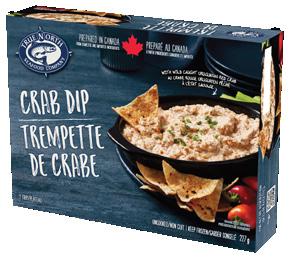
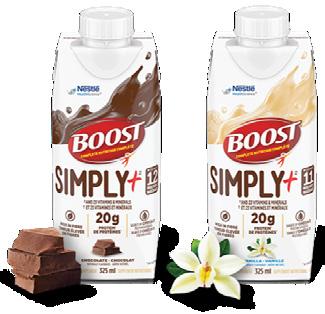
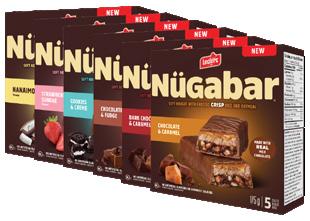







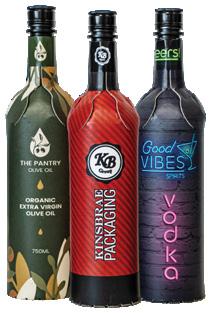
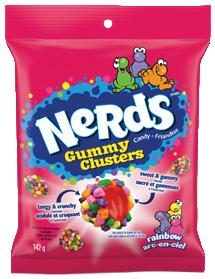
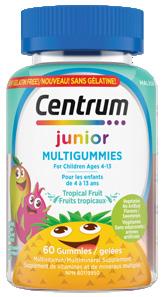
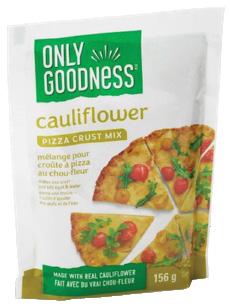


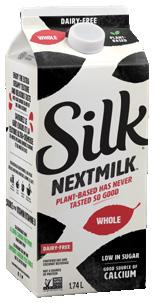


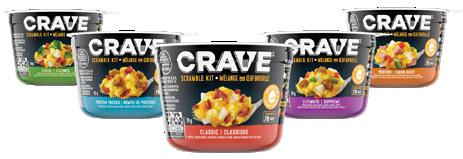


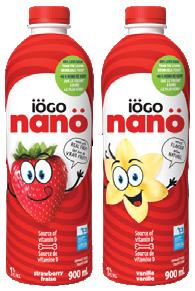


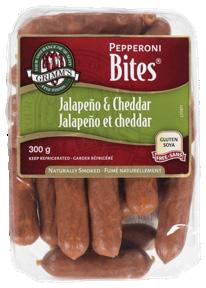
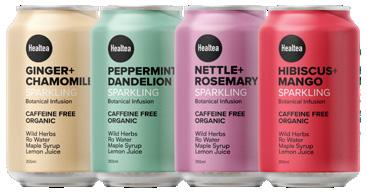





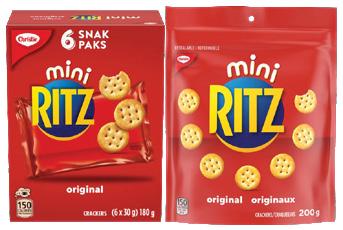






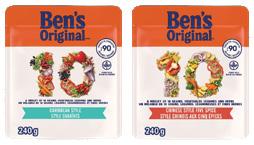
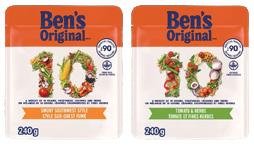
A lot of food goes to waste in Canada. In fact, food rescue organization Second Harvest estimates 96% of surplus edible food (imperfect fruit, wilted greens, ugly vegetables, for example) is wasted each year. But, with upcycling, these food items are rescued to make new products! This circular solution isn’t new, of course. Between 2019 and 2023, North American food and beverage launches with an upcycling claim climbed at a compound annual growth rate (CAGR) of 55%, reports Innova Market Insights. From desserts and side dishes to readyto-eat meals and alcoholic beverages, Lu Ann Williams, global insights director at Innova, says the trend is widespread.
Valued at US$53.7 billion in 2021, Allied Market Research estimates the global upcycled food market will climb to $97 billion by 2031.

By Chris Daniels

2 UP AND UP AND UP!
Loop Mission, a Quebec-based company that makes cold-pressed juices, smoothies and wellness shots using imperfect fruits and veggies, is on pace to grow sales by 38% this year over last.
Loop Mission co-founder David Côté says he initially worried about building the brand around imperfect produce, fearing it would turn off shoppers. “But, [that] would have been the worst mistake ever if we hadn’t,” he says. “Our mission became the ultimate marketing tool and the reason buyers took our call.”
Wize Tea, which makes sparkling iced teas from upcycled coffee leaves, is another Canadian success story. At the start of the year, the Vancouver-based brand was sold in 566 stores in Canada and the United States—a number that will grow to more
The Upcycled Food Association (UFA) is a U.S.-based nonprofit formed in 2019 to advocate for the upcycled food industry and to increase consumer demand for upcycled products. Since launching its Upcycled Certified Program in 2021, the organization has certified 530 products from nearly 100 companies in 14 countries, including Canada, diverting more than 1.25 million tons of food waste. The UFA’s members are made up of more than 240 upcycled food companies, more than a dozen of which are in Canada, including Loop Mission and Riverside Natural Foods.
4 PAY IT FORWARD
According to New Hope Network NEXT Data and Insights, 60% of natural channel shoppers—versus 39% of total shoppers—are willing to pay more for upcycled products to help the planet. “Upcycled foods appeal to environmentally conscious consumers seeking novel and sustainable food options,” says UFA CEO Amanda Oenbring, while providing “a practical way for food business leaders to meet ESG and sustainability commitments.”
than 900 by the end of September. “Consumers primarily connect on Wize Tea being low sugar and good-tasting; the upcycled component is a value-add,” says co-founder and CEO Max Rivest. John Gousvaris, operations manager at The Big Carrot Market in Toronto, says customers have been asking about Upcycled Grain Project, a New Zealand cracker brand made using grain discarded during beer production. “Their products are gaining popularity for both their sustainability and quality—we’re looking into carrying it,” he says. As for 2024 launches? Nortera is introducing a “Perfectly Imperfect” vegetable mix to its Arctic Gardens brand this August. The mix is made using crop leftovers and trimmings, including carrots, cauliflower, butternut squash and broccoli.


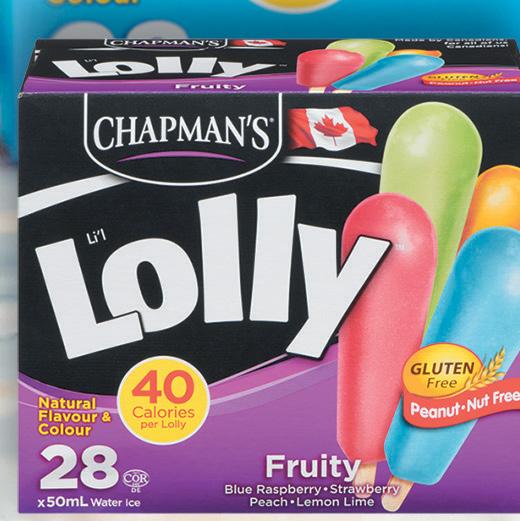
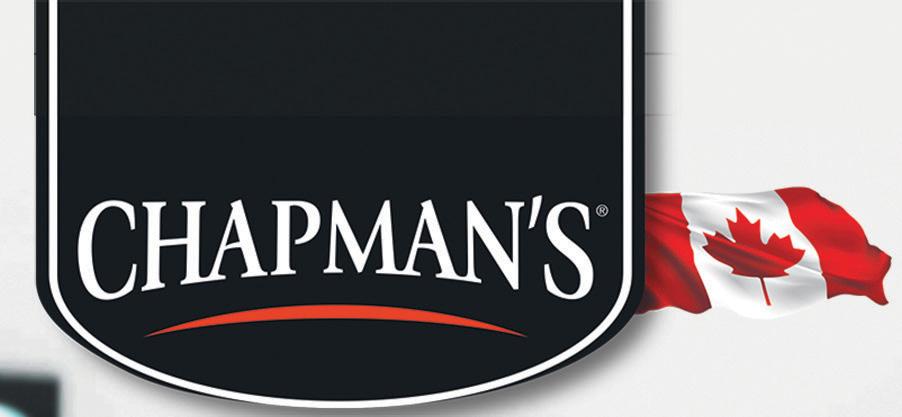
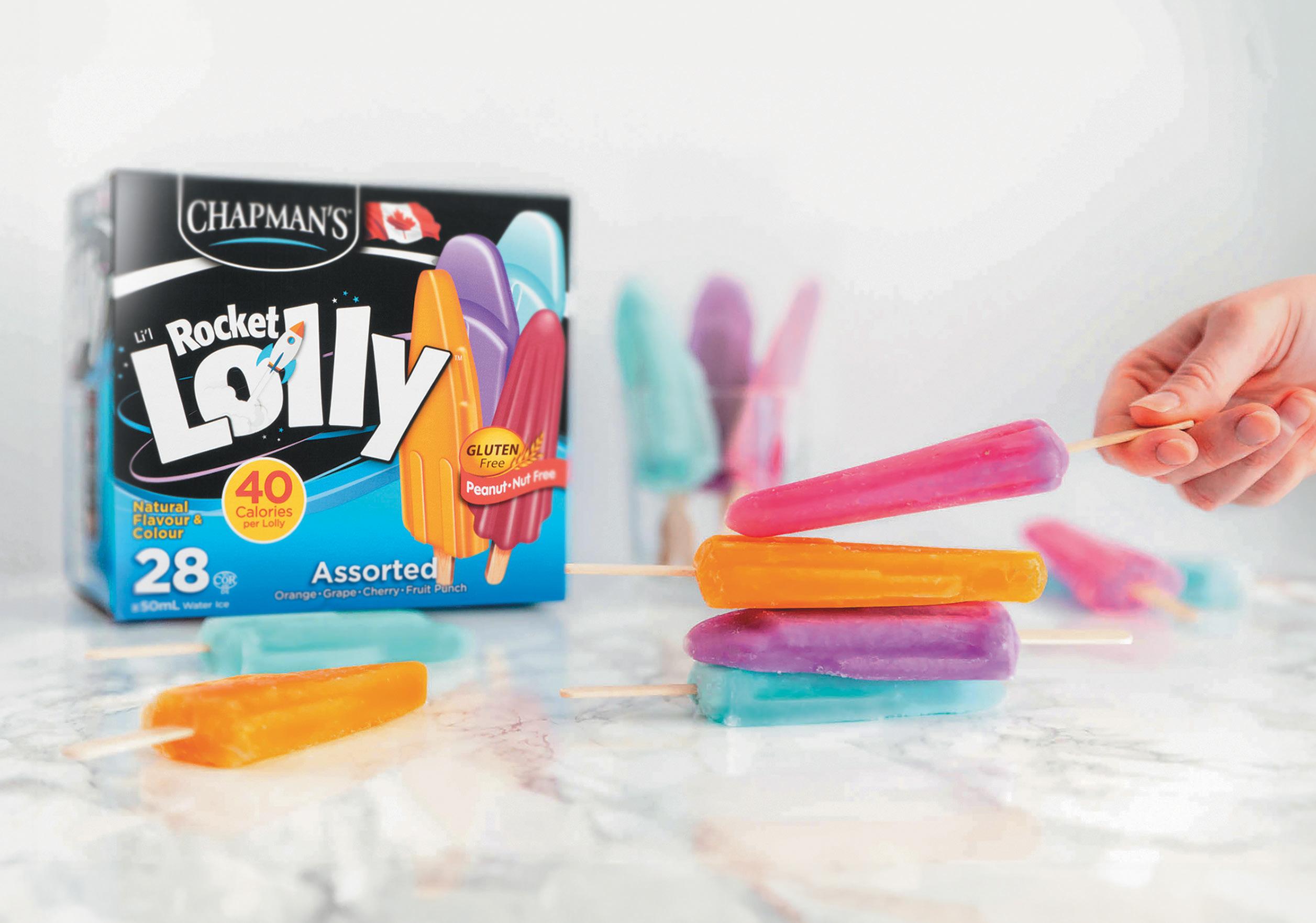



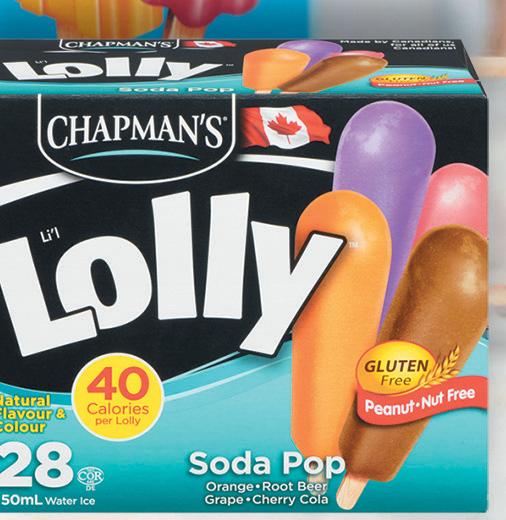











1 MCCAIN MEDLEYS (NEW FLAVOURS)
Building off its 2023 entry into the frozen vegetable category, McCain Foods Canada has added two flavours to its line of side dishes: Mexican Style (roasted potatoes, corn, black beans as well as red and green peppers with a chili lime flavour seasoning) and Smoky Paprika & Pepper (roasted potatoes, carrots, sweet potato, chickpeas and shelled edamame beans with a smoky paprika and pepper flavour seasoning).
2 FLOURISH PROTEIN MUG CAKES
Ideal as a single-serve breakfast or afternoon snack, Flourish Protein Mug Cakes are easy to prepare—add water and heat in the microwave for 90 seconds—and deliver on protein (23 grams) and fibre (seven grams). They’re available in Blueberry and Maple Cinnamon varieties.
3
In time for pasta salad season (yes, it’s a thing!). Barilla has launched two pasta shapes the brand says cater “to the growing demand for unique pasta cuts and restaurant-quality dining experiences at home.” Cellentani is a corkscrew-shaped pasta with a ridged surface, while gemelli pasta has the appearance of two separate strands twisted together.
4 TRE STELLE WHIPPED FETA DIPS
It just got easier for consumers to clock in on the food trend that has been dominating TikTok the past couple years. Tre Stelle has launched whipped feta dips in two flavours: Pesto and Roasted Red Pepper, both of which are nut free, made with 100% Canadian dairy and free from artificial flavours.
5 JOYFULL MILLETS
As its name implies, Joyfull Millets muesli cereal contains crunchy discs of millet—a sustainable, protein-rich grain that is high in fibre, gluten free, a source of calcium and iron, and has a low glycemic index. Available in Fruit & Nut, Choco & Nut, and Fruit, Nut & Seeds (with no added sugar), these cereals can be served in a bowl with milk, used as a yogurt topper or incorporated into muffin and bar recipes. CG
1
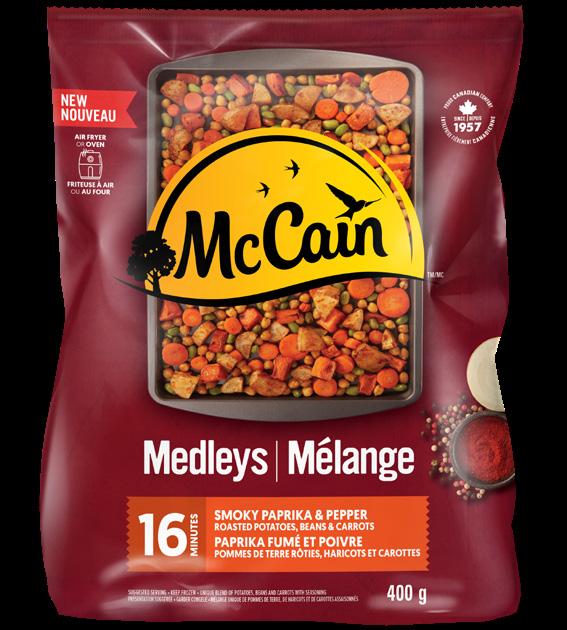
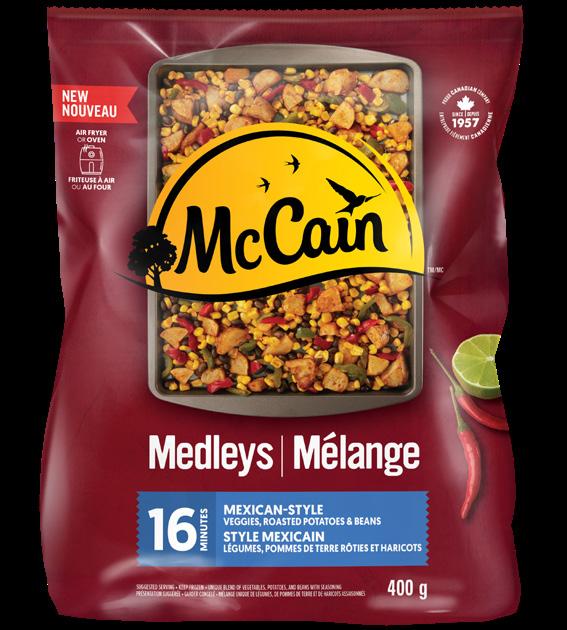

4
2
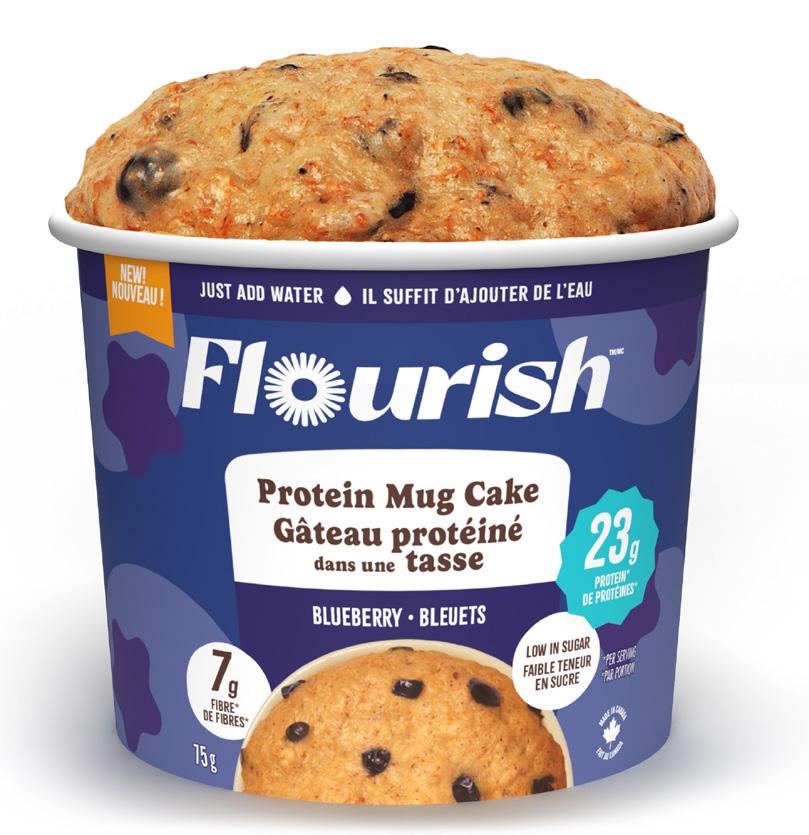
3
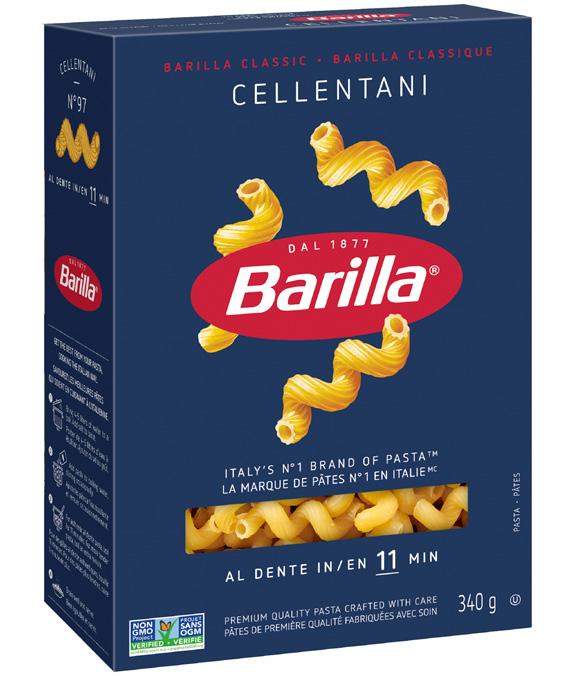
5
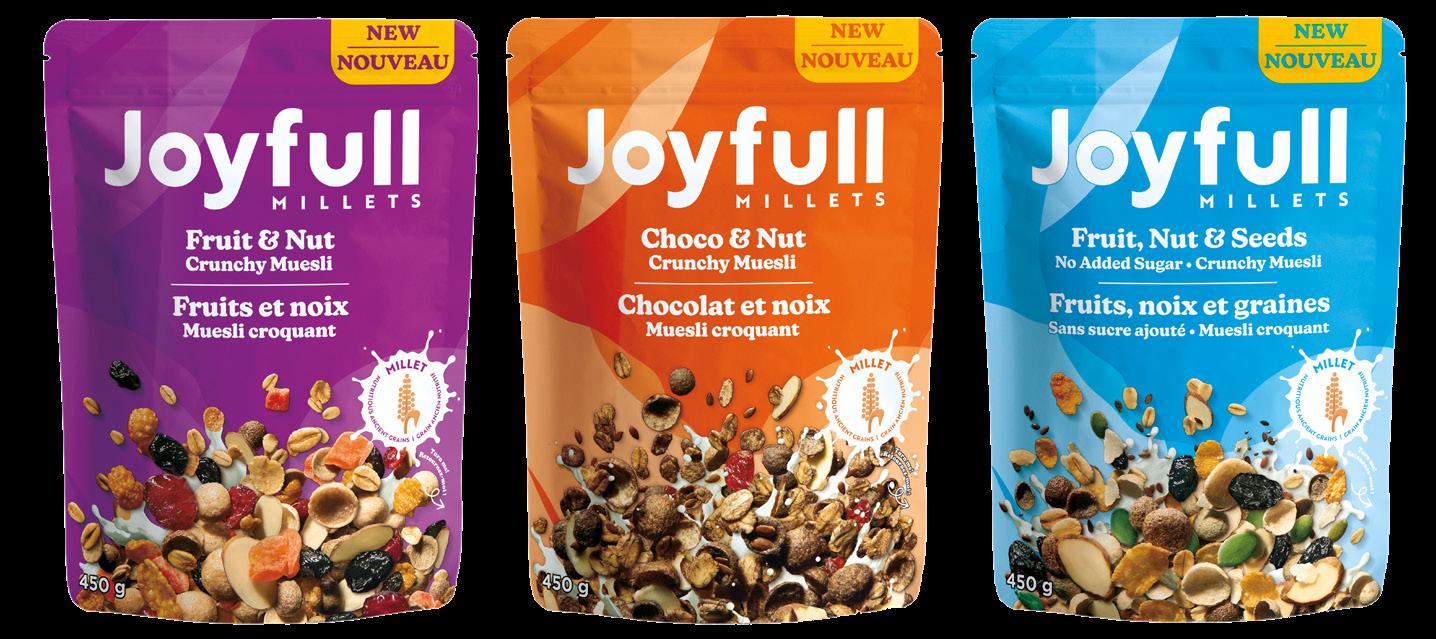
The journey to sustainability is long and complex, but there are ways to start and maintain it
By Kristin Laird
SUSTAINABILITY IS A massive topic that touches several areas of a grocer’s business and, because of this, the challenge can lie in knowing how to transition from commitment to action, and when and where to capture strategic and financial opportunities. We asked Joe Solly, partner, consumer sustainability and climate leader at Deloitte in Toronto, to shed light on some of these key areas. This interview has been edited for clarity and length.
When it comes to sustainability, how should grocers prioritize their efforts?
In terms of priorities, there’s a methodology to look at upwards of 200 topics across all the facets of sustainability. Understand them, define them, interpret them for your business and then prioritize. Get it down to a shorter list of maybe five things you want to double down on and improve, and then you drive hard at those with governance management systems, KPIs [key performance indicators], investment business cases, all that.
How should a company decide which five topics to focus on?
You can only achieve so much. So, when you do that prioritization process, you have to consider all your internal and external stakeholders—customers, suppliers, staff, government, NGOs, various stakeholders and investors that have an interest in your business. You consult and interact with them and you run a process to get to [those topics.] And that should be updated annually. Those topics can

change over time because you only have so much capital to put at something. Then, you get to the ones that allow you to reduce any negative impacts or harm from what your business is doing, but also think about where you can grow value. And value is anything from increased sales, increased shelf space, increased margin, while also reducing environmental factors.
How can grocers maintain momentum on this journey?
You cannot achieve momentum and scale and pace unless you have the full management team and a board aligned with the importance of sustainability, because that’s when things get understood. That’s when metrics matter. That’s when executive teams get compensated on their performance, accordingly, by their contributions to priority topics like climate. When you have the right governance, education, reporting and business case, you quickly get conviction to act, and especially when it also hits variable executive pay compensation.
How can a company ensure sustainability ties into its wider business purpose?
The secret recipe is you have to integrate the sustainability strategy and the business strategy. Some companies are doing a good job at that. Others are trying hard. If the plan is to double your sales in five years, how can you start thinking about things like offering broader low-carbon products to the market and to your assortment? You can charge more
for that, you can seek out new customers, you can grow your sales. So, that’s an example of how sustainability should integrate with a business strategy.
Is greenwashing a concern for grocers?
The risk, from a business perspective, is consumers don’t know enough about what a sustainable product is. So, you put these products out there, but you don’t have a strong education campaign that supports the uptake of it. [Grocers] must educate their customers through engagement, through campaigns, through all their digital apps and their social media. Drive incentives toward these products so consumers can do their part. Certainly, younger generations are passionate about climate. Start educating young people in a more effective way on social media and all the apps they’re using and make them feel compelled to buy these products— that’s a great winning strategy.
How can grocers balance sustainability with the bottom line?
You have to price it into all your decisions. For example, you can implement what’s called an internal cost of carbon and you can use that to make various business decisions. So, every time you look at renovating a store, building a store, changing suppliers, you should be factoring carbon into that equation and the cost of carbon, because it’s priced. CG

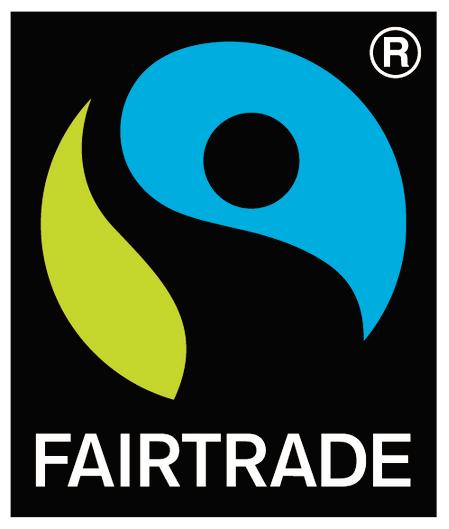

80%OF CONSUMERS saytheFairtrade Markhasapositive impactonabrand.*


Yourcustomersareshoppingtheirvalues. JoinFairtradeMonththisOctoberandlet'sgivethemsomethingtoshopabout.
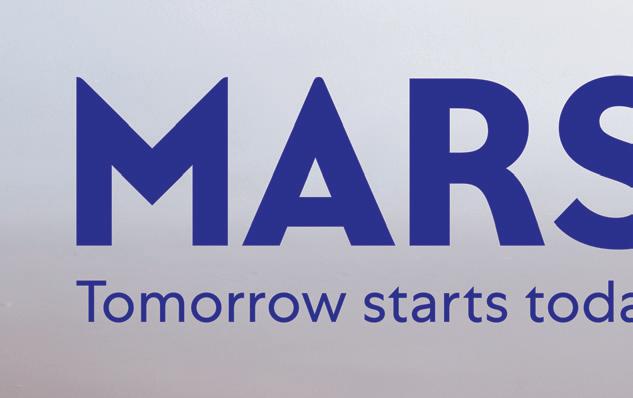

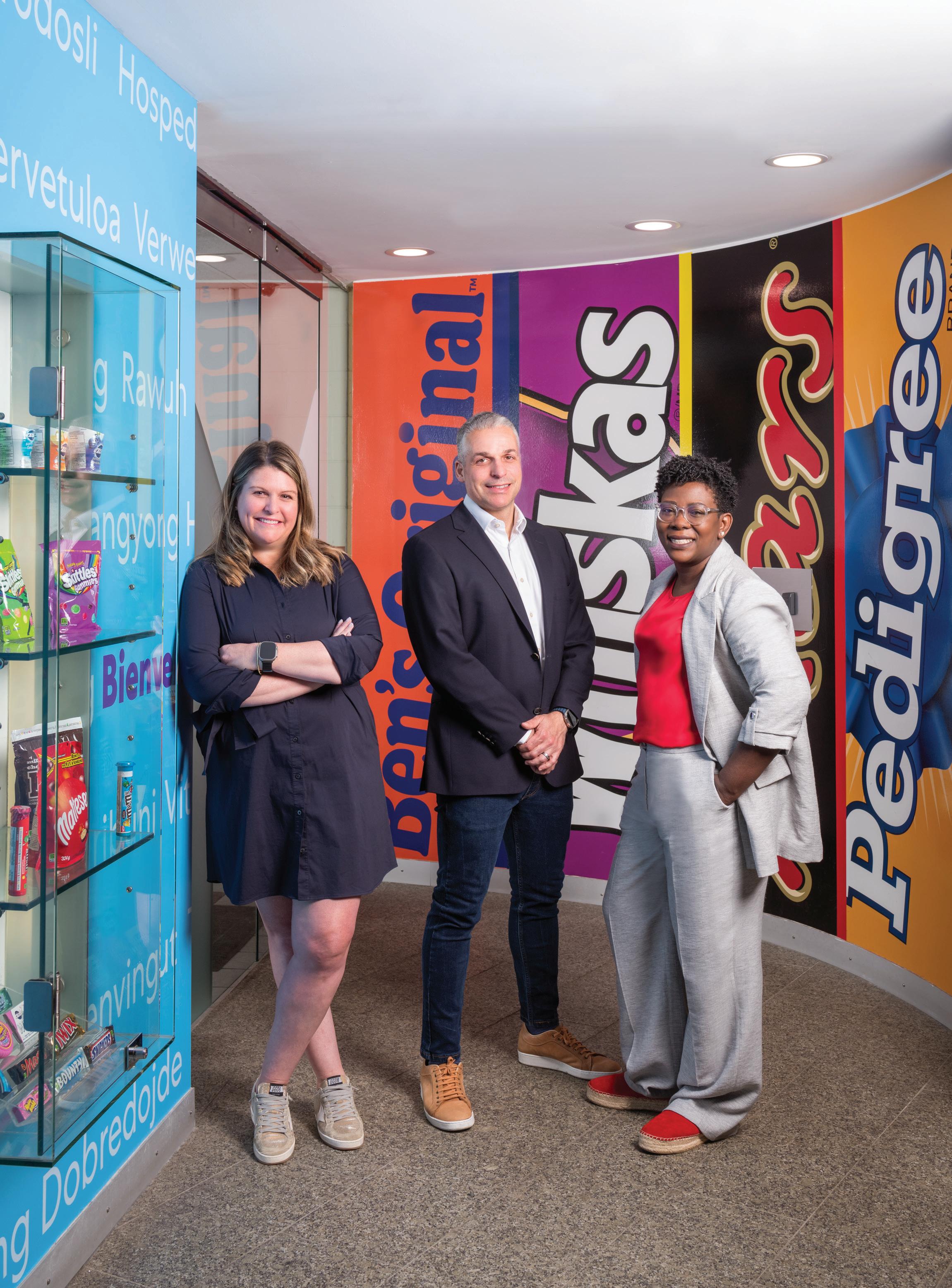
Mars connects with consumers through innovation, experiences, and iconic brands



























































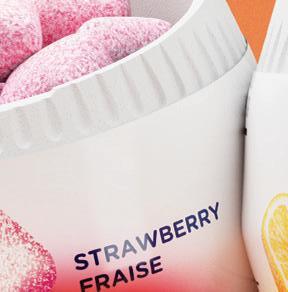
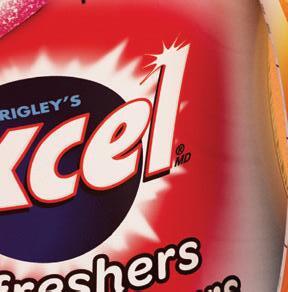









































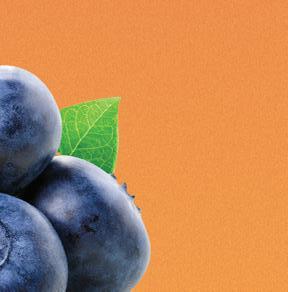















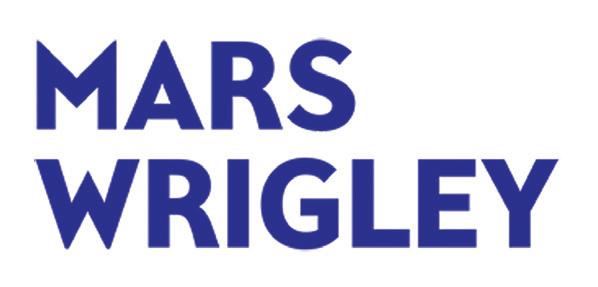
“I’ve always had a passion for the CPG industry. Seeing our products on the shelf and collaborating with customers to bring these items to consumers is incredibly rewarding,” says Ellen Thompson, general manager of Mars Wrigley Canada. “It’s ful lling to see our hard work come to fruition, especially when working with such iconic brands that play a role in everyone’s daily life.”
Thompson has been with Mars for almost 14 years, during which she has overseen various divisions including sales and marketing teams in the U.S., such as ice cream, confectionery, and pet nutrition. Previously she served as the GM of Mars Global Fishcare ,and most recently transitioned to the role of GM for Mars Wrigley Canada in August 2023. “The rst year has been fantastic,” she says, adding “I was lucky enough to adopt a very healthy and strong business from my predecessor. We’re the number-one confectionery manufacturer in Canada, and we have the number-one brand in all of confectionery with Excel gum. So for me, it has been less about a big revolution and more about an evolution. How can we ensure confectionery takes centre stage, supporting our grocers and retail partners in driving the category amidst challenges while prioritizing our brands so they’re front and centre, making it easy for people to pick them up and add a bit of joy to their day.”
Inspiring those everyday moments of happiness is the goal of Mars Wrigley, which o ers consumers in more than 180 countries a wide range of classic confectionery, gum and mint brands such as M&Ms, Skittles, Snickers, Excel and Starburst. “We talk to our customers a lot about how fun it is to work in
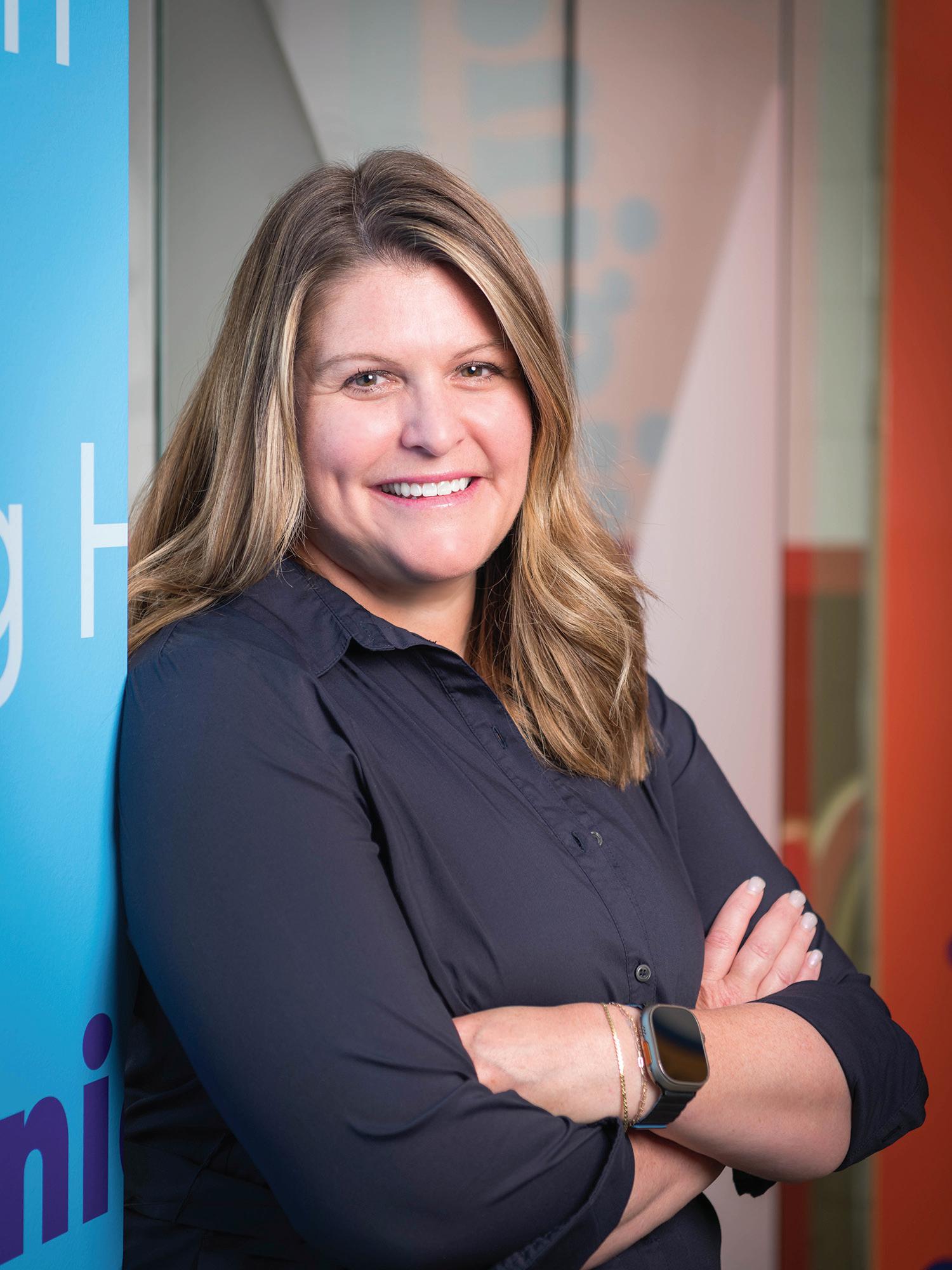
a category that brings people joy and happiness,” says Thompson. “The experience of having an everyday indulgence does bring a lightness to your day, but if you think about confectionery a lot of it is about creating connections. Whether it’s going to the movies and sharing a snack together, or watching an NFL game and having some M&Ms with your family, it’s all about creating connections around happiness and enjoyment.”
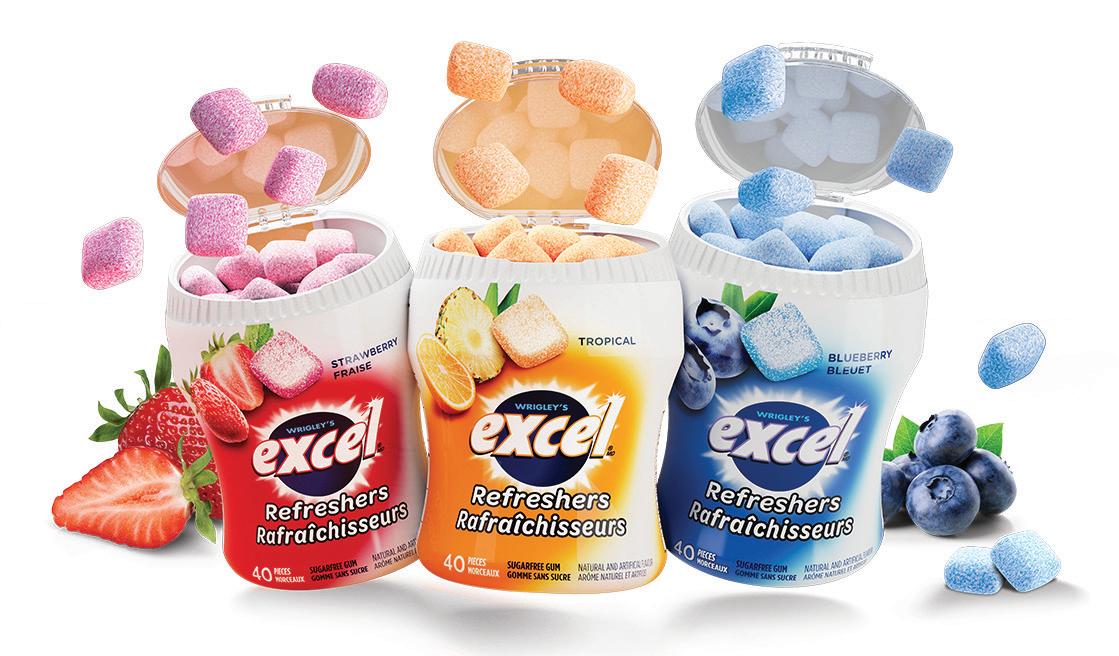
Thompson says confectionery consumers today are looking for products that o er indulgence and comfort, as well as robust avours, both trends Mars Wrigley has addressed with recent product launches. “Our Peanut Butter M&M Minis have a combination of chocolate and peanut butter that is very indulgent, sensory and comforting,” she notes. “And people are really looking for bold avours, especially Gen Z. They also enjoy gummies, so this year we’ve added sour gummies to our Skittles brand.” At the same time, Thompson says that the gum category has rebounded to pre-pandemic sales, and continues to show strong growth potential. “Ultimately, we want to make sure that we’re driving the category, and making sure that people remember the opportunities and the excitement that gum can bring, in addition to the entire confectionery category.”
Mars Wrigley’s latest innovation in the gum category is Refreshers, a so chew format available in three fruity avours: blueberry, strawberry and tropical fruit. Mars is known for its clever marketing campaigns, and Thompson says the continued rollout of Refreshers will include instore activations and displays that focus on driving impulse purchases, as well as immersive experiences for consumers at music festivals and concerts this summer. “We’re really leaning in on the music side of things, just knowing that our
target audience for refreshers is Gen Z,” explains Thompson.
“Having great brands to work with is fantastic, but in marketing, it’s equally crucial to inspire and entertain people. To truly stand out, it’s essential to be creative and compelling in a way that leaves a lasting impression and evokes emotion,” says Thompson. She points, for example, to M&Ms’ 2024 Super Bowl ad which showed legendary NFL players receiving an M&M’s Almost Champions Ring of Comfort featuring real diamonds made from peanut butter and a secret compartment designed to fit a single Peanut Butter M&Ms. In another memorable 2024 campaign the company introduced Hubba Bubba Pink paint by BEHR in partnership with Behr Paint Company, encouraging consumers to add fun and whimsical energy to their environment with the playful colour. To showcase the colour Mars also partnered with visual artist Briony Douglas on Instagram.
Social media and influencer engagement is a key component of the company’s marketing campaigns, and featured prominently in Mars’ 2023 Get Ready with Me and Study Beats programs for Excel. The latter program collaborated with ASMR (autonomous sensory meridian response) creators and featured a playlist of ASMR sounds replicating the entire experience of popping open and chewing Excel. “Gum helps with mood management and it helps to de-stress, so it’s a natural connection for students,” explains Thompson, adding that the campaign ran around exam time last year, while another ASMR campaign this year will be aimed at back to school activations. “We know ASMR is an area that is attractive to the younger generation (Gen Z), and so a lot of it was helping us to break through with that generation and reach out to them in a way that they could associate with the brand and that is very authentic to them.”
Thompson emphasizes that partnering with retail customers will con tinue to be crucial to the success of each brand. “That is where the consumer sees, experiences, and selects the product. So these partnerships are essential to us,” she says. “As the leader in confection ery, we are committed to driving the cate gory and collaborating closely with our customers. We’re enthusiastic about the year ahead and are dedicated to provide




What are you most proud of about your time with Mars so far?
I’m really proud to work for Mars, a family-owned company that can think in generations. We really believe that the world we want tomorrow starts with how we do business today. I’m proud to work for an organization that’s committed to Associate development. When I see my team succeed and continue to progress in the organization, it’s personally and professionally rewarding for me.
What’s your favourite Mars Wrigley product?

I love Peanut Butter M&Ms. I am a peanut butter person, and I do think our peanut butter inside the M&Ms is especially excellent!
What issue affecting the food and grocery industry are you most passionate about?
I get a lot of energy from our associates, and one area I’m very passionate about is helping to develop and mentor other women. I’ve been lucky enough to have a lot of really great support, and I want to make sure that we’re building the next generation of female leaders. It’s really important for us at Mars to make sure we’re fostering a diverse workforce, and a place that I know I can contribute in a big way is with our female leaders.
What do you like to do when not working?
My husband and I are picking up pickleball together and we like to stay active when we can. I have two teenage girls who keep me very busy from softball practices to lacrosse. As a family we’ve been traveling to different parts of Canada, Toronto, Halifax, Montreal and have been enjoying exploring cities and provinces.

Daniel Calderoni has spent much of his career in the CPG industry working around the world, including in Brazil and China, the U.K., South Africa and Argentina. That global outlook has served him well in his eight years with Mars, rst as vice president of emerging markets for pet nutrition, and then leading the Southern Cone, a multi-sales unit with responsibility for pet, confectionery and gum markets in Argentina, Brazil, Chile, Uruguay, and Paraguay.
Now as general manager of Mars Pet Nutrition Canada, Calderoni says he’s excited about the return to pet nutrition, as well the move to Ontario. “I have been loving not just the job, but the country. It’s a segment that’s super exciting,” he says. “As a company we really want to make a better world for pets, because we believe pets make our lives better. My family and I have a ve year old Dachshund named Banguela, and she makes our lives so much better.”
Mars Pet Nutrition is part of Mars Petcare, a division with more than 100,000 employees around the world in over 130 countries. The company produces more than 50 global pet food brands for dogs, cats, horses, birds and sh, including household names such as Pedigree, Whiskas, and Iams. Mars Petcare also owns veterinary hospitals, technology and diagnosis businesses, and the Waltham Petcare Science Center, a research centre innovating in pet nutrition and health. “So we really have an ecosystem approach to make the pet and the pet parents’ lives much better,” says Calderoni. “The innovation, our activations with the customers, all the work we do, they always have the pet parent at the centre.”
In February 2024 Mars released its Pets Connect Us report on trends in pet parenthood in Canada and the U.S, which highlighted the positive impact pets have on our lives, including how they help build connections and community. “Currently in Canada we have 16 million cats and dogs. So pet care is one of the top ve largest categories for consumers in Canada,” says Calderoni, noting that research shows cat and dog populations are growing by 3.3 and two per cent respectively per

they sleep with their pets on their bed. They treat their pets as members of the family, and they feed their pets the way they feed their family.” Calderoni notes that the Cesar brand Wholesome Bowls dog food with real chicken, beef and vegetables, is one product that answers this demand.

Pet parents are also becoming more vocal in wanting products that are environmentally friendly and sustainably sourced. “It’s not just about pet parenthood, but also about the way pet parents are looking at society overall,” he explains. “For pet parents, having sustainable products is even more important. So as a company we are trying to do our part. We want to reduce our impact by 2030 and we want to be completely net zero by 2050. And when we think about sustainability, it’s not just about the numbers. It’s really about the tangible actions we make to achieve net zero by 2050.”
The SHEBA brand of premium wet cat food in Canada, made with sustainable sh as a rst ingredient and free from grain, soy or arti cial avours,
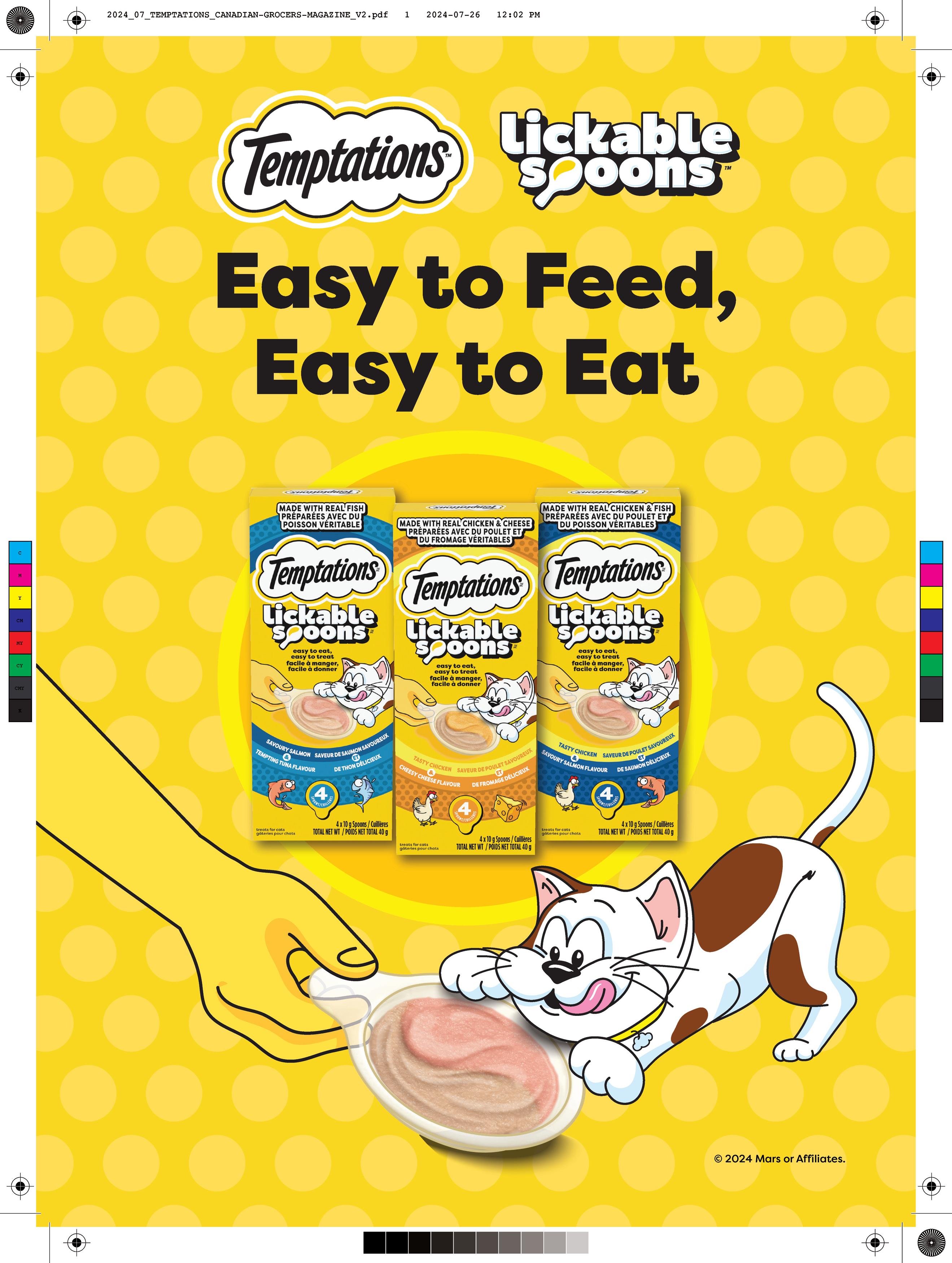

also answers the call for healthy products that emphasize sustainability. To celebrate the brand’s launch in Canada last year, the brand hosted an immersive, multisensory experience in Toronto showcasing its ongoing Hope Grows Campaign to restore coral reefs in 10 countries, including Indonesia and the Maldives. “SHEBA has a long term partnership with Hope Reef, and our approach has really been to support the communities involved to be able to take care of their local reefs.”
Community support is a priority for Mars in connecting with pet parents. That includes grants and partnerships with pet shelters, donations through The Pedigree Foundation to help dogs, and the Better Cities for Pets program, which launched in Canada last year in Caledon, ON. “This is a program that’s really close to my heart,” smiles Calderoni. “It is a program where we support the city to become pet friendly. But it’s not just a grant and investment, it’s a partnership to make the public spaces and the city much more friendly to pets.” There are already more than 100 U.S. cities participating in the program, and Calderoni says the company is currently in conversation with other Canadian cities.
Of course product innovation is a key way Mars brings experiences to life for pet parents by encouraging bonding moments with their animals. “For cat pet parents the treating moment is such an important bonding moment, so we really wanted to make that moment better,” says Calderoni. “The lickable segment, which is part of the cat treat segment, is the fastest growing segment, but our insight was that it’s very messy. So we created a spoon which makes that amazing moment less messy, much more convenient, and therefore you have a much longer moment to bond with your cat.” The new product, Temptations Lickable Spoons, combines two creamy cat food flavours that can be served straight from the spoon as a mess-free treat or meal complement.
The product launched earlier this year, and will be supported by an aggressive marketing campaign. “We’re bringing it to life with three key things: a 360-degree activation using TikTok to really drive a fully holistic brand experience,” says Calderoni. “The second is sampling — we’re going to make sure that it’s delivered to more than 100,000 households in Canada. And then the third piece is our partners, our retailers. We’ll be partnering with our grocery customers and pet shops so that consumers can really see that innovation whenever they’re shopping and hopefully experience it.”
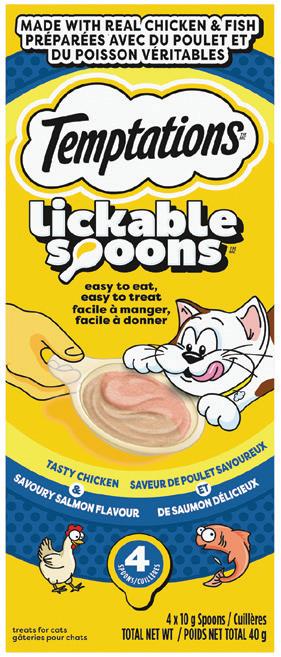

What are you most proud of about your time with Mars so far?
Mars is a company where the values and the principles are not just words on the wall. We really live through that. The five principles are our guiding light in the way we make decisions and we think about business, about our society, about our customers. So I’m really proud to work for Mars and to lead through the five principles.
What issue affecting the food and grocery issue are you most passionate about?
Attracting and retaining top talent. We spend a great deal of time creating and fostering an environment where people want to join, to stay and to grow with us. I’m so proud, for instance, that Mars has been recognized as one of the Top 100 Employers in Canada year over year. It shows that we’re doing something right, but at the same time, it’s about how we continue to evolve and learn with our associates.
What’s your favourite Mars Pet Product?
I love all our brands, so it’s a tough one, but I’ll say that Banguela eats Cesar and Pedigree at home.
What do you like to do when not working?
I love cycling. It’s when I listen to music, to podcasts, so I get the right energy for
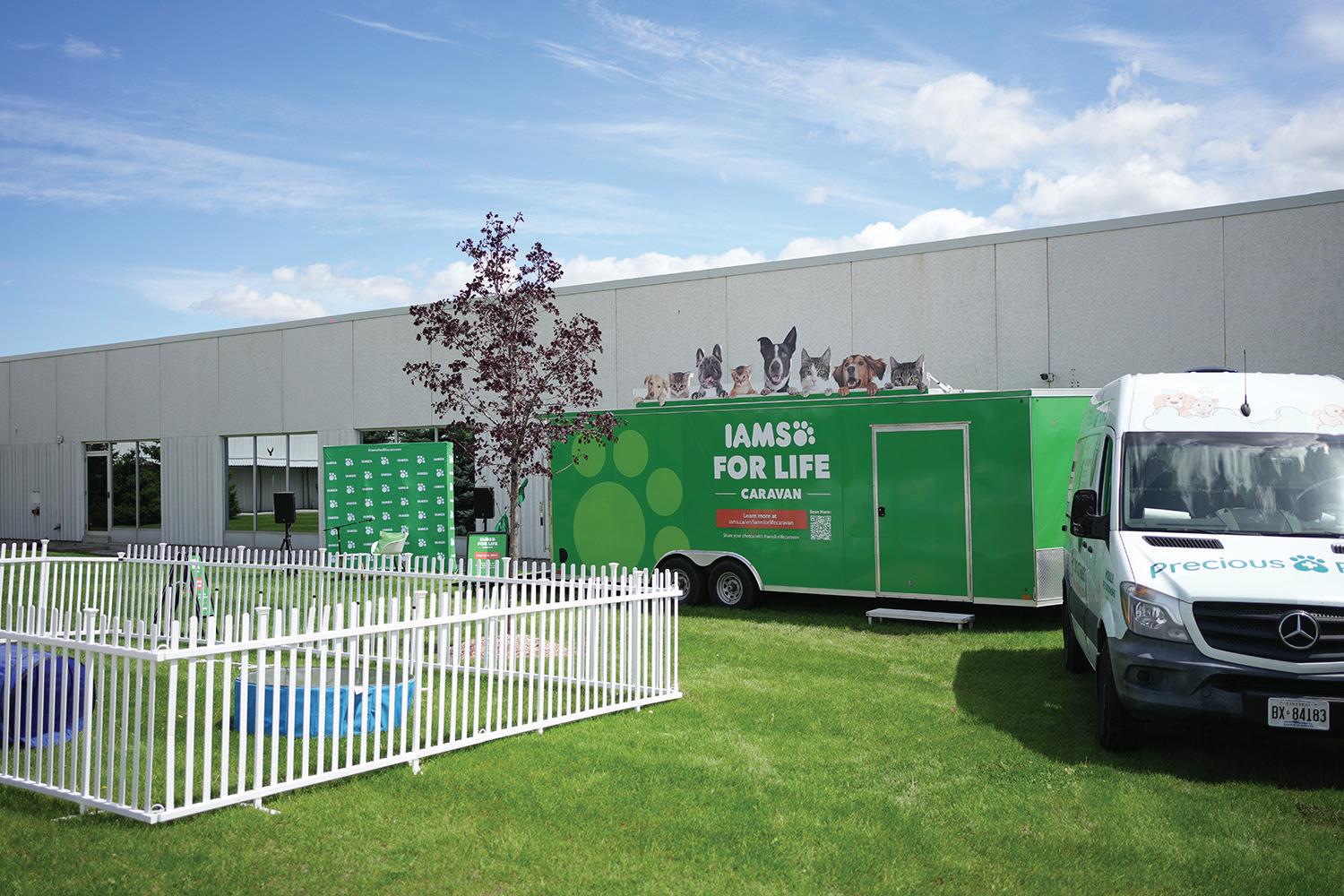
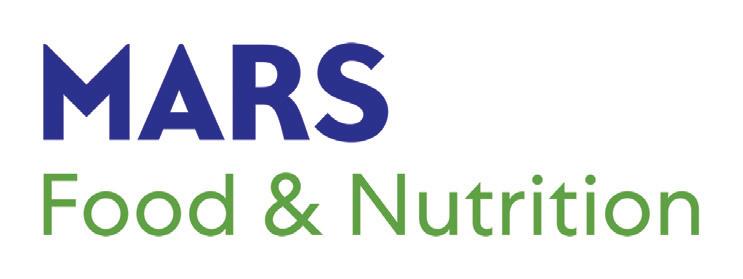
“The first six months have been amazing in terms of learning the business anew from the point of view of a GM,” laughs Derin Bello, recalling her first months since becoming general manager of Mars Food & Nutrition in January 2024. “I have been exposed to every aspect of our business, from farm to pouch, gaining first-hand insights into our value chain. This included visiting our rice farms, engaging with associates and retailers and gaining a holistic view of our business and operations.”
Bello’s new role is the latest step in her 18-year career with Mars that began in category management for the company’s chocolate business. With her strong background in the CPG industry, Bello progressed her career moving from chocolate to the food division and then returned to Mars Wrigley as vice-president of sales. It was in that role that Bello was recognized with a Canadian Grocer 2023 Star Women in Grocery Award. “With Mars, you have the opportunity to demonstrate you can grow and do more in your career. The business gives you a lot of opportunity for cross functional roles and moves across and outside of your home country. I have received so much support to advance my career at Mars, allowing me to align my professional journey with my personal purpose.”

A family-owned organization, Mars Food & Nutrition is a segment of Mars, Inc. with roughly 2,000 employees across the globe, o ers 13 food brands that provide delicious, convenient, nutritious, and a ordable meal options. That includes its iconic 70-year-old brand Ben’s Original, the number-one rice brand in Canada, which Bello says is experienced by one in three Canadians. “The mission of the business — better food today, a better world tomorrow — truly means you’re impacting lives every day,” she explains. “That’s such a responsibility in terms of how you ensure that every product delivers on what it promises. And coming from the perspective of a mom with three kids, also feeding my kids the same products, it brings our mission and our purpose to life every day.”
Bello also refers to the company’s Five Principles — Quality, Responsibility, Mutuality, E ciency, Freedom — and how Mars innovates and makes decisions based on these core values and their impact on the community. “We have two primary goals we’re actively addressing at Mars Food & Nutrition. Firstly, our focus is on improving food access for underserved communities, a challenge we’re uniquely poised to tackle. The second, we’re committed to ensuring our e orts are dedicated to supporting underrepresented and marginalized communities in addressing this critical issue.”
Mars works closely with Caledon Community Services in the
Caledon-Bolton, ON community where its head o ce and production plant is located, last year donating $75,000 in addition to food and volunteer hours. Since August 2022, Mars Food & Nutrition in Canada has launched two initiatives focused on supporting vulnerable communities: the Ben’s Original Seat at the Table Fund, a $200,000 scholarship program in partnership with culinary schools that helps students who identify as Black, Indigenous, or Persons of Colour to pursue a food industry career; and the Ben’s Original Be an A er School Hero initiative with Food Banks Canada, which has an educational component covering healthy food and cooking practices. “We’re also planning to give out about 400,000 pouches of Ben’s Original rice
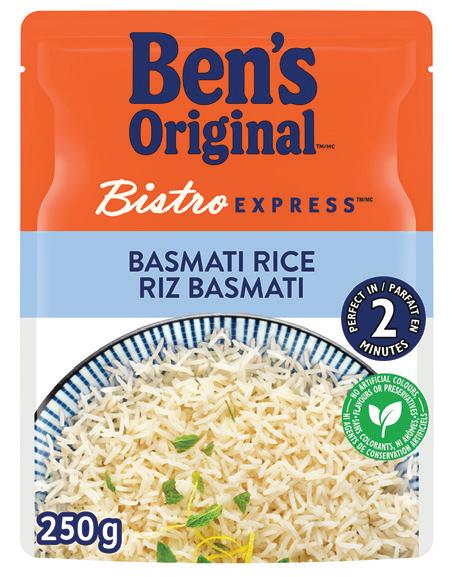
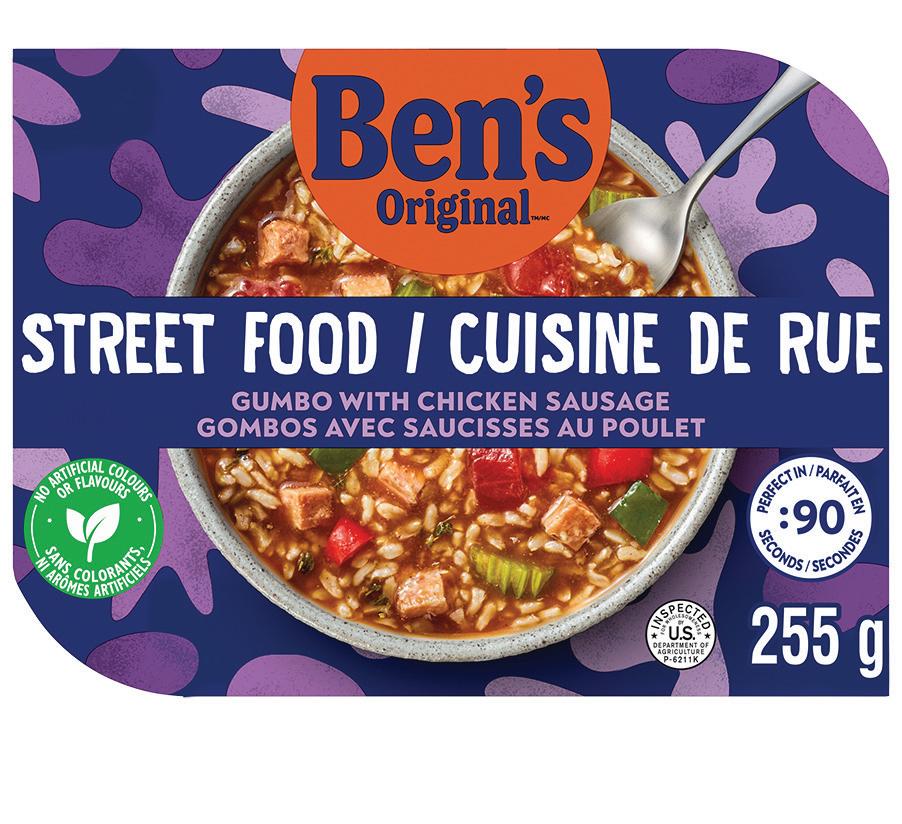
valued at about $1 million with a focus on children — serving and meeting the needs of food insecurity in the community this summer,” says Bello. “Our brands lend themselves to the seasons, because food is all around bringing people together to celebrate.”
Bello notes that additional products and retail partnerships aimed at the back to school season are in the works. “We have a really strong innovation agenda,” she says, pointing to Street Food, a range of ready meal entrées with rice, vegetable, and protein under the Ben’s Original brand. “We’re going to be driving a lot of growth into the category and recruiting more shoppers through innovation,” says Bello.
Available in four flavours — Bean & Rice Burrito Bowl, Fried Rice with Vegetables, Gumbo with Chicken Andouille Sausage, Jamaican Jerk Style Red Beans & Rice with Chicken — Street Food is ideal for consumers looking for globally- inspired delicious and convenient options packed with fiber and protein. The line has already begun its rollout, and Bello says it will be heavily supported with in-store activations, shelf blades, sampling programs, digital media, custom couponing, and other promotions. “The team is also going to be partnering with different influencers and content creators across Canada to demonstrate how the product comes to life, how tasty and convenient it is.”
Bello is also excited about the relaunch of Tasty Bite, an innovative brand of all-natural, ready-to-heat Indian and Asian entrées, rice, and entrée bowls which Mars acquired in 2017. The line of authentic recipes is currently available at major retailers, with additional brand extensions planned for next year. “The shift in demographics in Canada means there are more Indian restaurants and increased interest in Indian cuisine. So we’re giving consumers that love Indian cuisine the opportunity to easily bring these authentic flavours into their homes. It is a timely category for us to enter at this point in time.”
Leaning into new innovation keeps Bello energized on the job. “Because of the fast pace of the grocery industry, there is always a new problem to solve, and there’s always a need for some new thinking, and new approaches,” she adds. “This is why as a business, we are always thinking about the next consumer need—and we are placing big bets on, delivering solutions that offer healthy, easy, accessible ,and tasty meal options . I get a deep satisfaction working with my team and our partners to ensure we have the resources we need to bring amazing brands to consumers every day.”
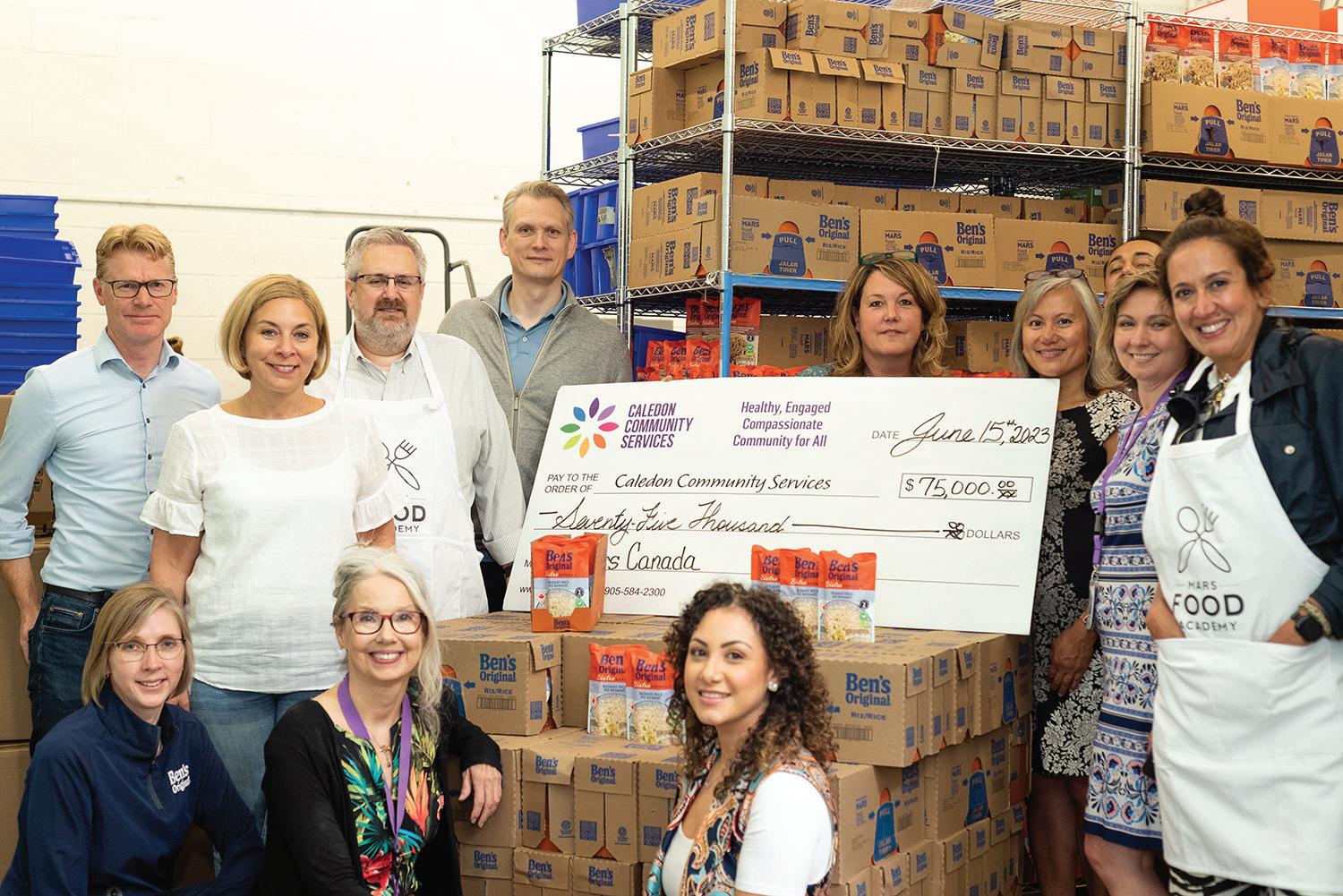
What are you most proud of about your time with Mars so far?
What I’m most proud of during my time at Mars is my role as the core lead for our Women & Allies Network. It’s been incredibly fulfilling to leverage this platform to establish robust support for female associates and to help facilitate career development. Witnessing the growth and success of others brings me immense joy both personally and professionally. I take pride in fostering an environment that intentionally nurtures and empowers individuals to flourish.
What issue affecting the food and grocery industry are you most passionate about?
I’m most passionate about helping to improve access to healthy foods for those who need it most. Having worked across various continents, in both developed and developing markets, I’ve witnessed first hand the diverse spectrum of food insecurity. It is a significant issue in Canada, just the same as it is in developing countries I’ve experienced. Being part of a brand that is intent on addressing and supporting initiatives in this space deeply resonates with me.
What’s your favourite Mars product?
The Ben’s Original Bistro Express Basmati pouch is one of our top-selling products, and as a versatile product, it’s also a staple in my own pantry! We’ve also launched a new Ben’s Original Bistro Express Tikka Masala flavour, and it’s so tasty.
What do you like to do when not working?
When I need to relax, I decide what Japanese anime I need to catch up on. If I’m watching with my son, it has to be something for him, and with my older daughters we can literally just sit and binge watch any show.







































































































































